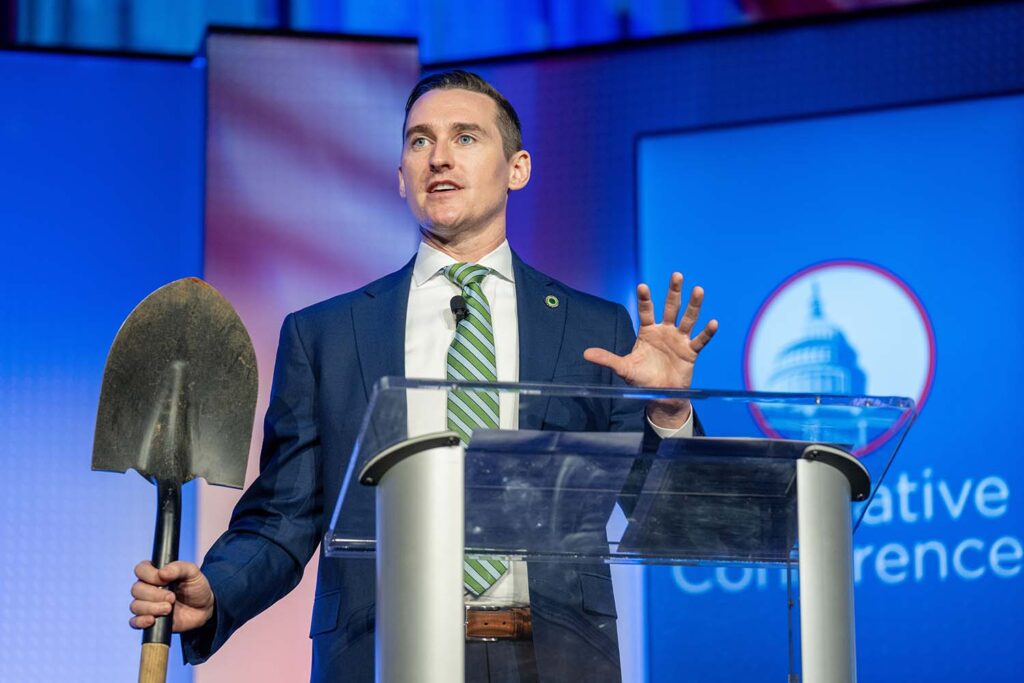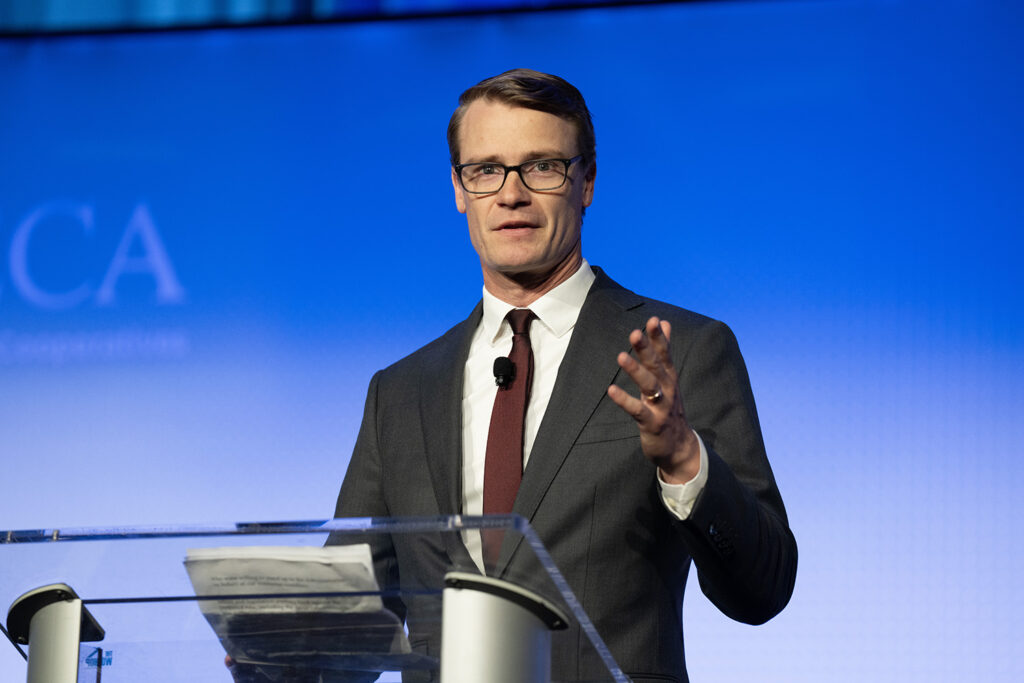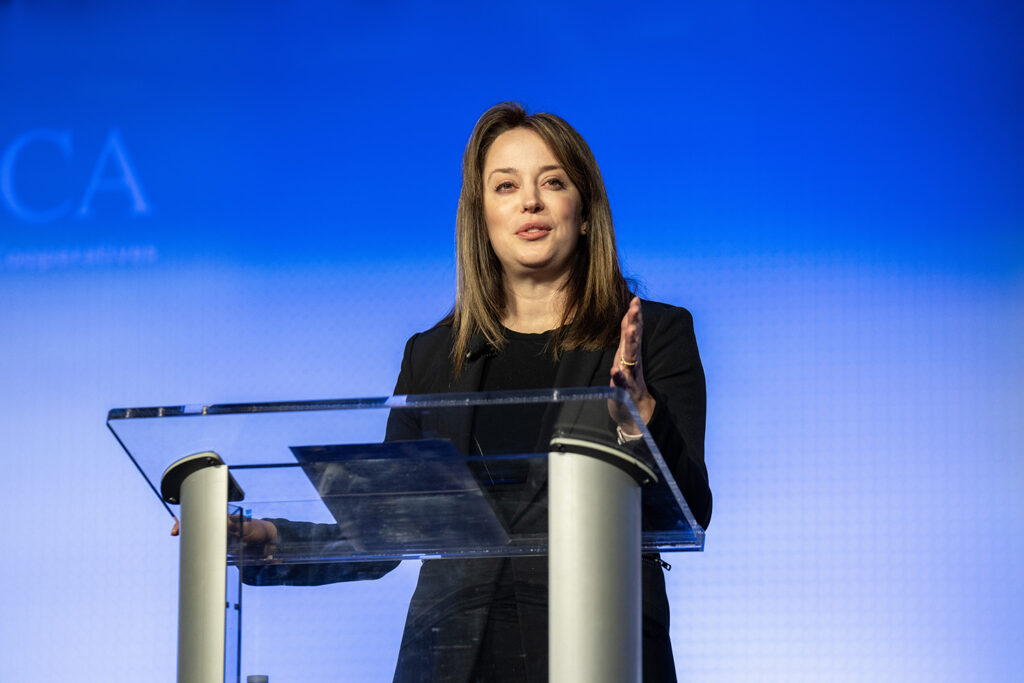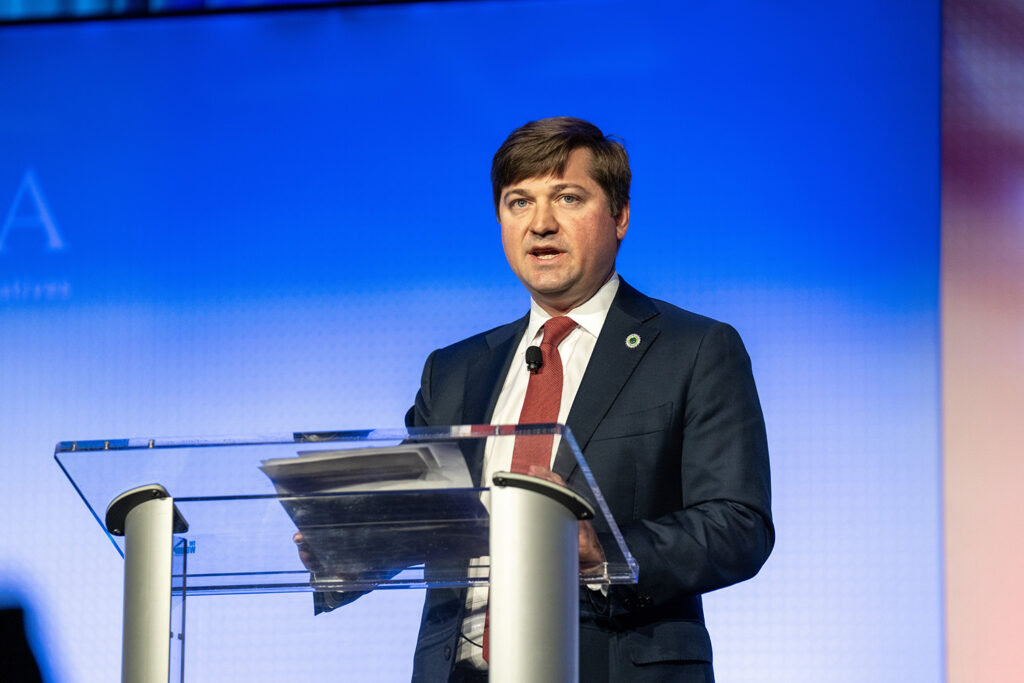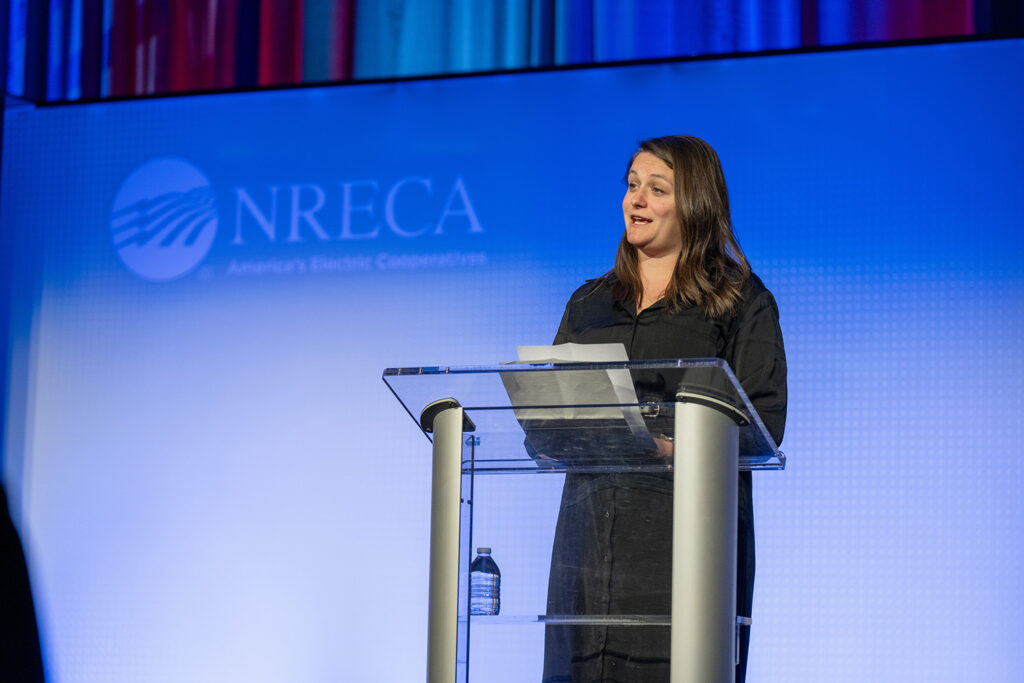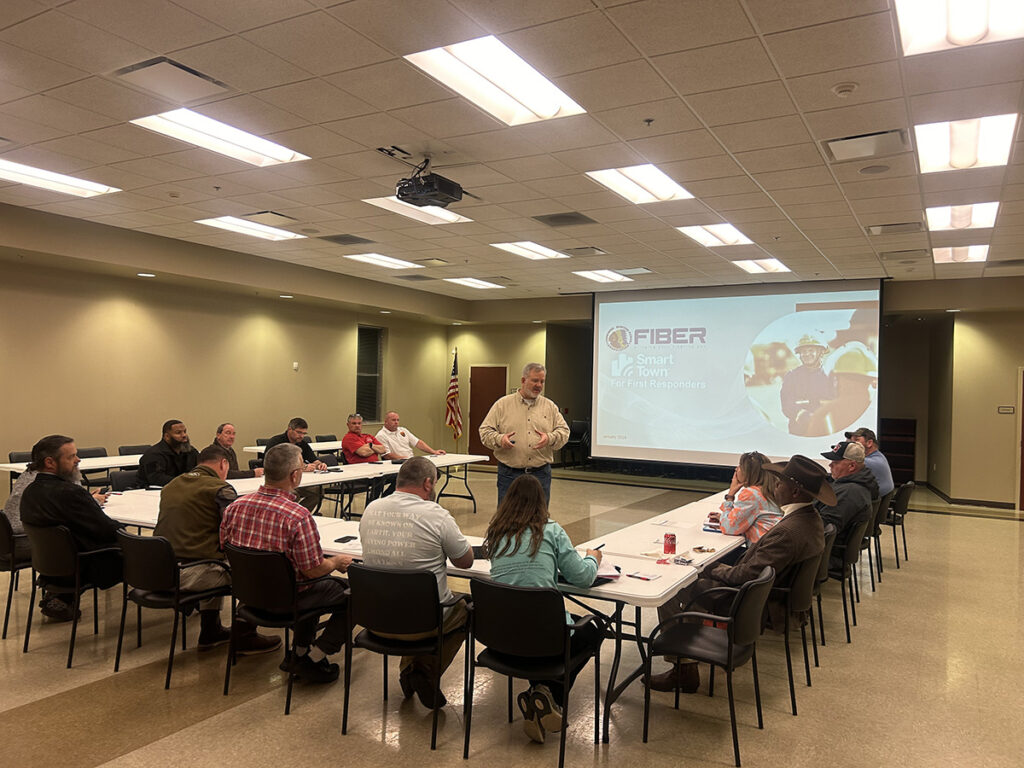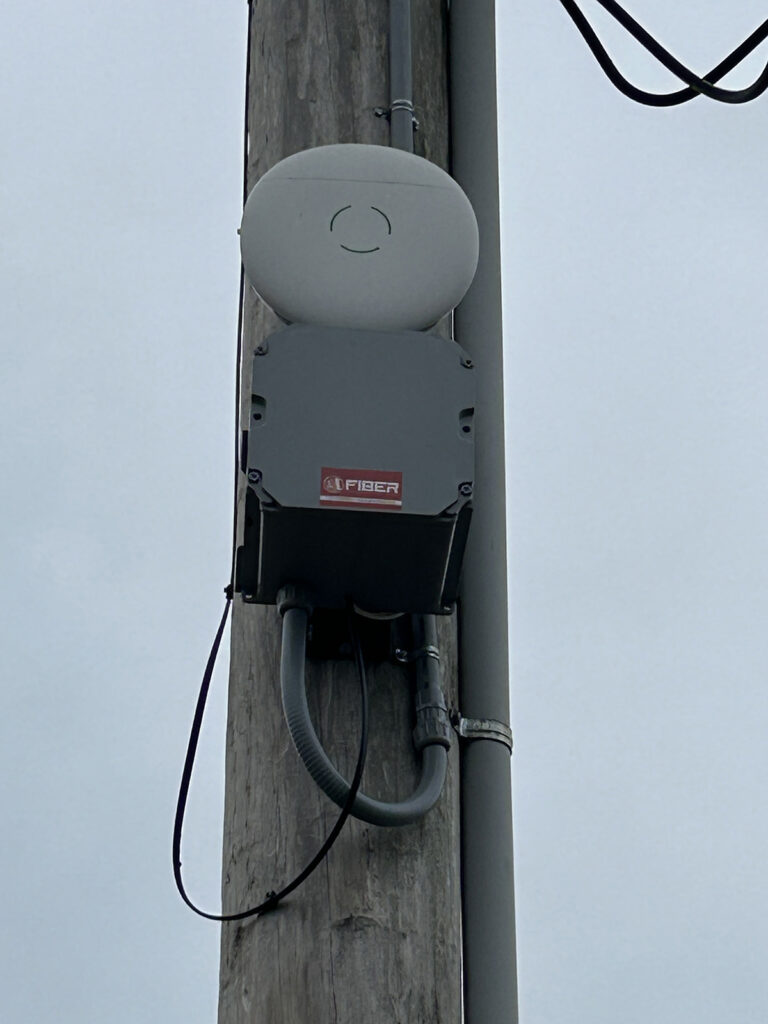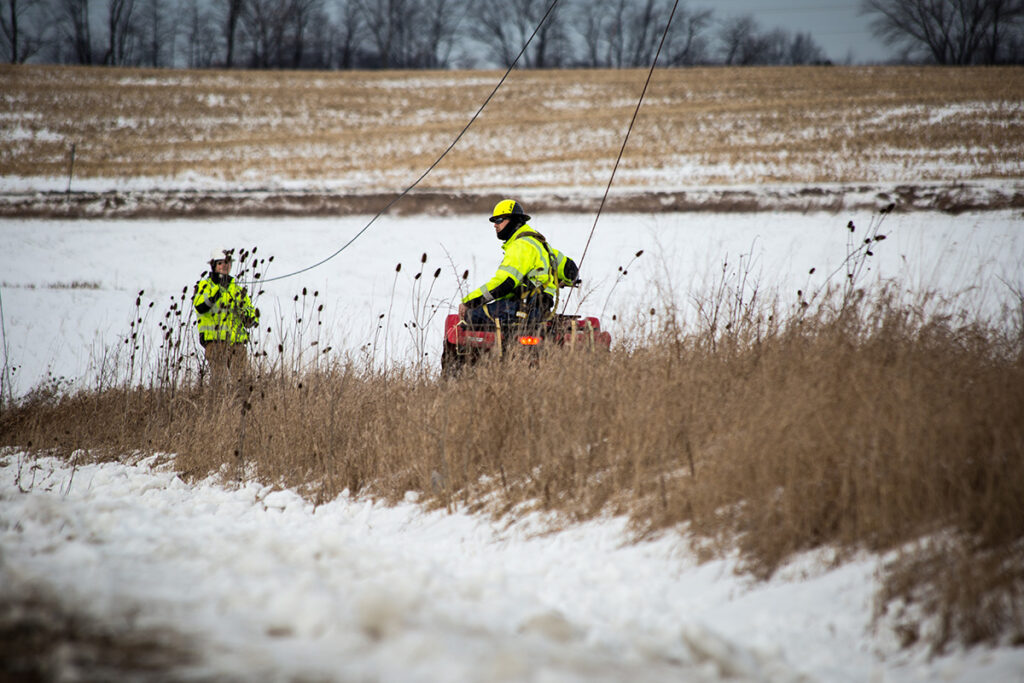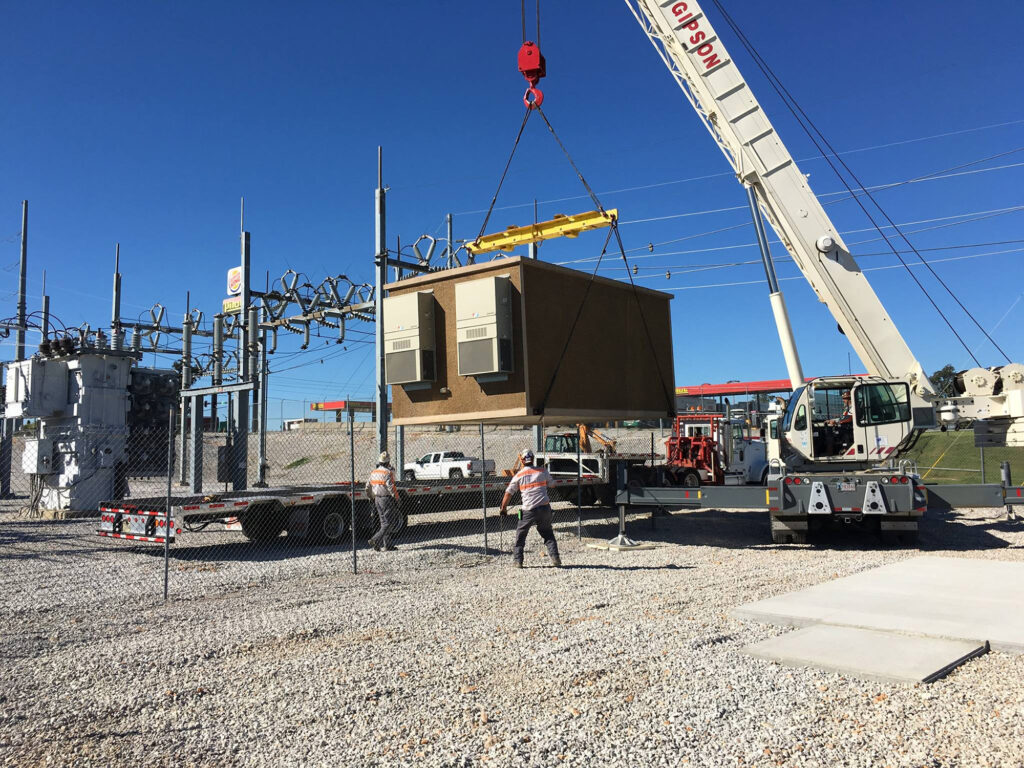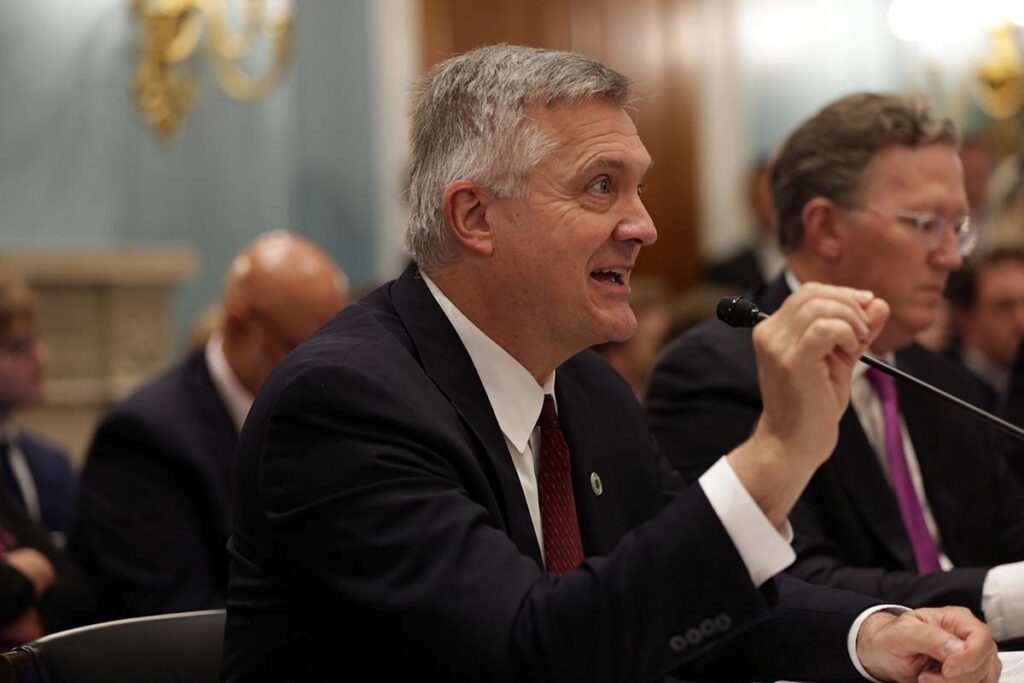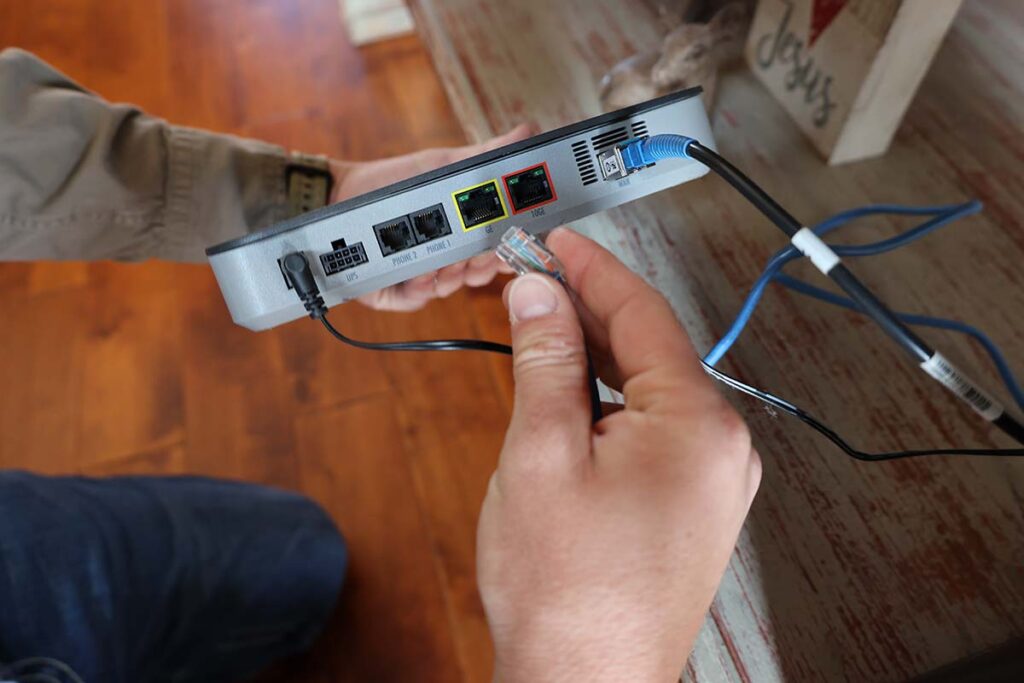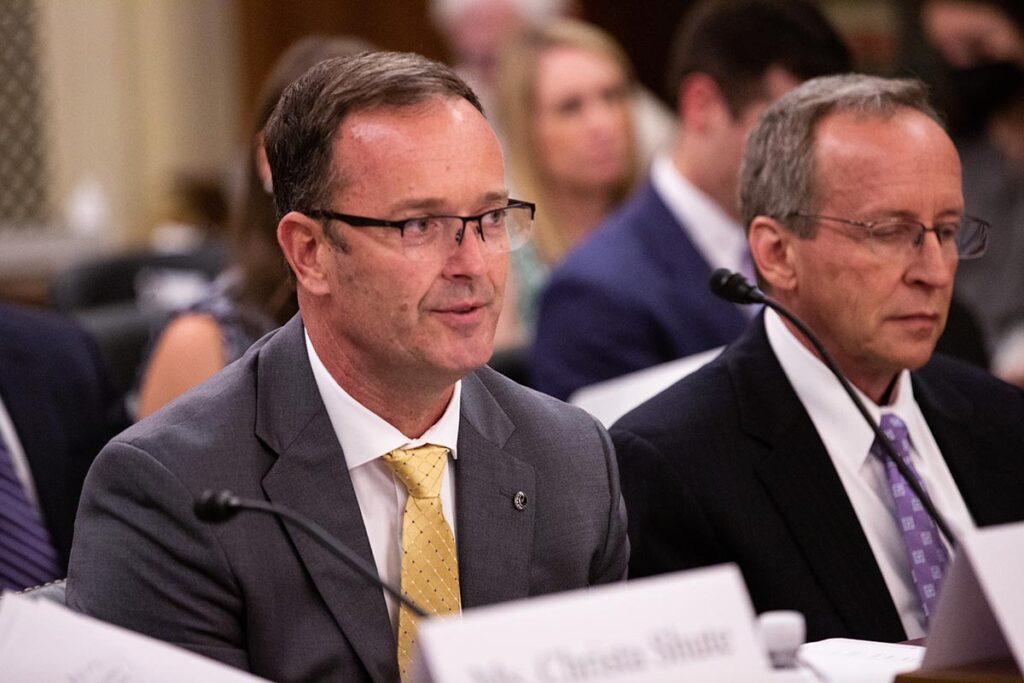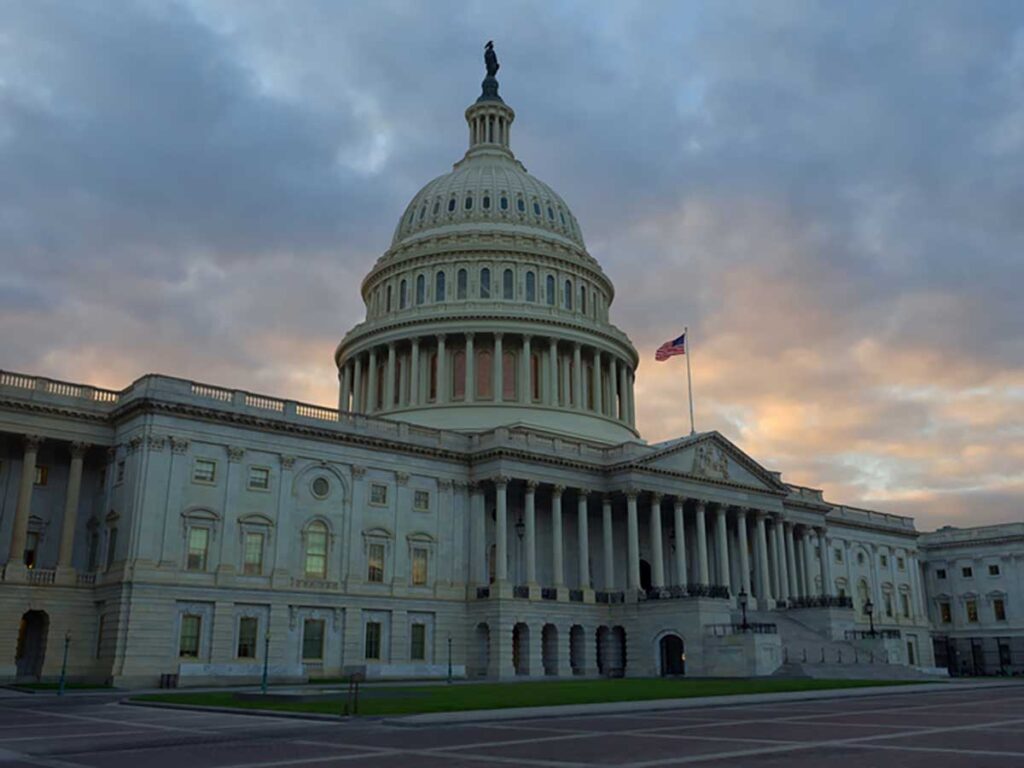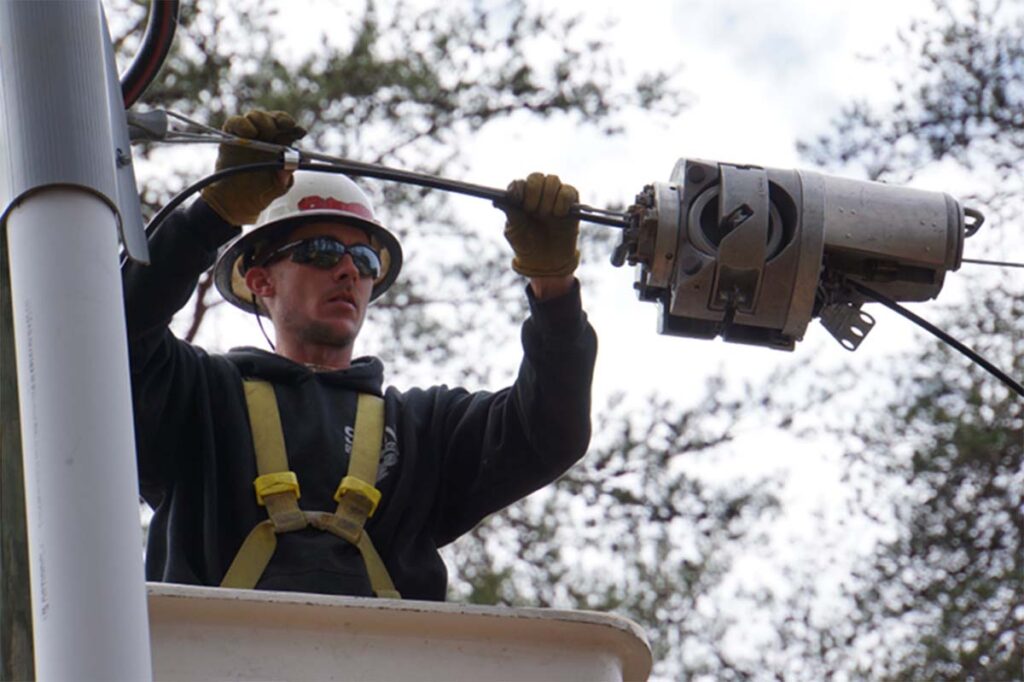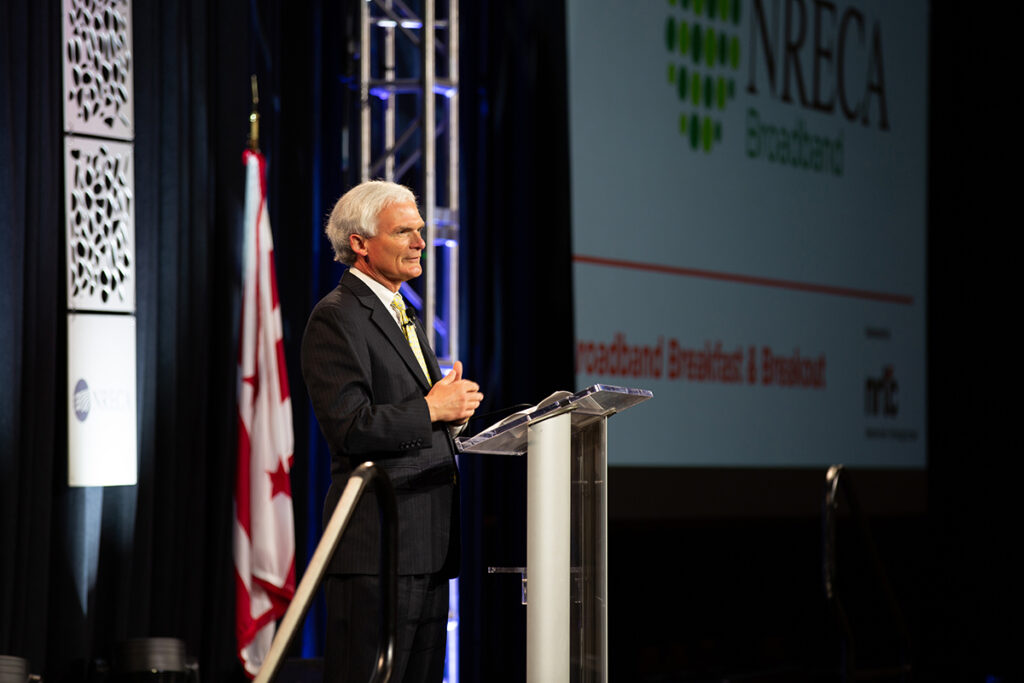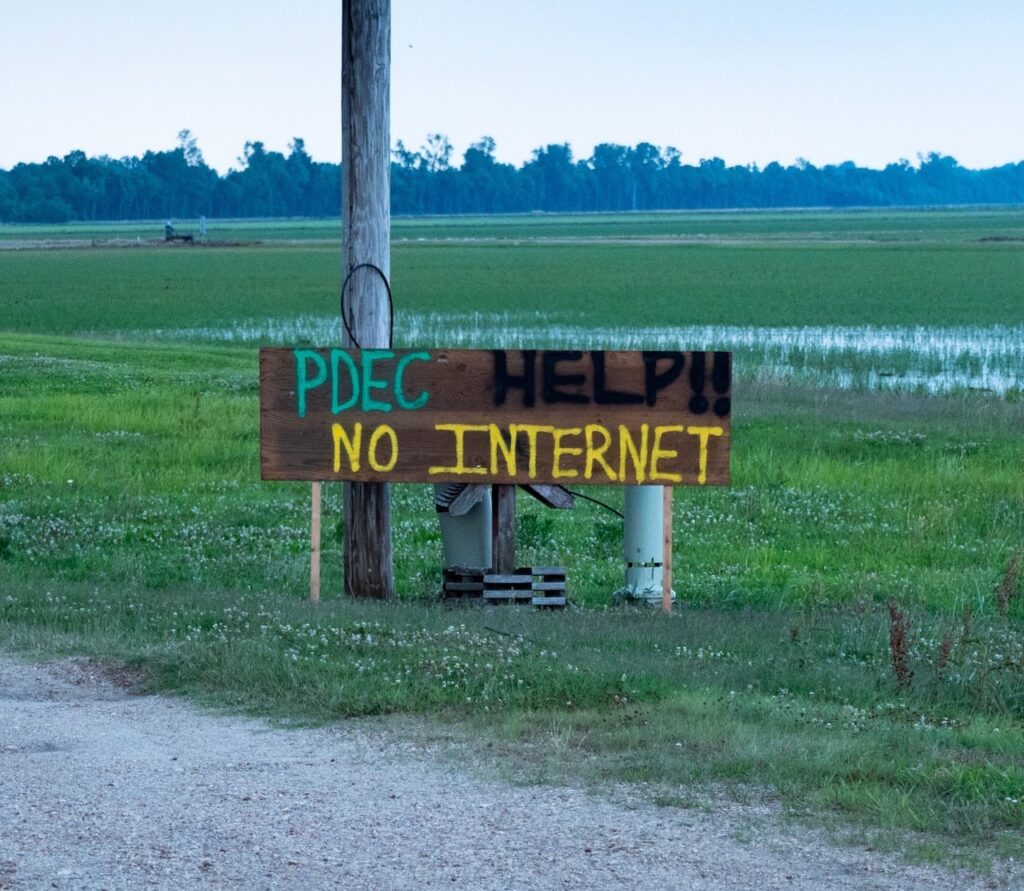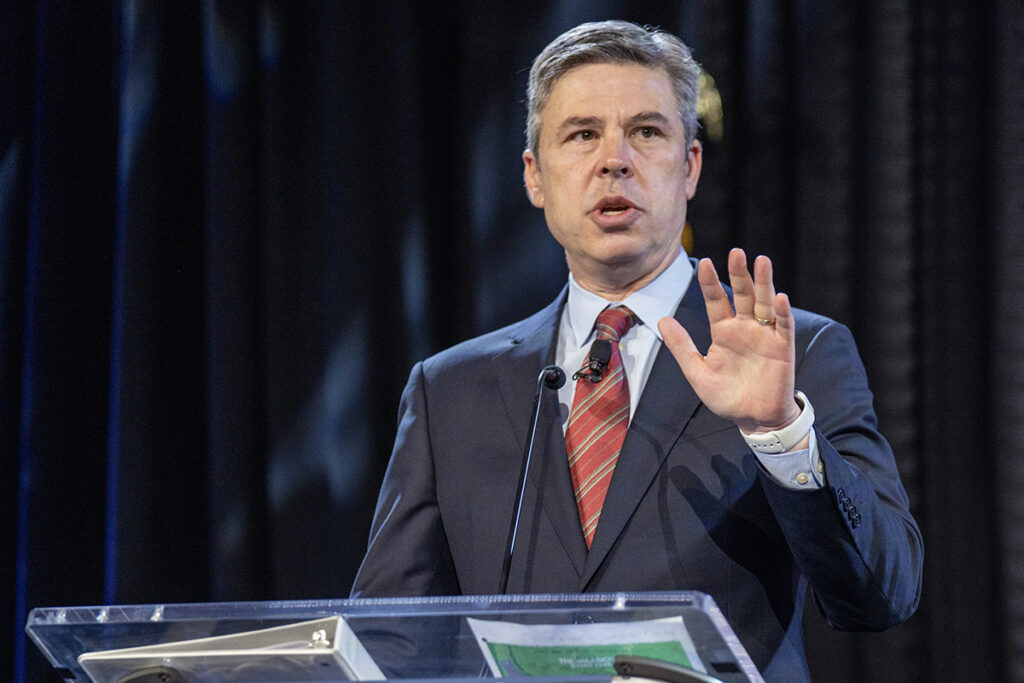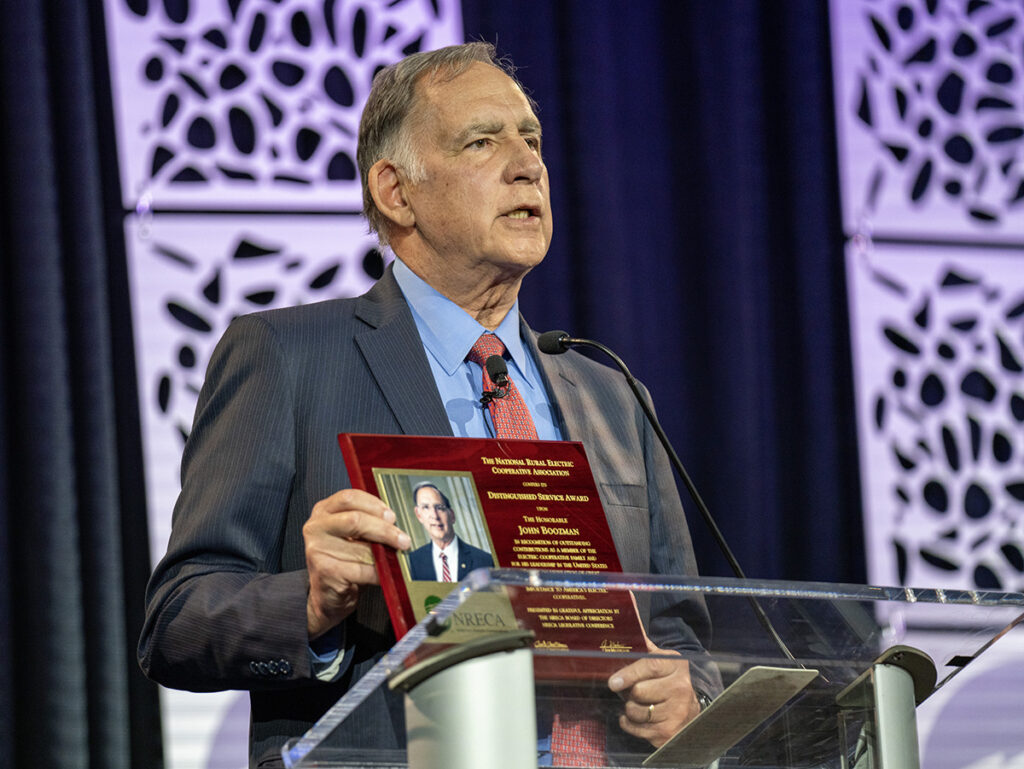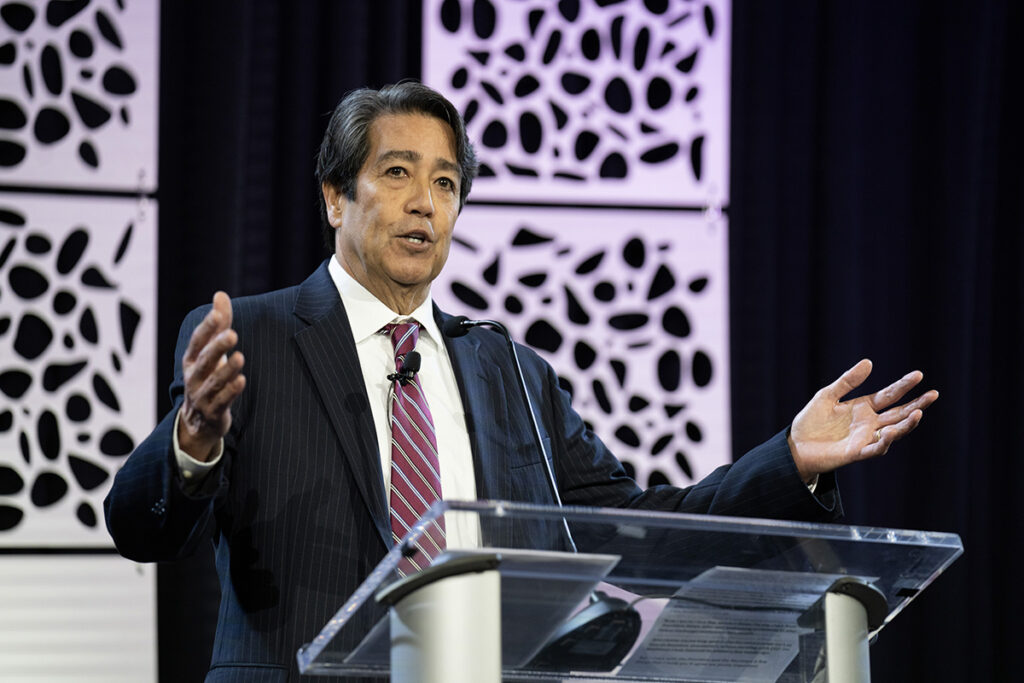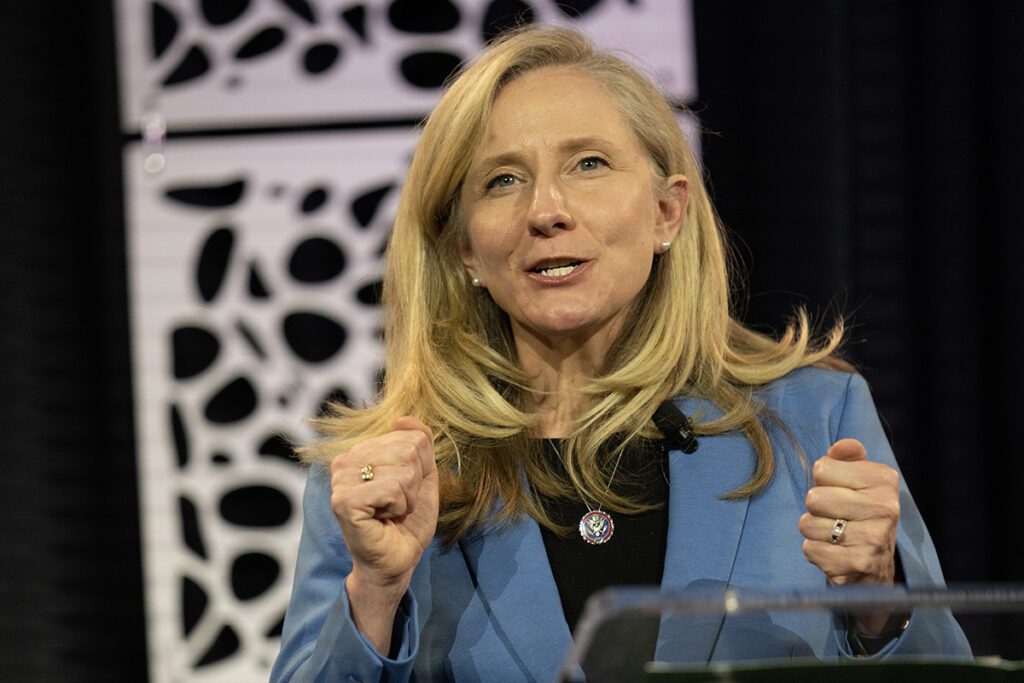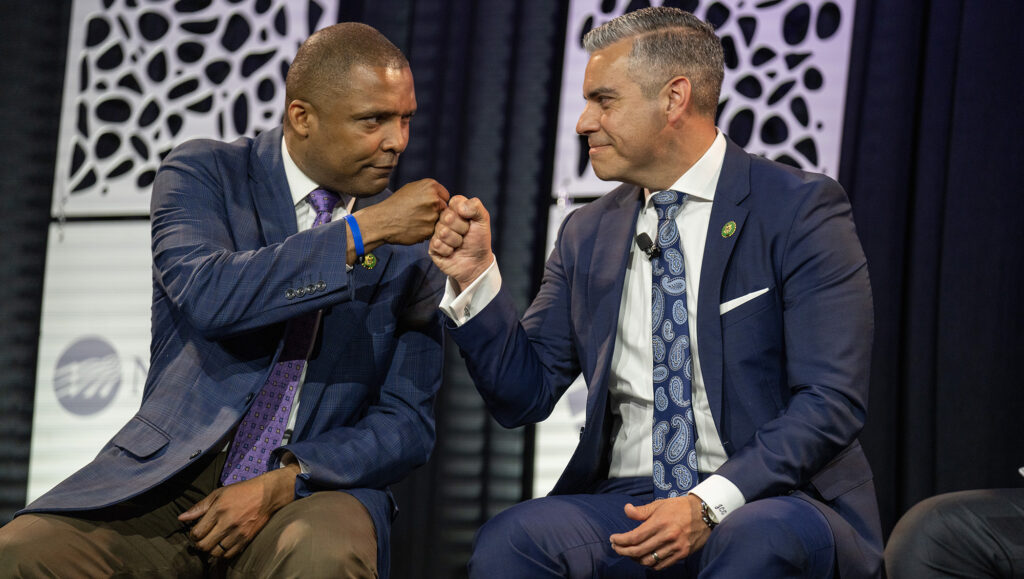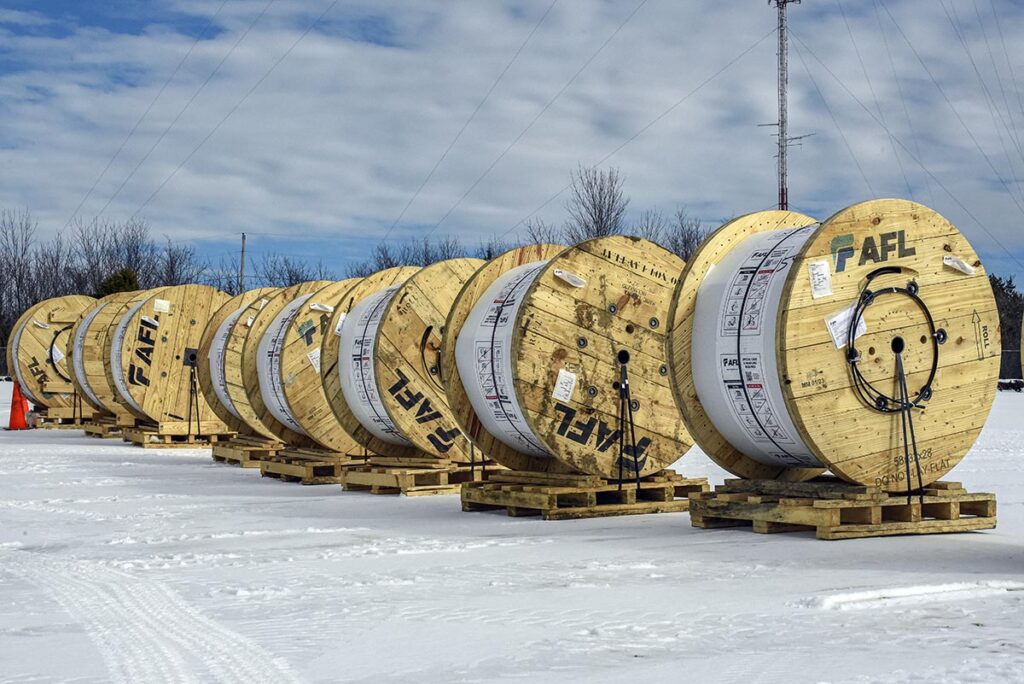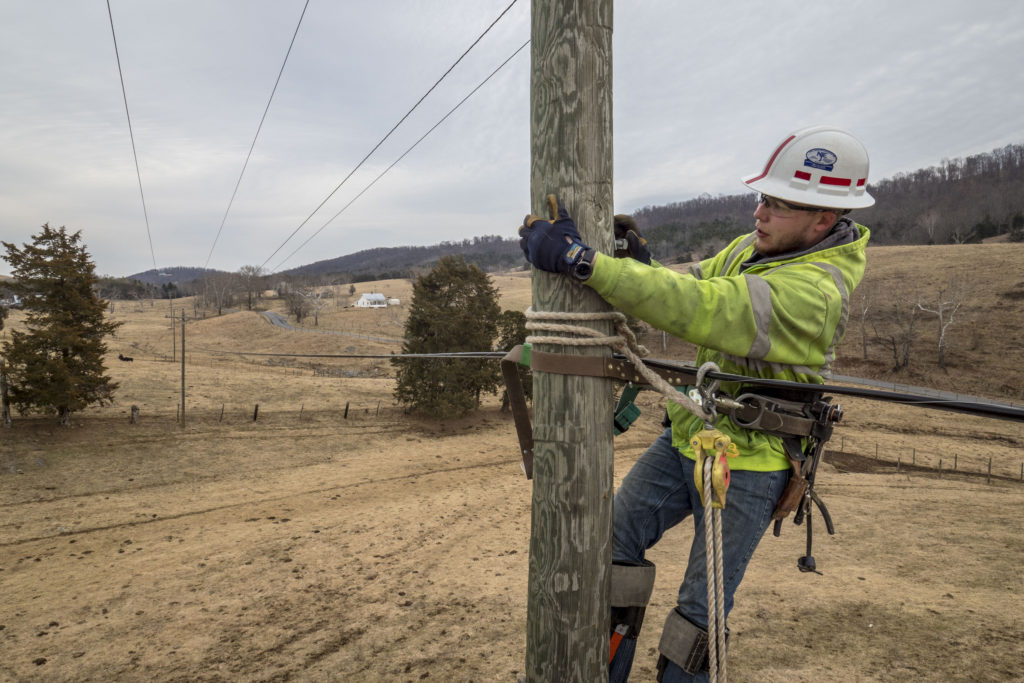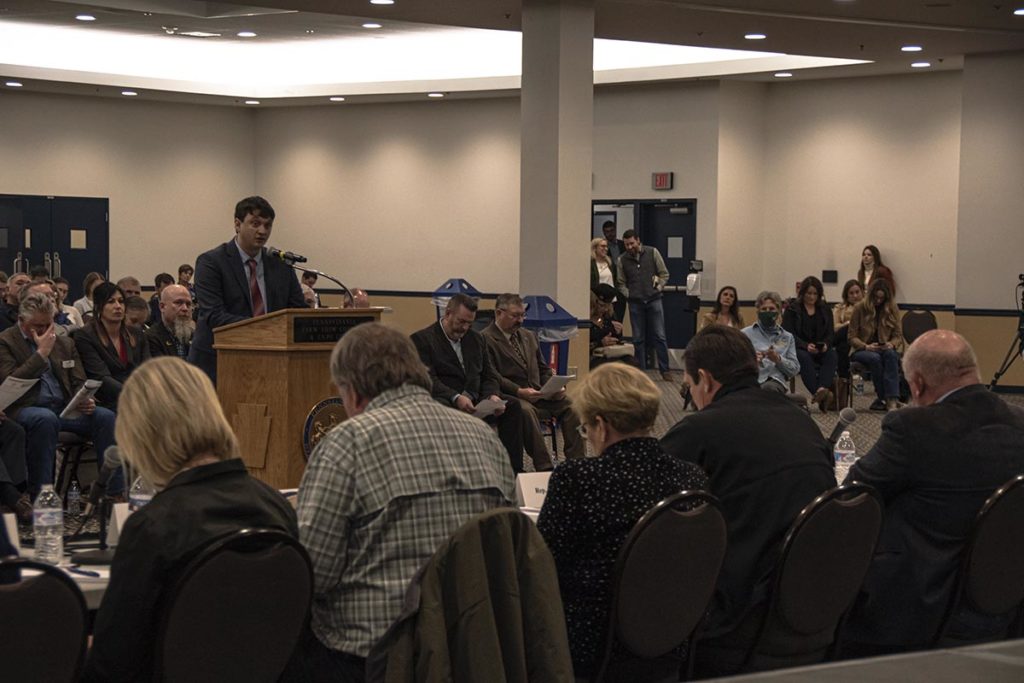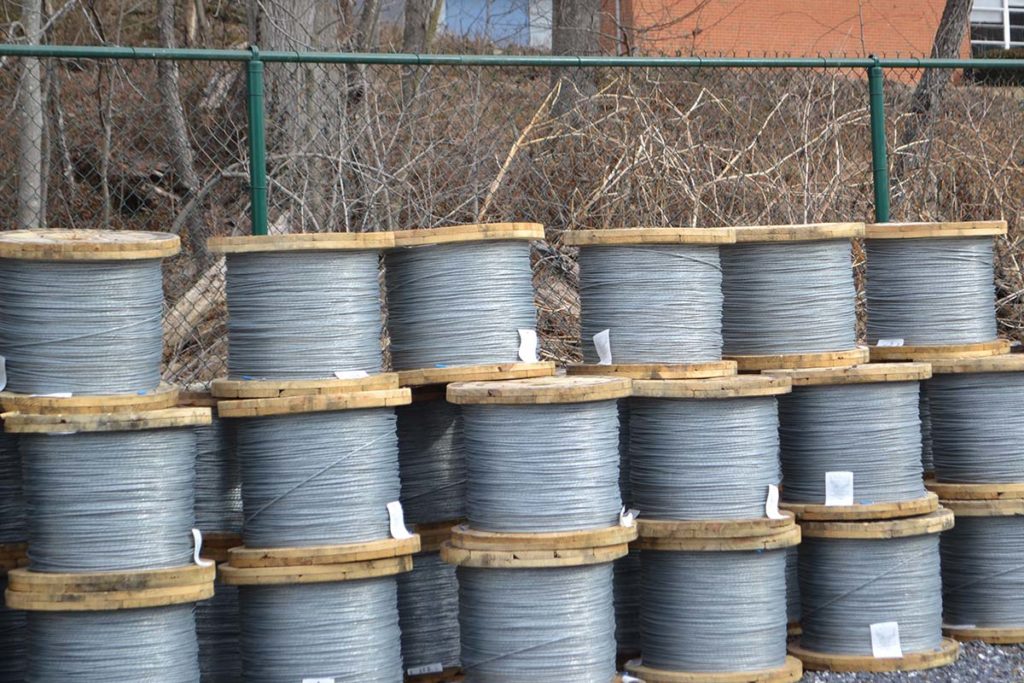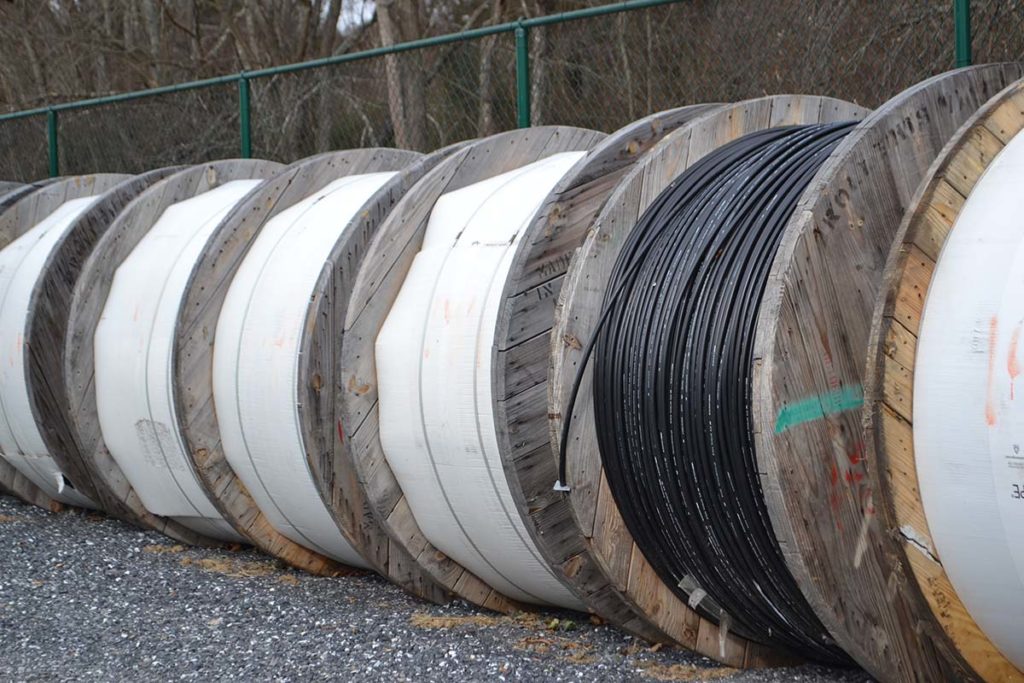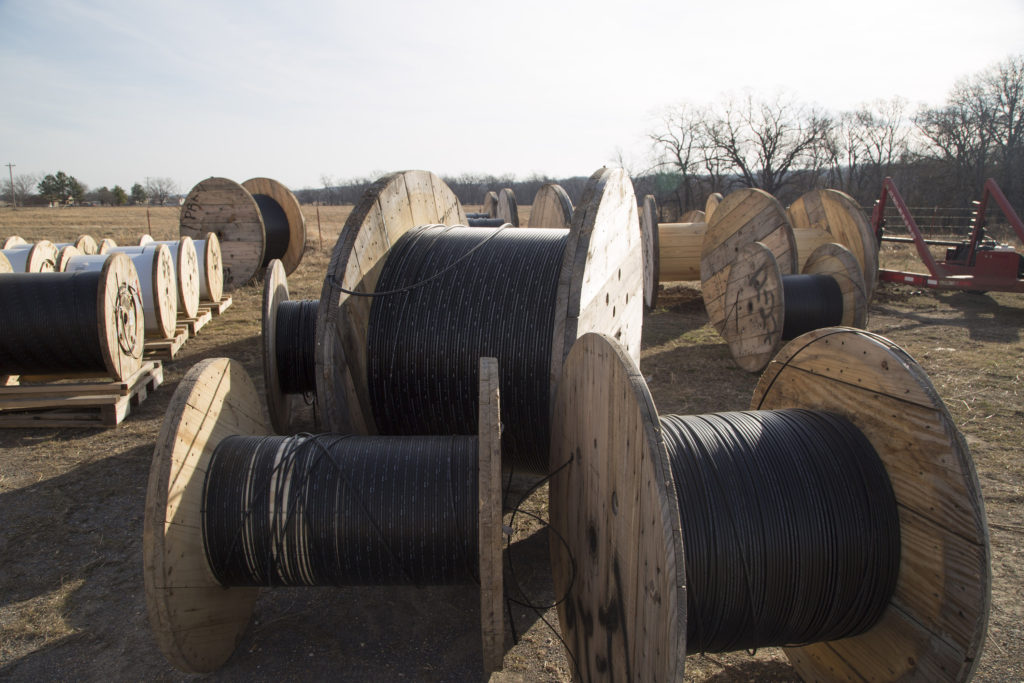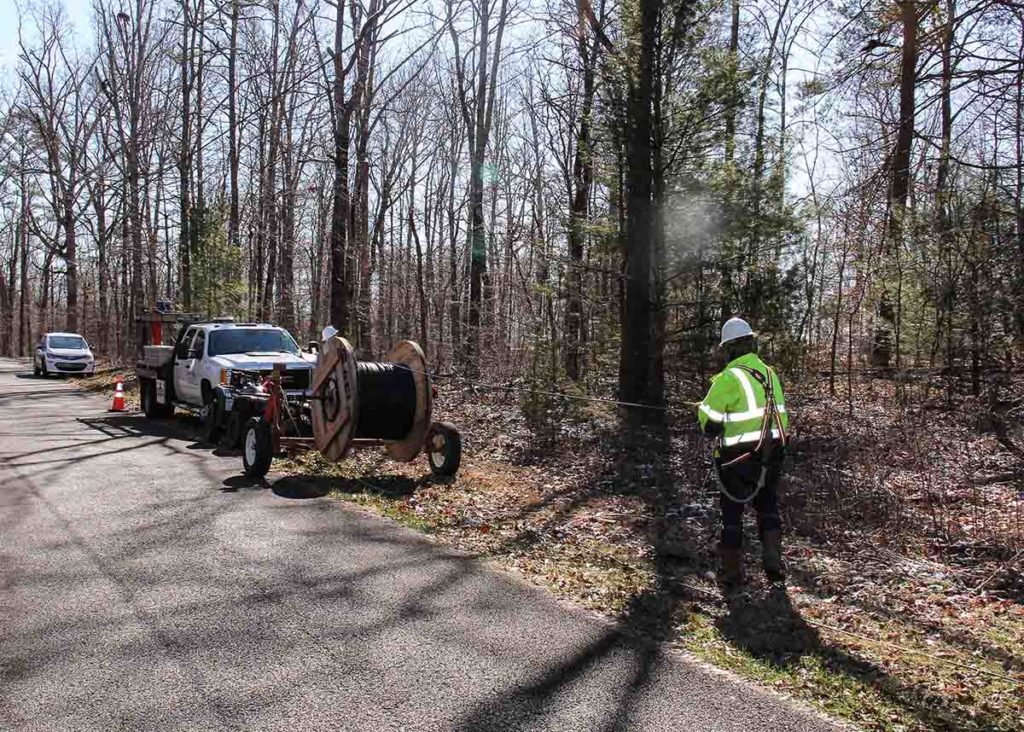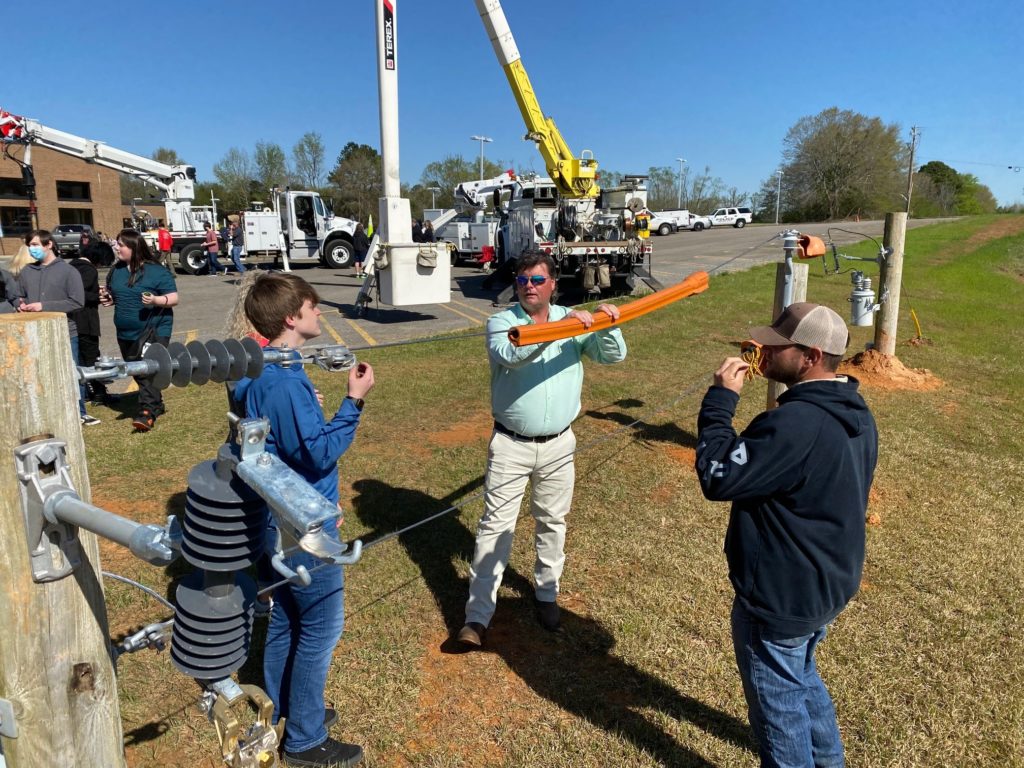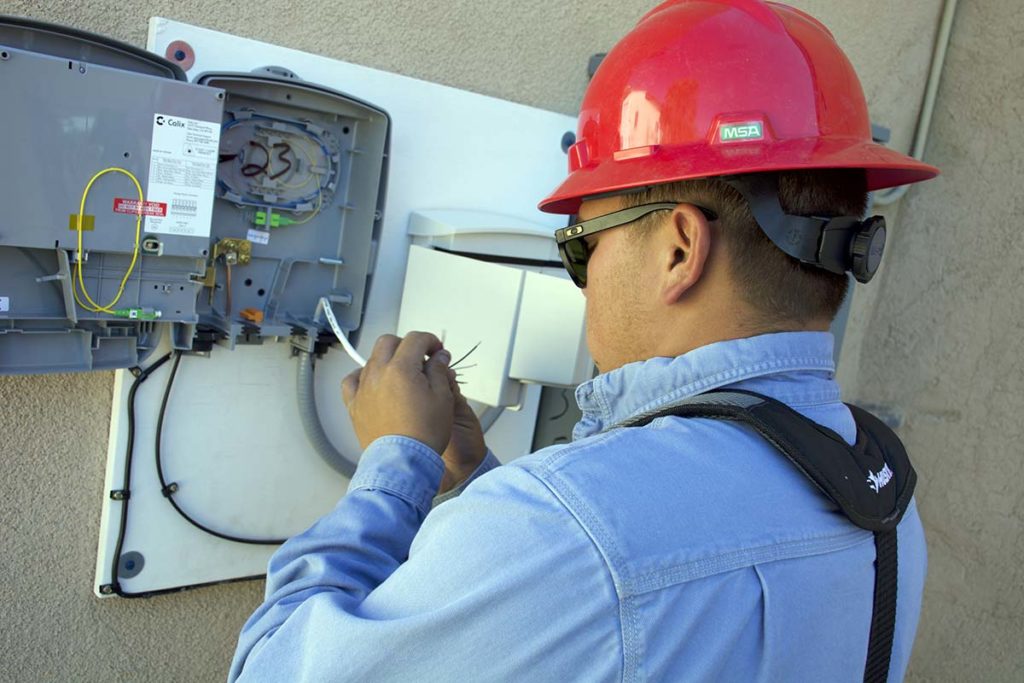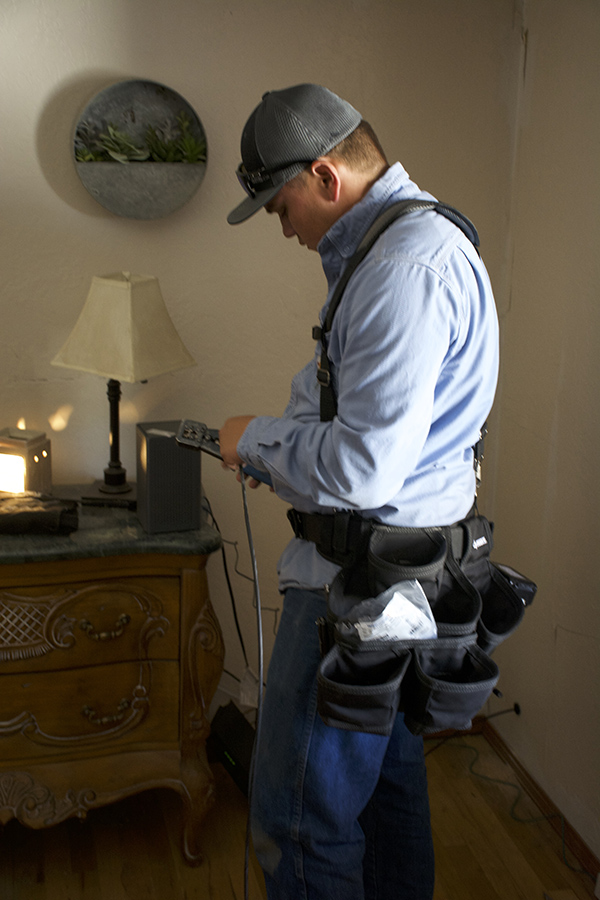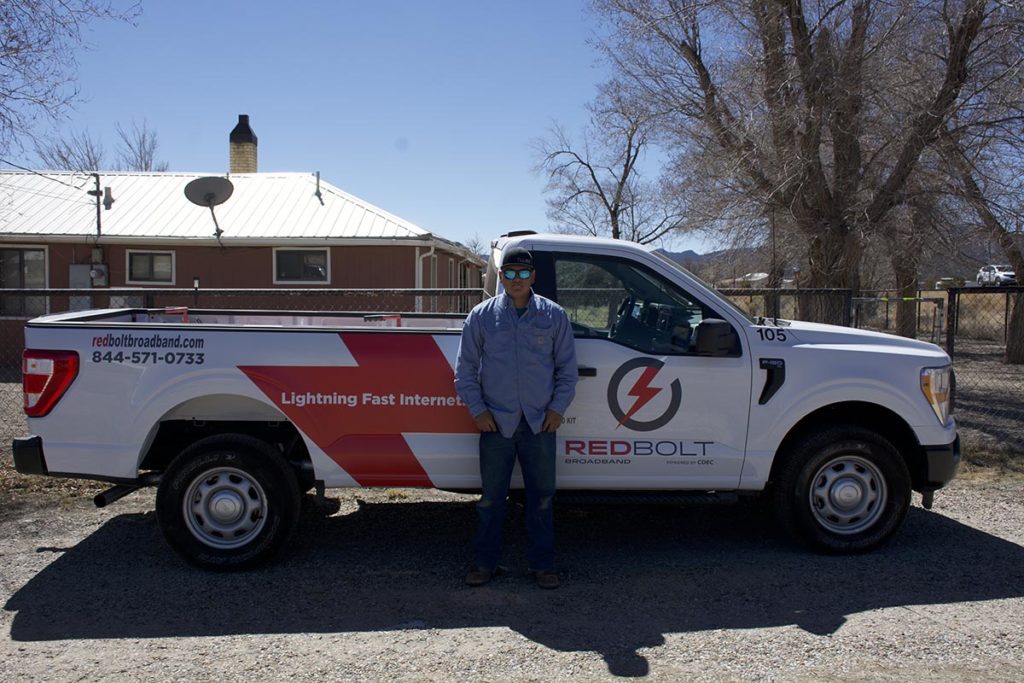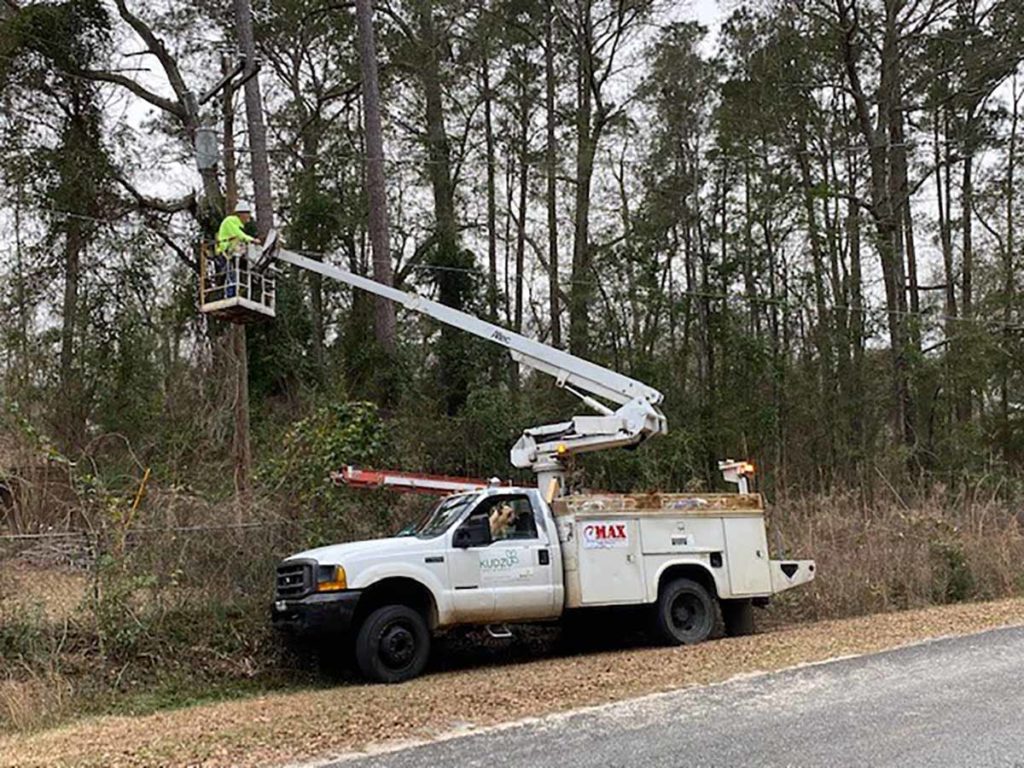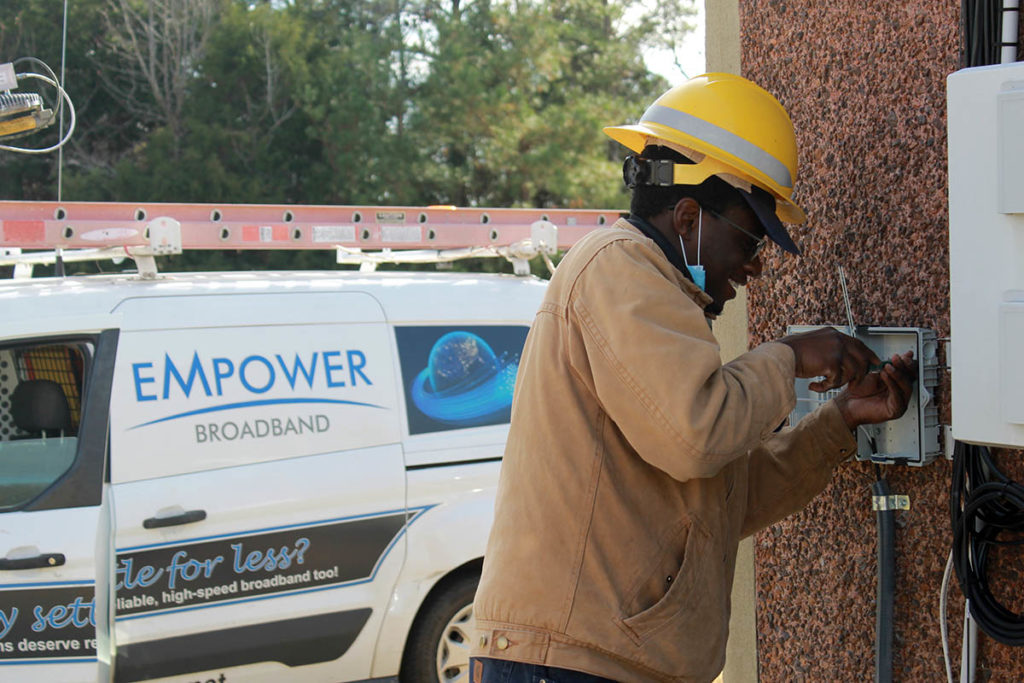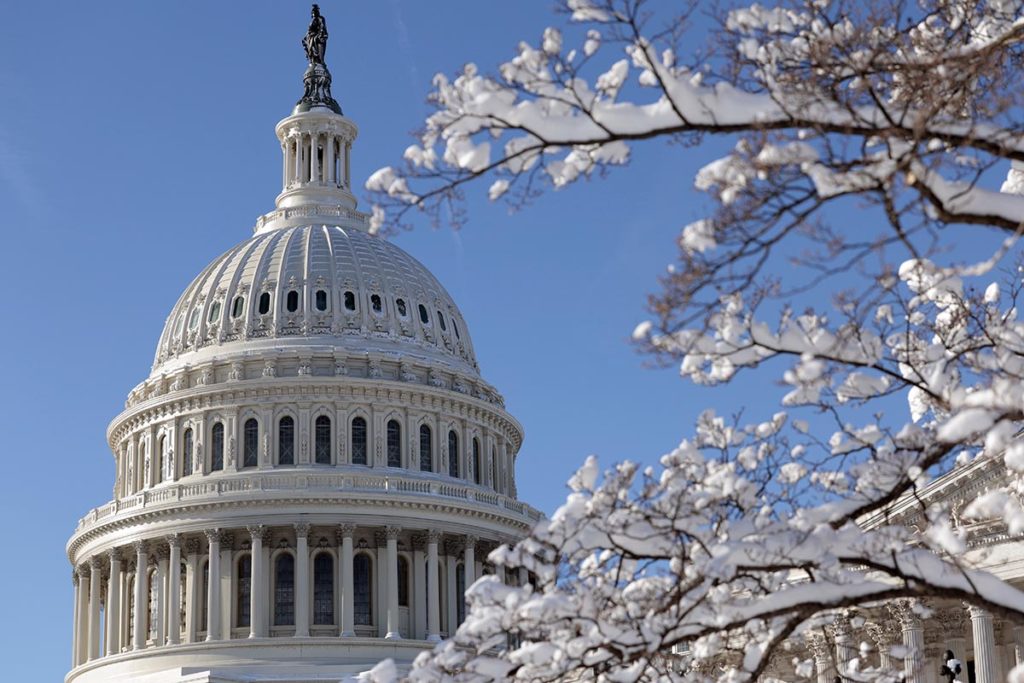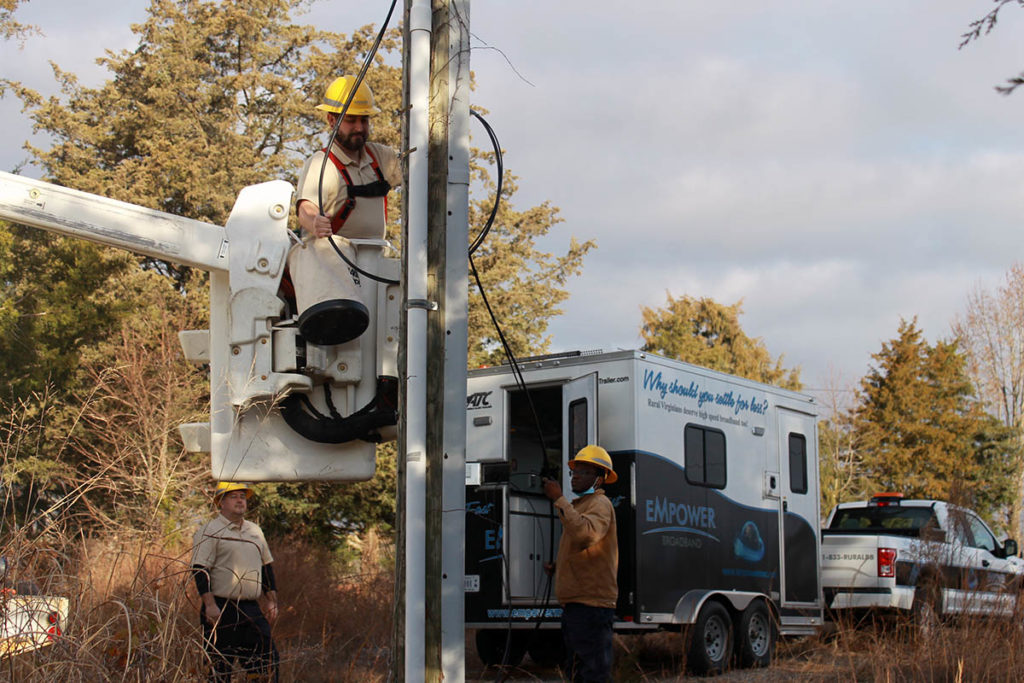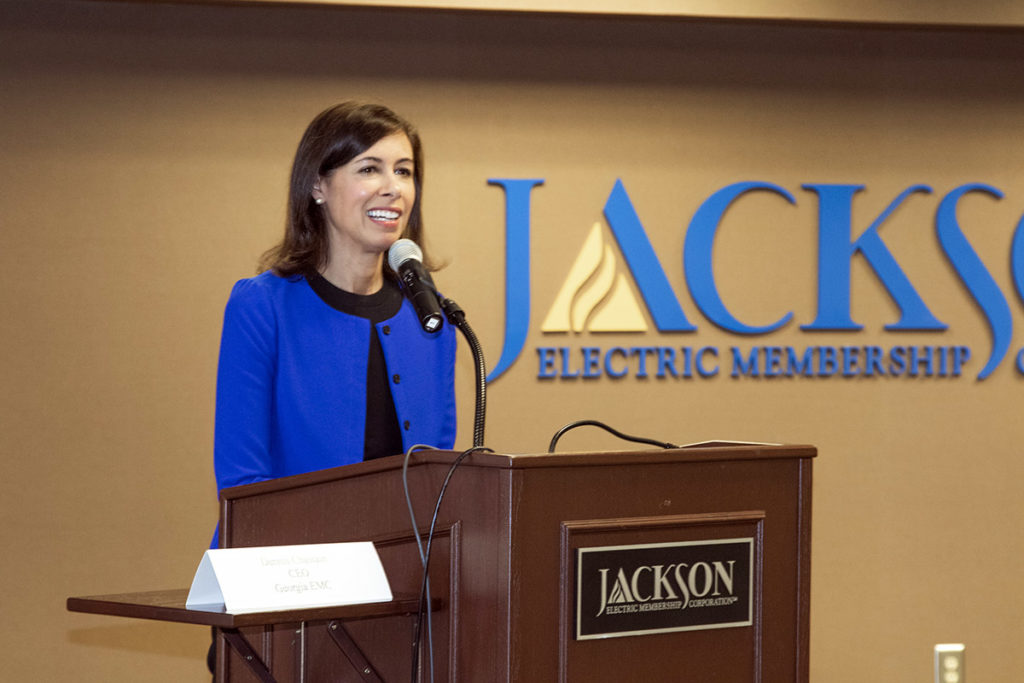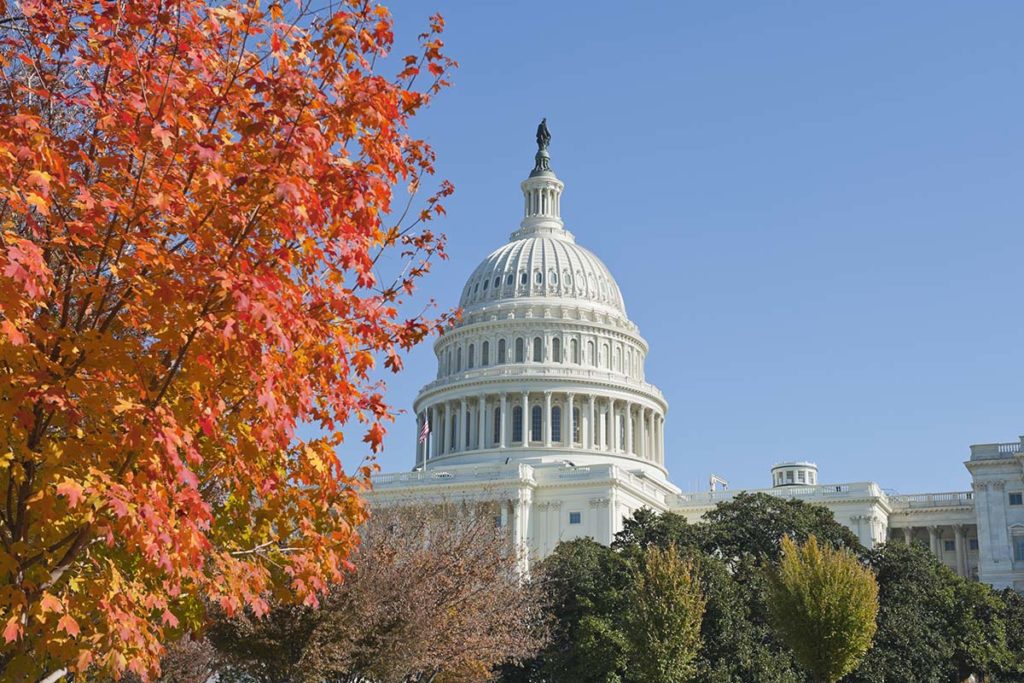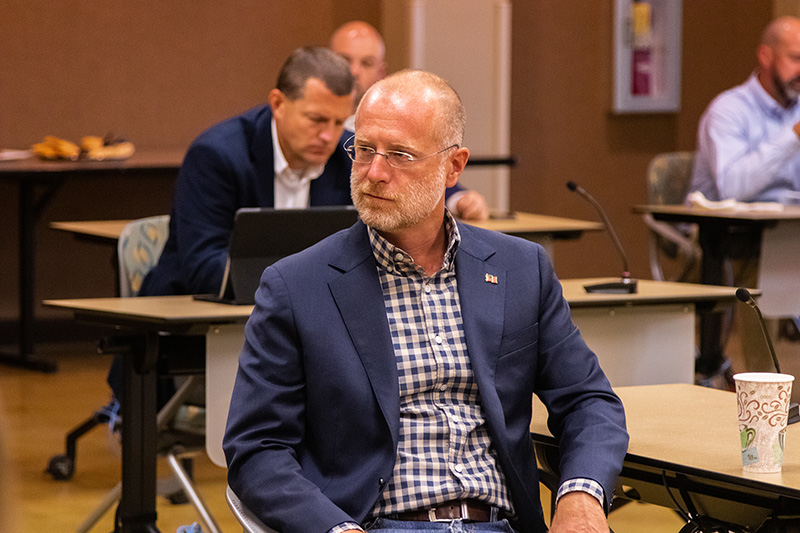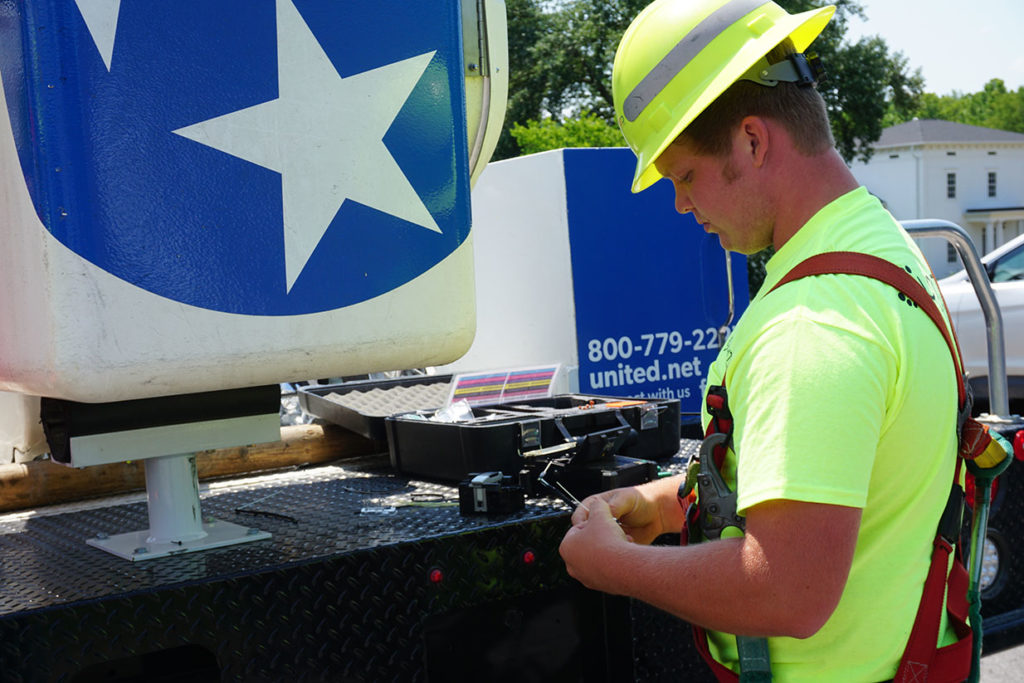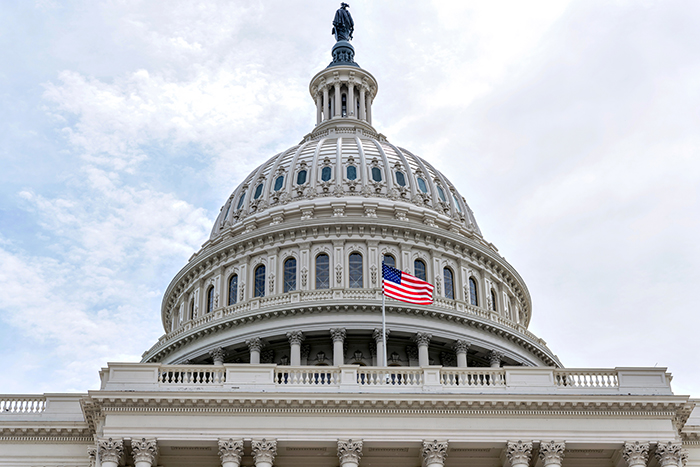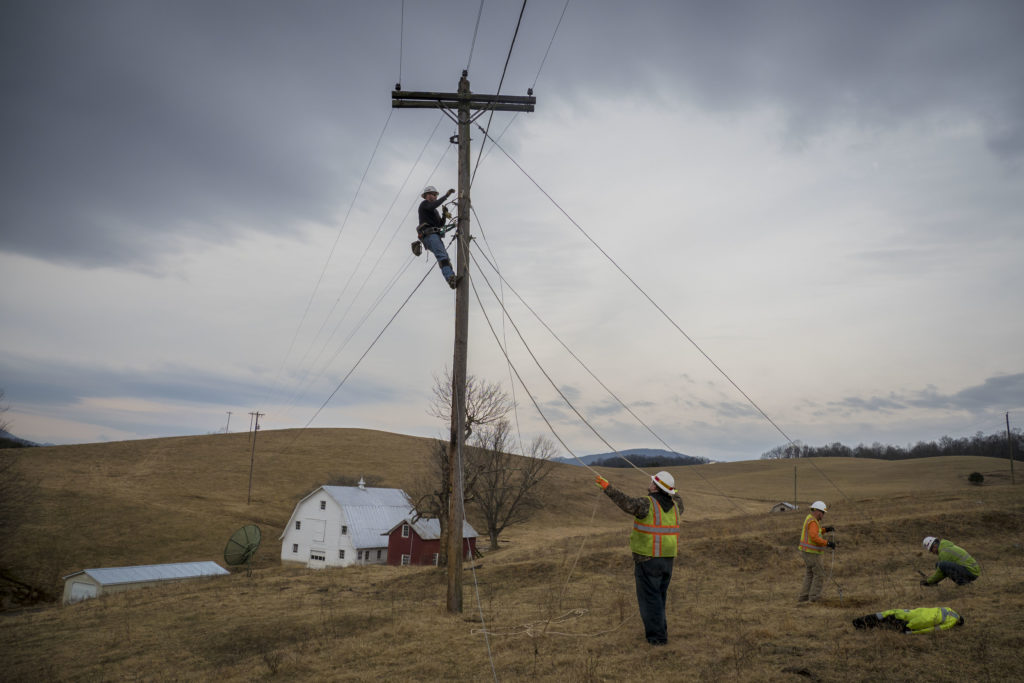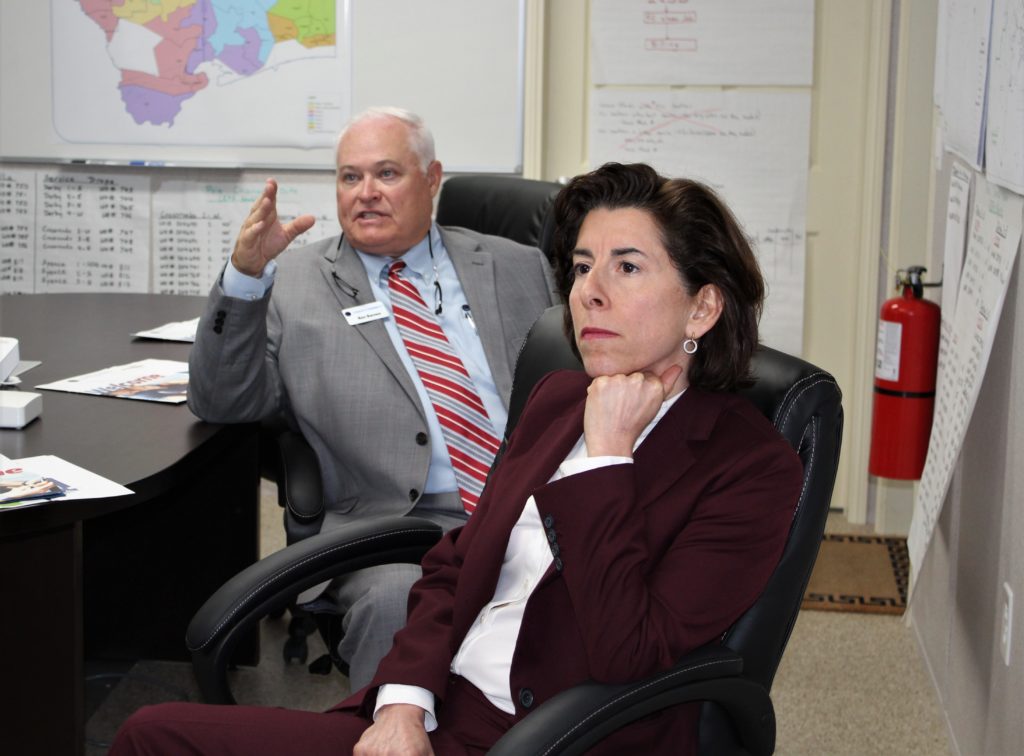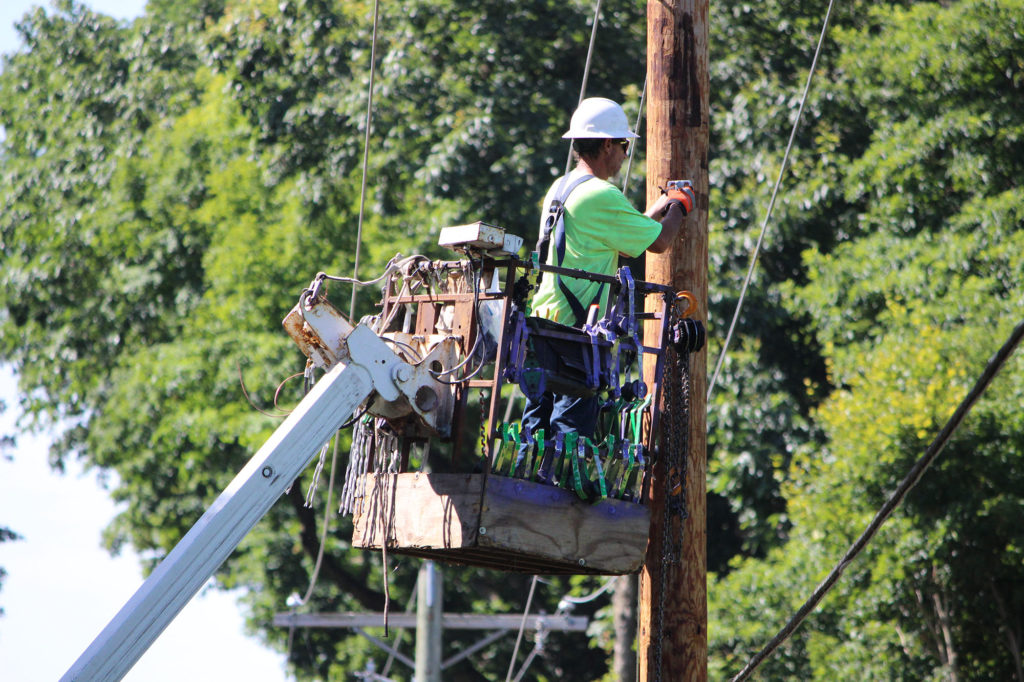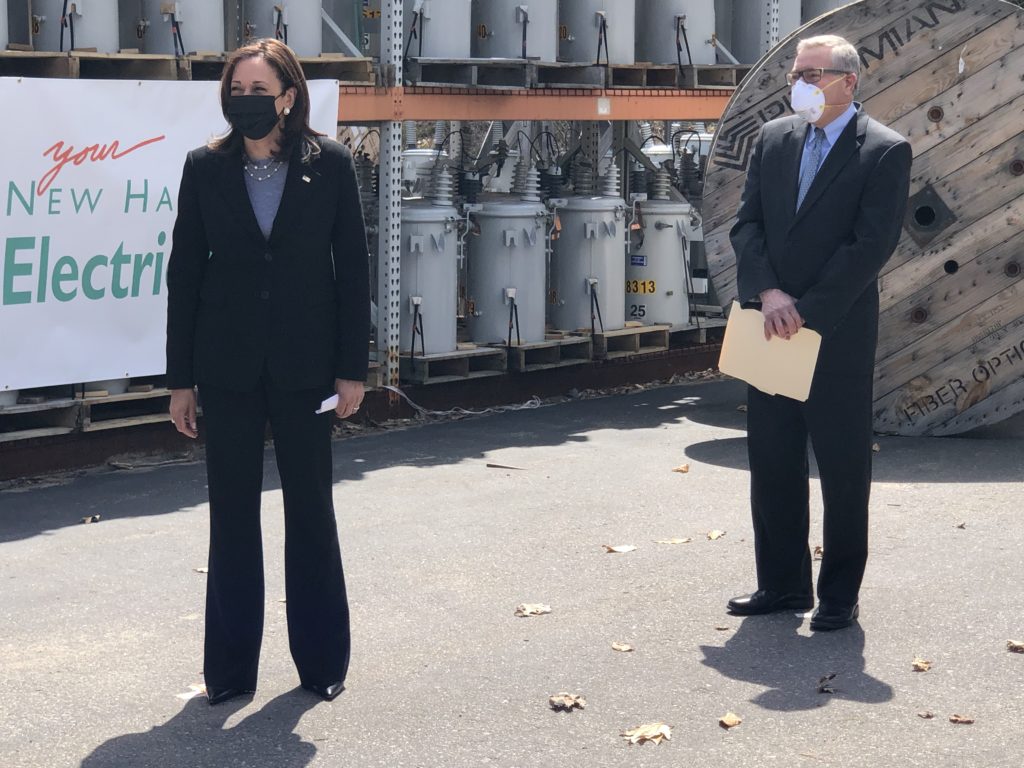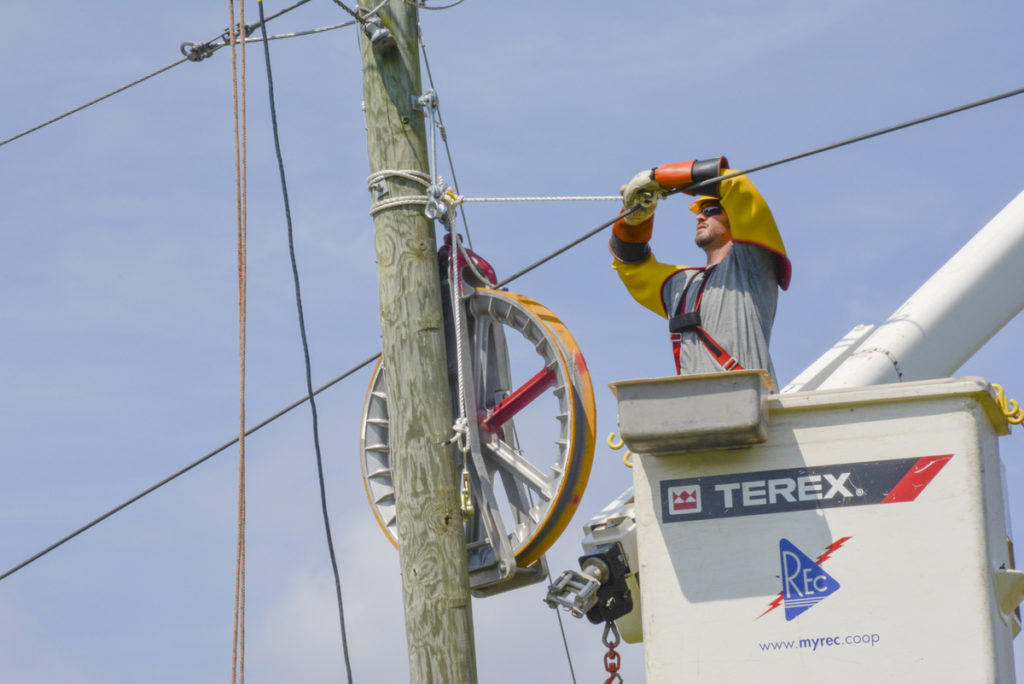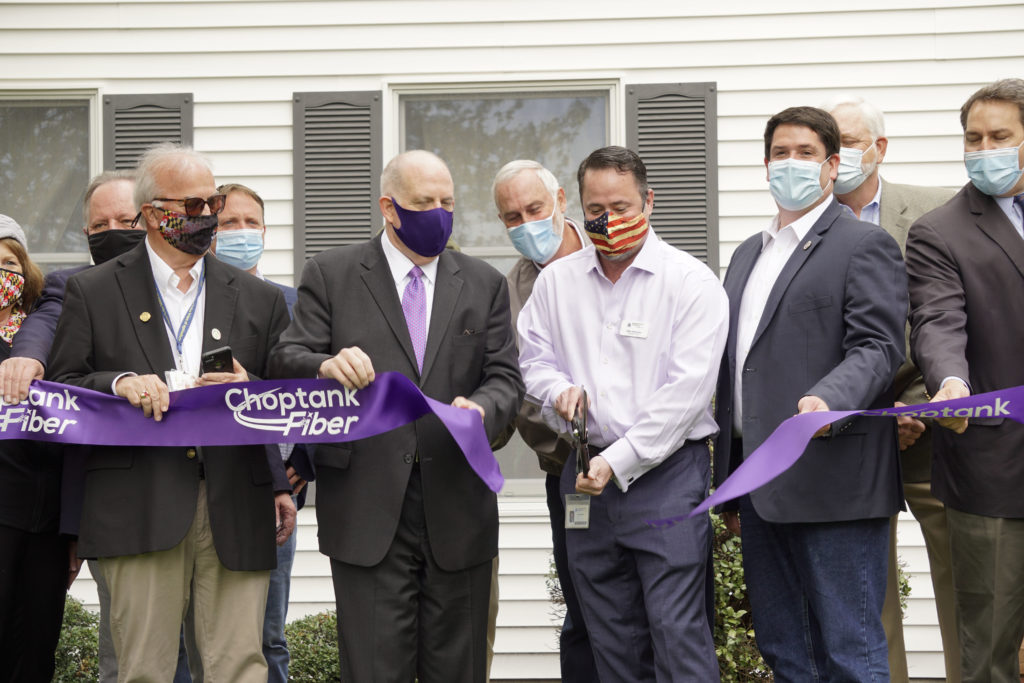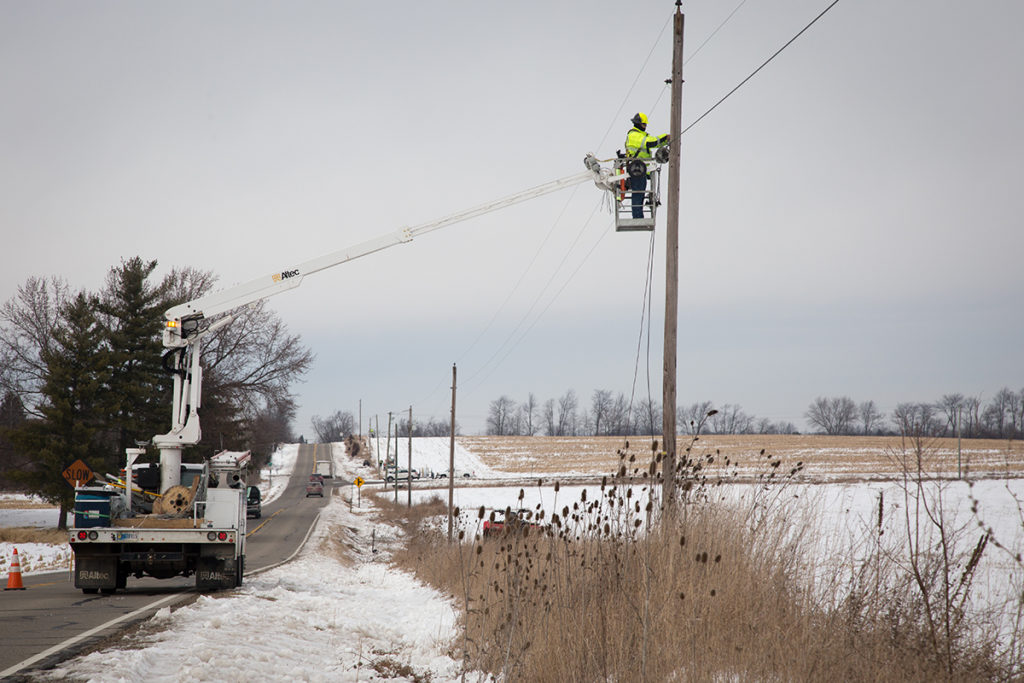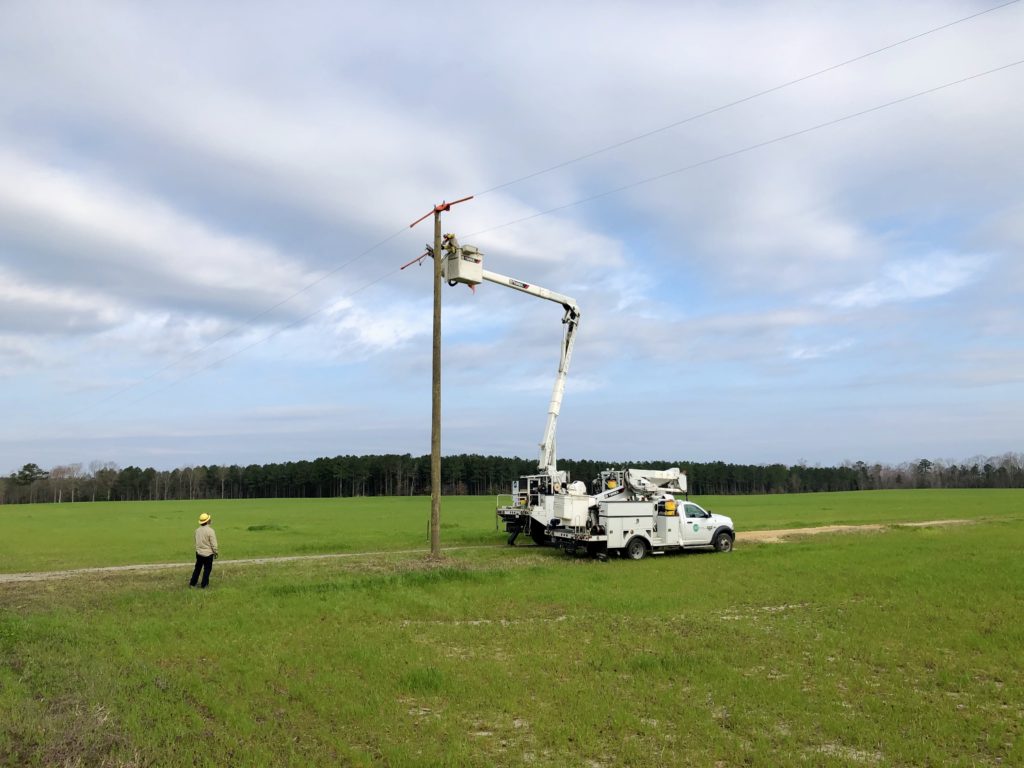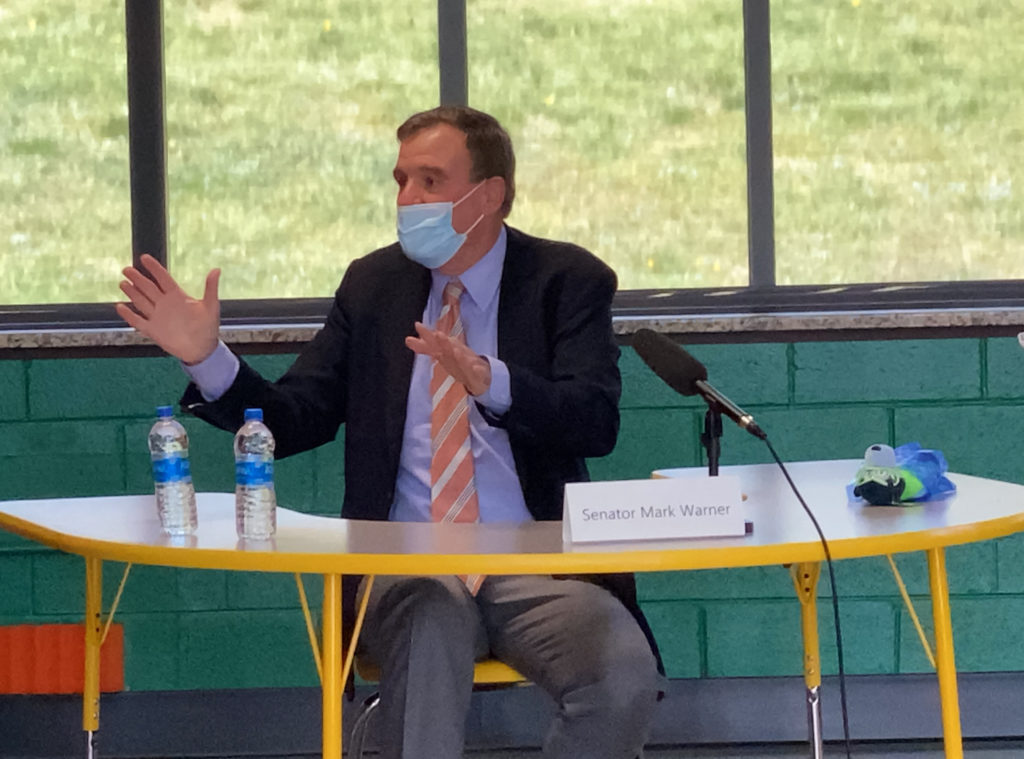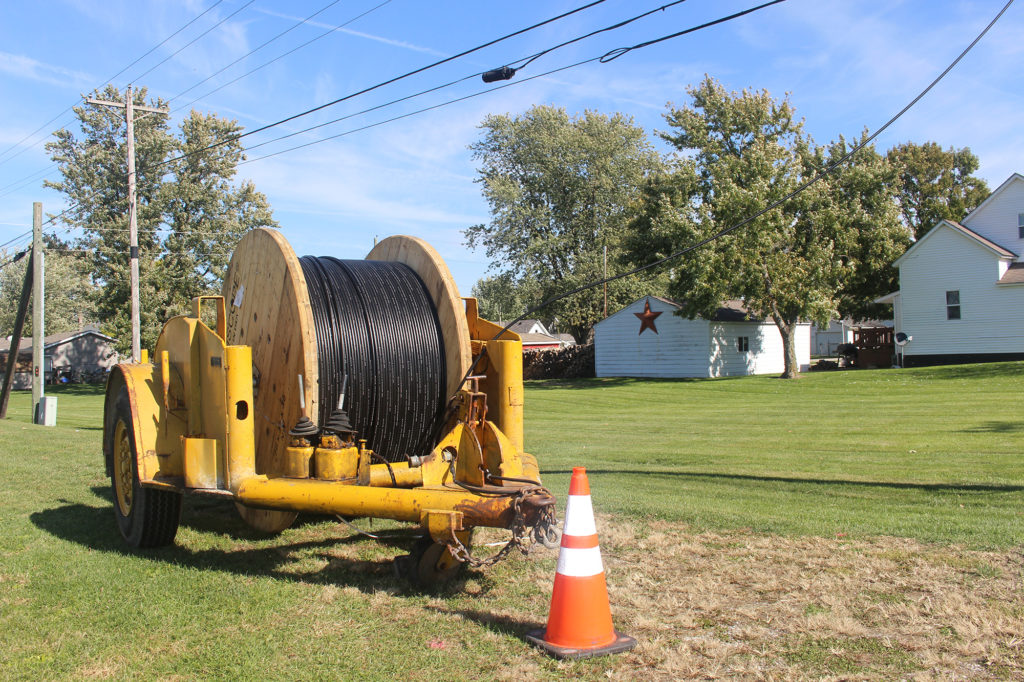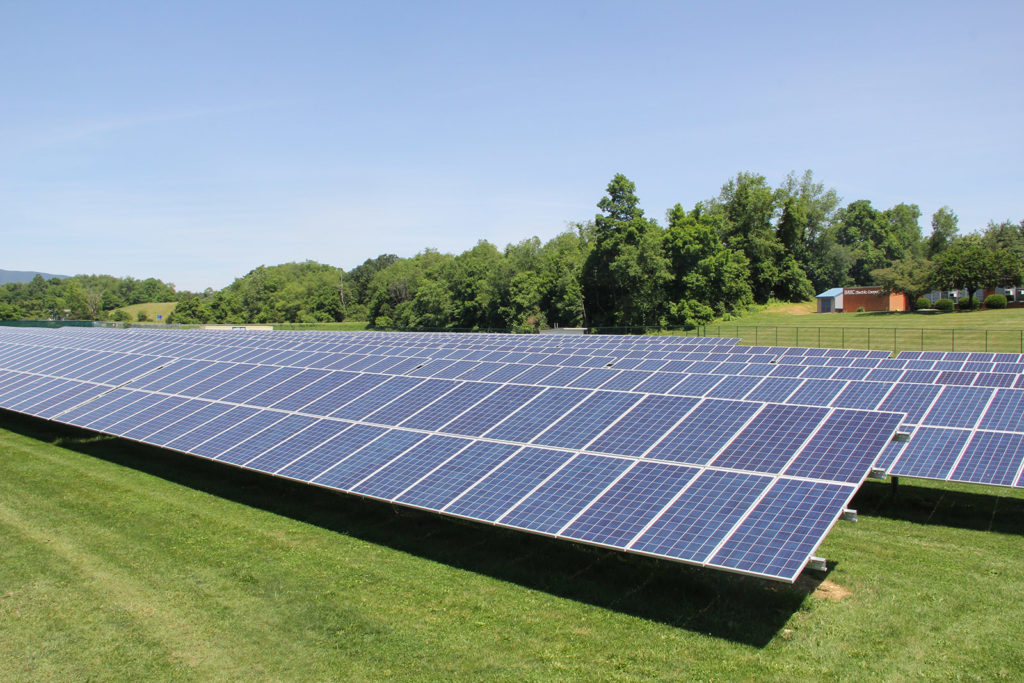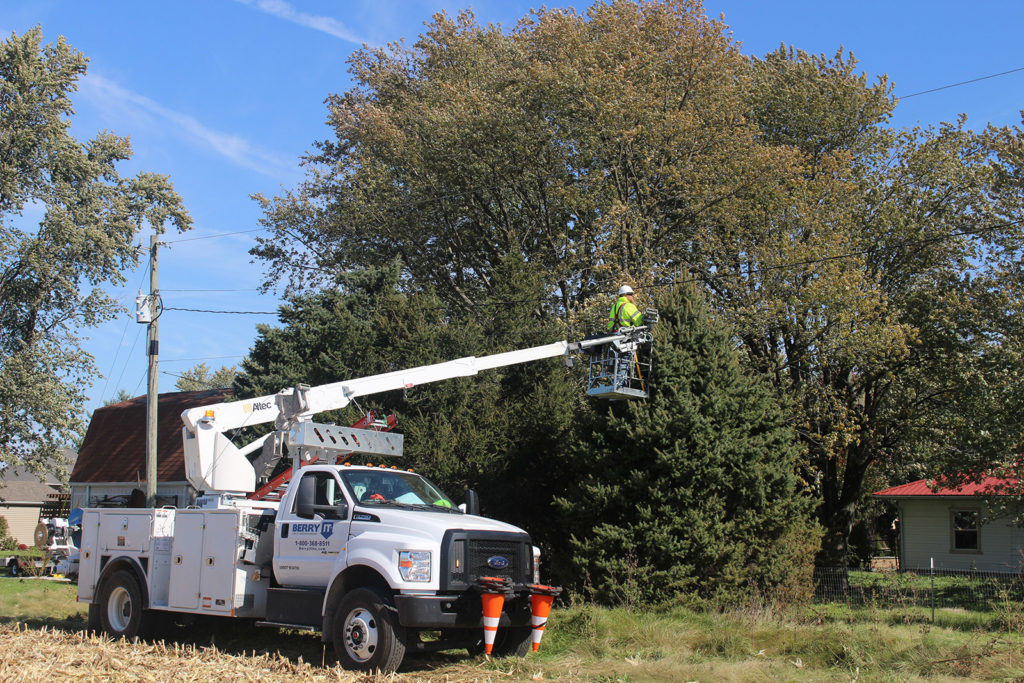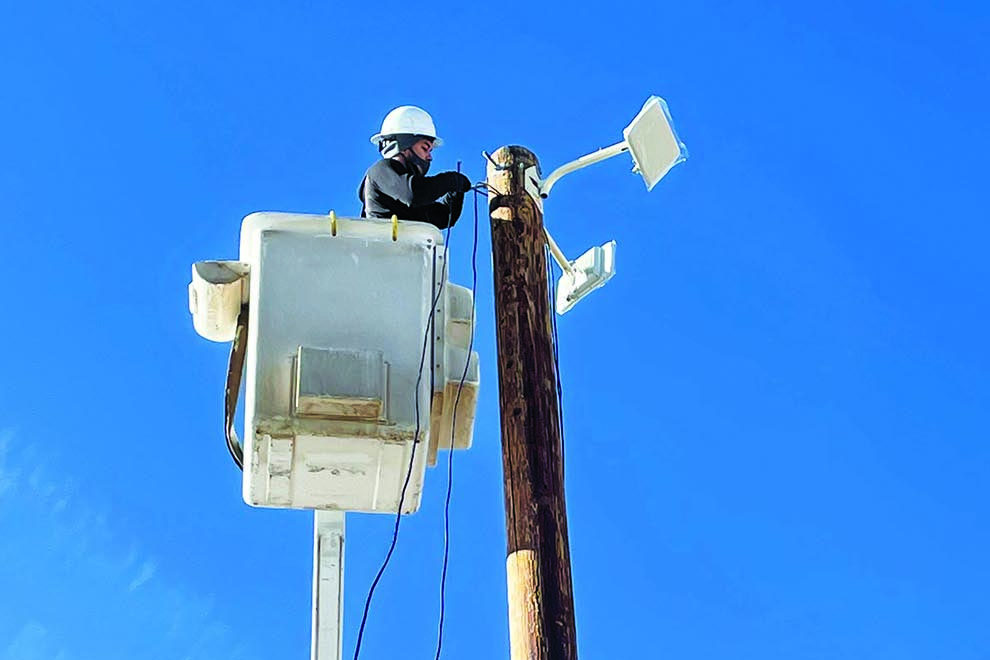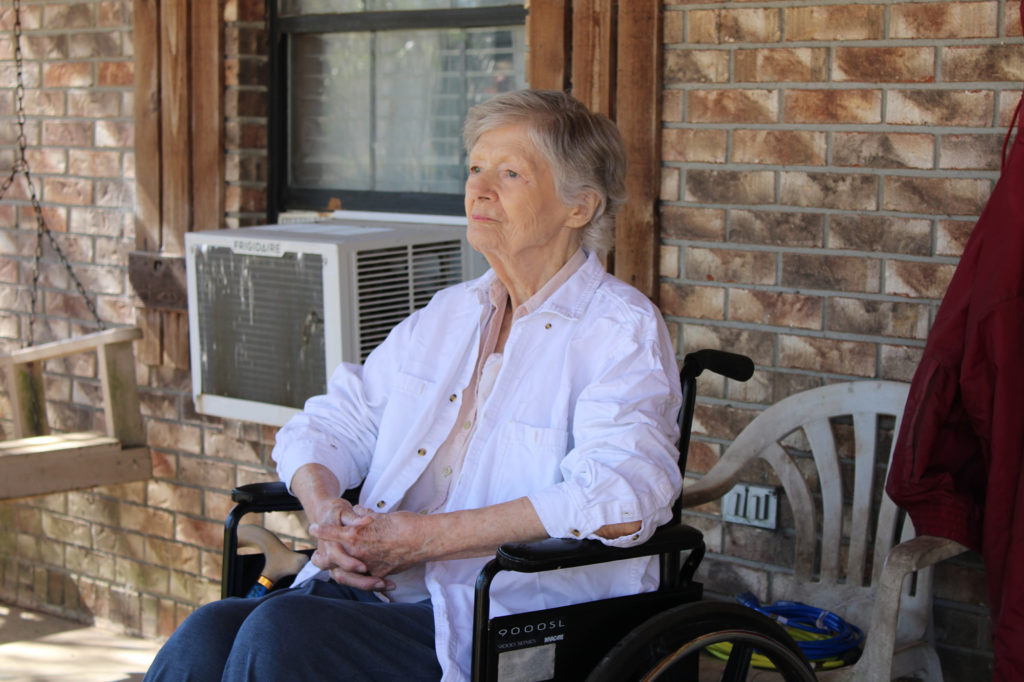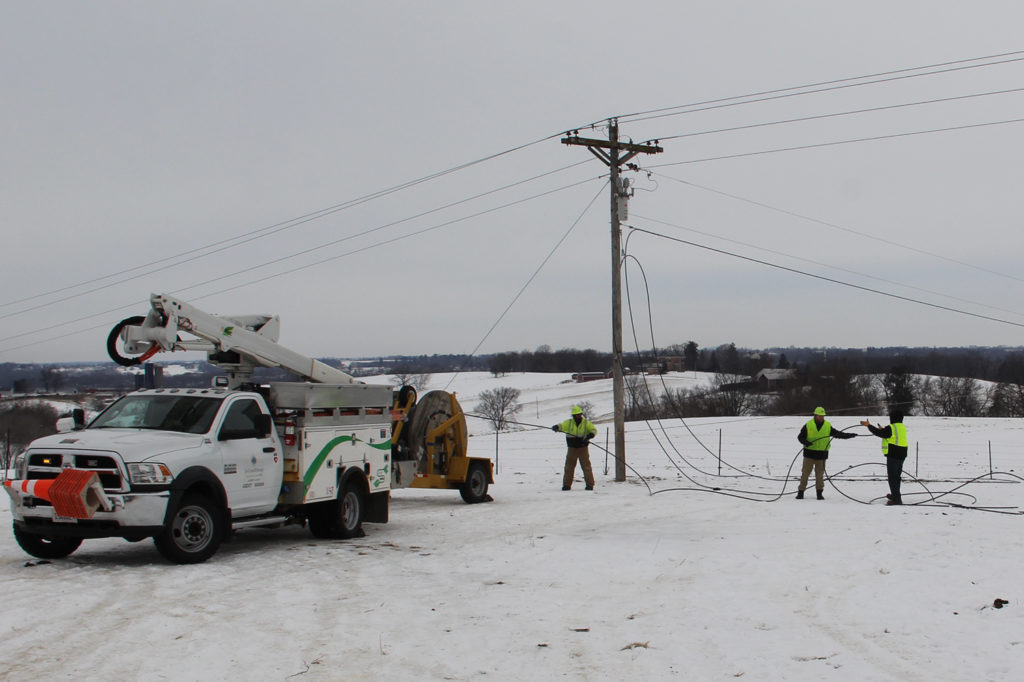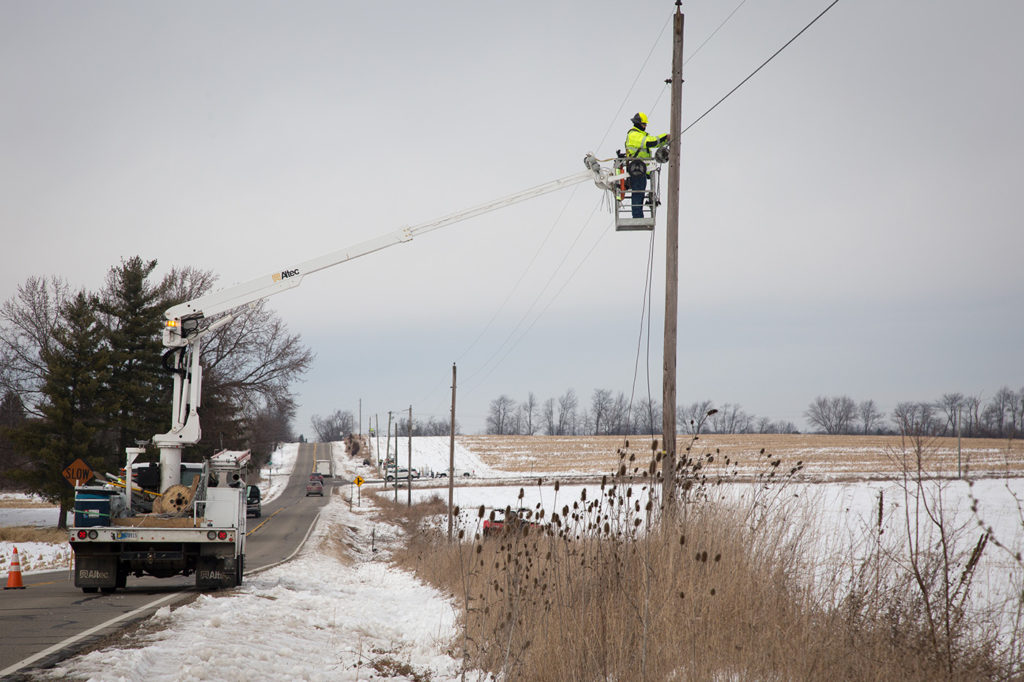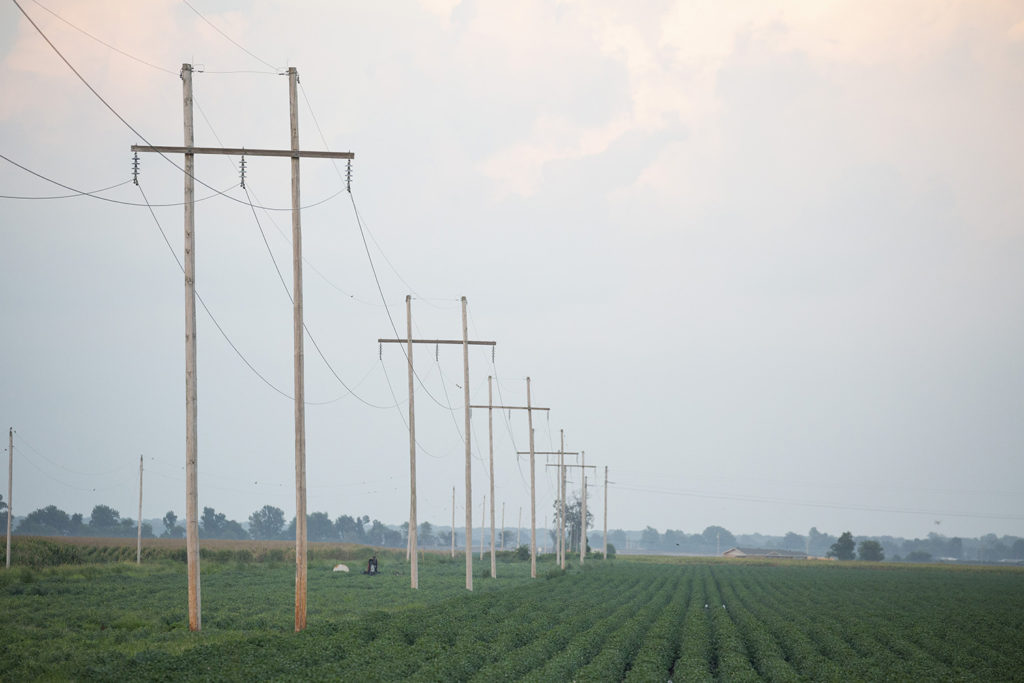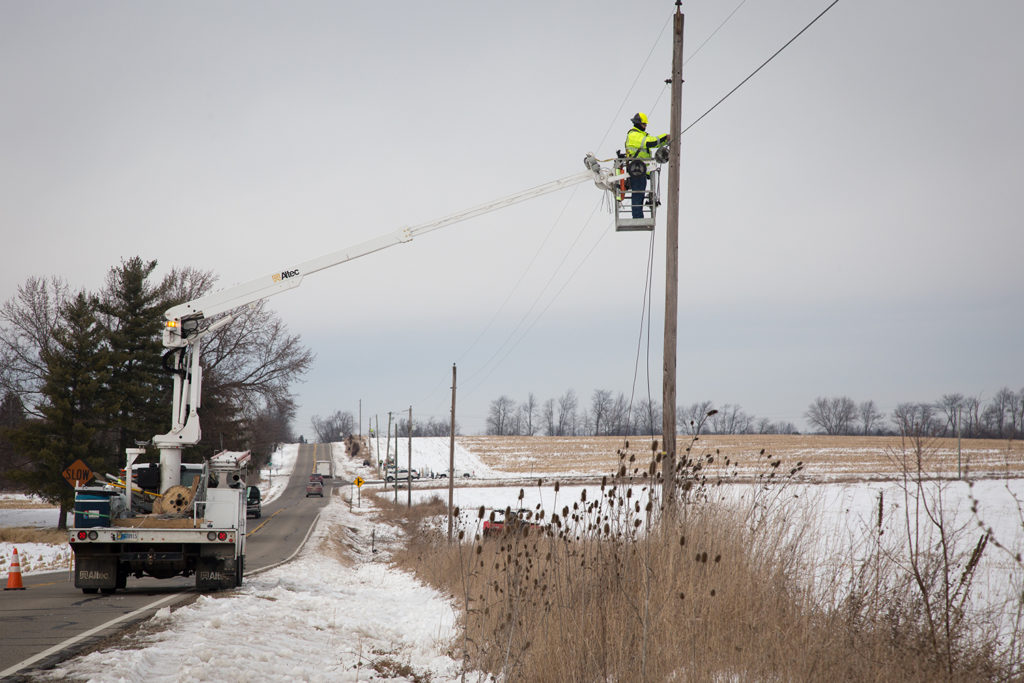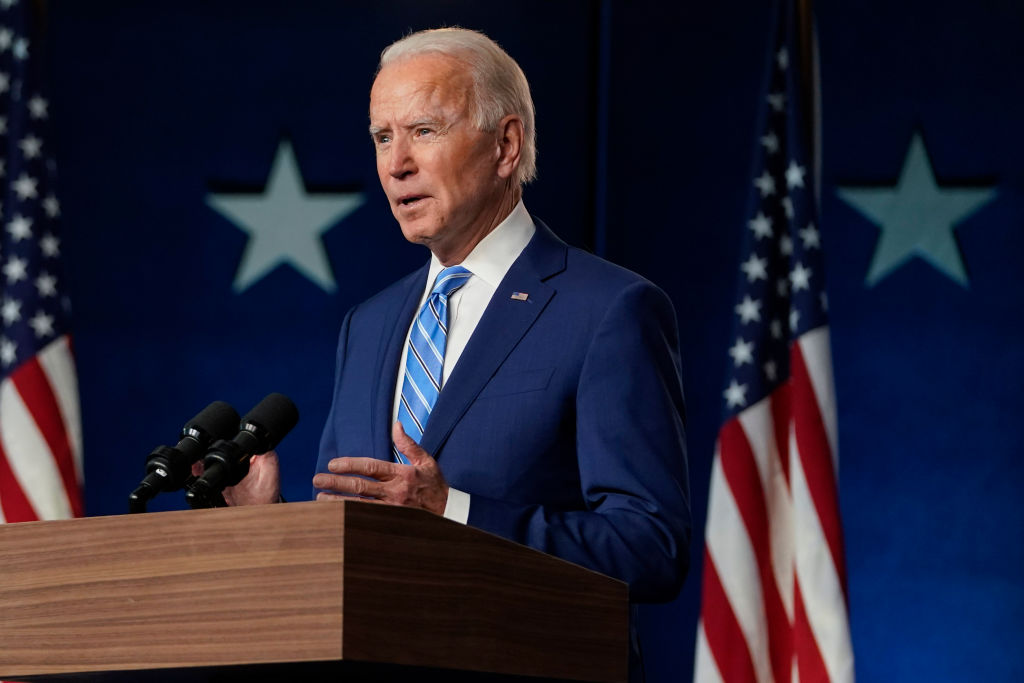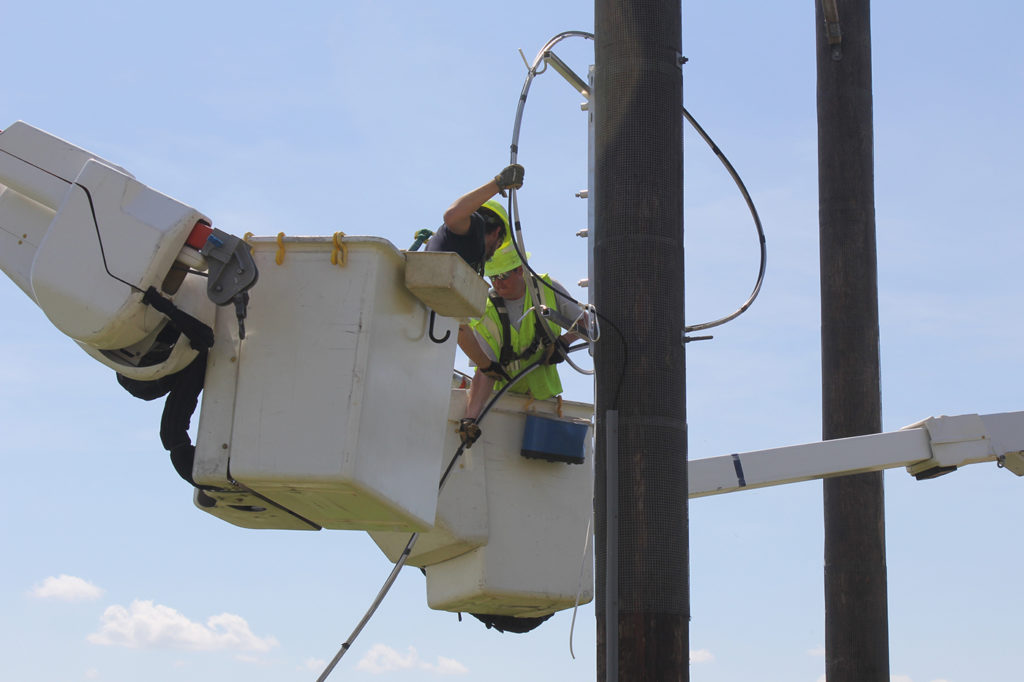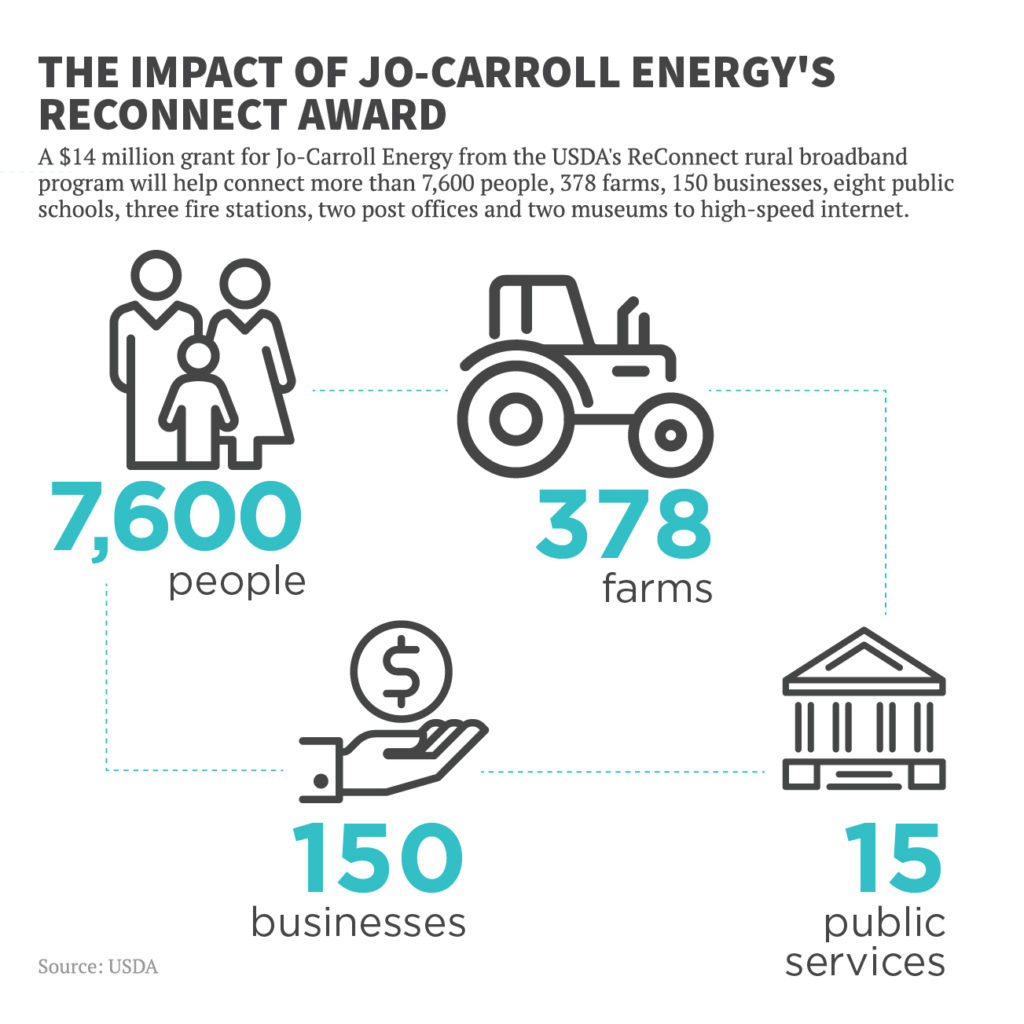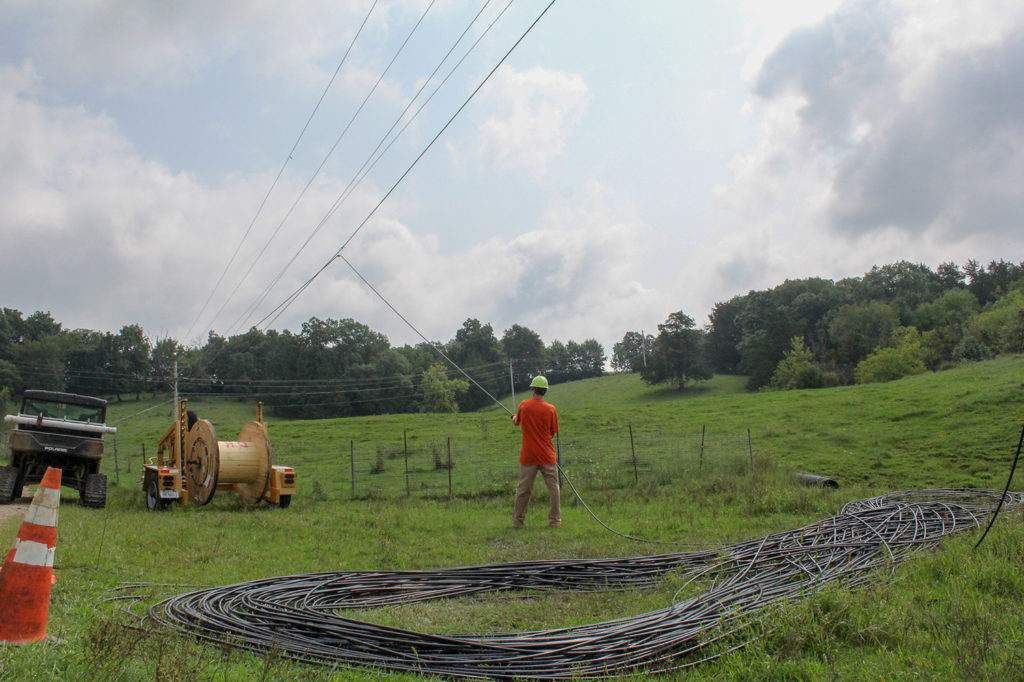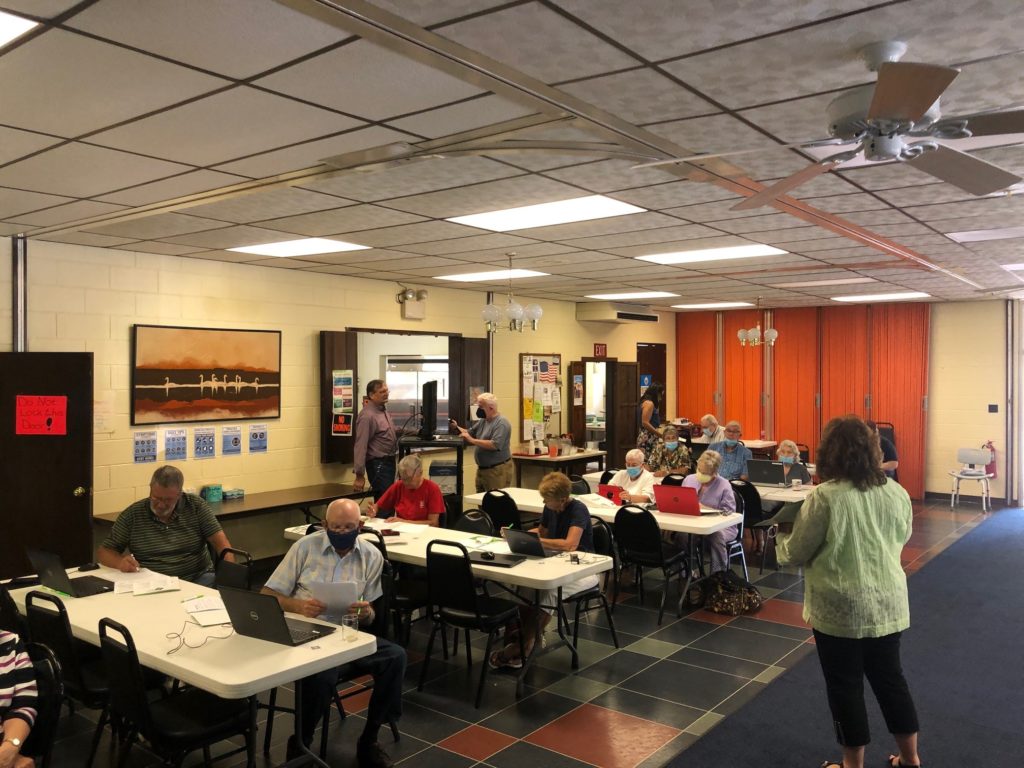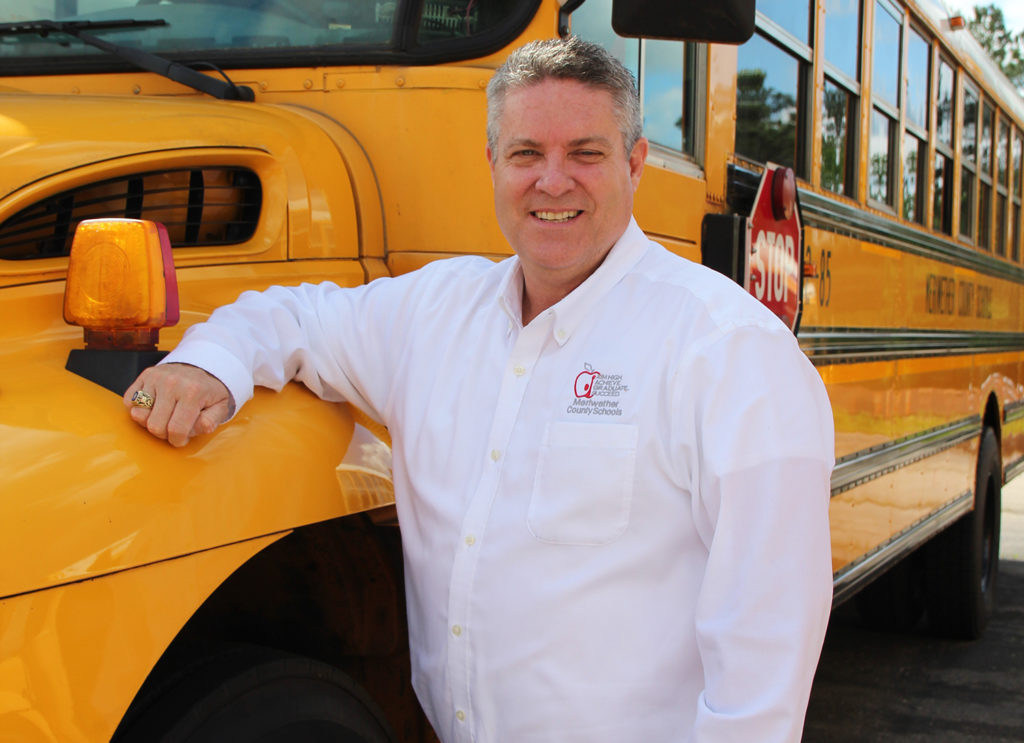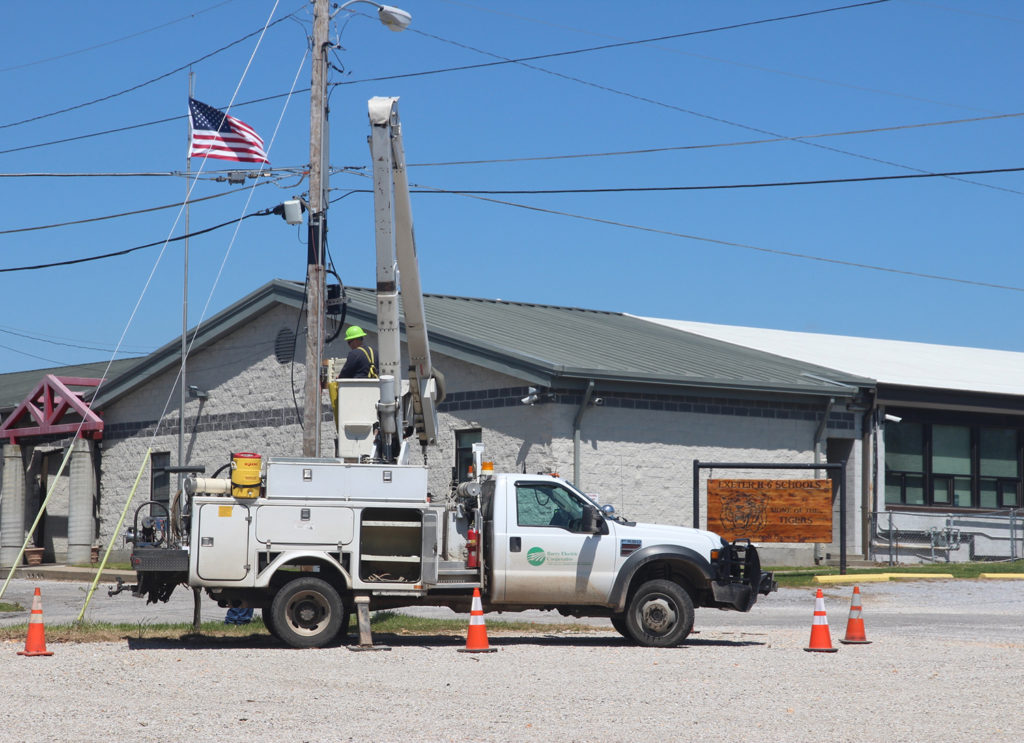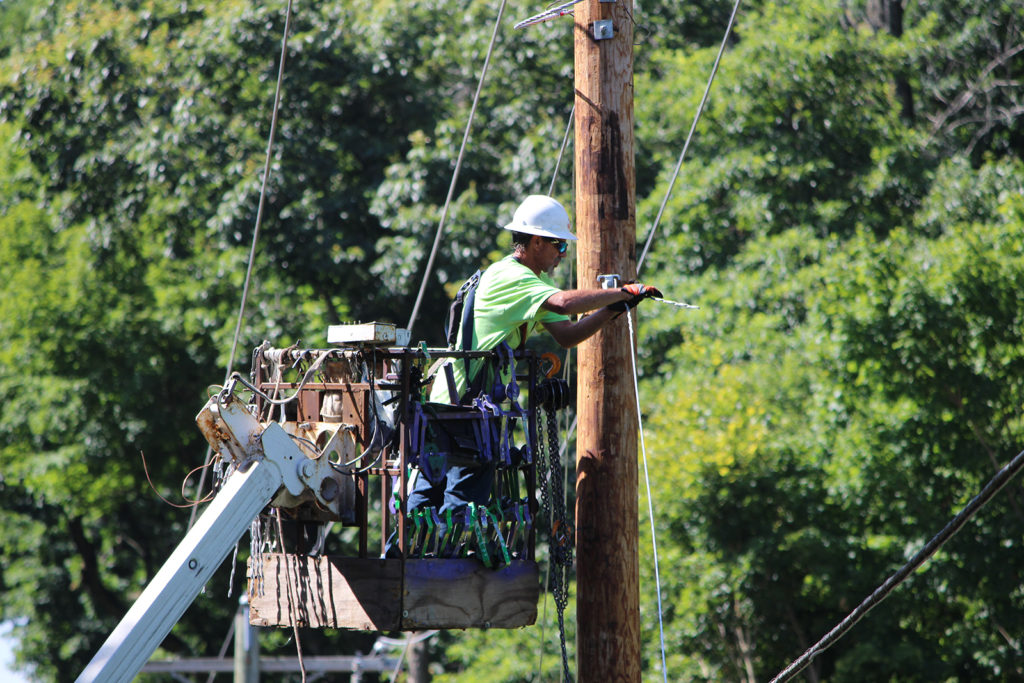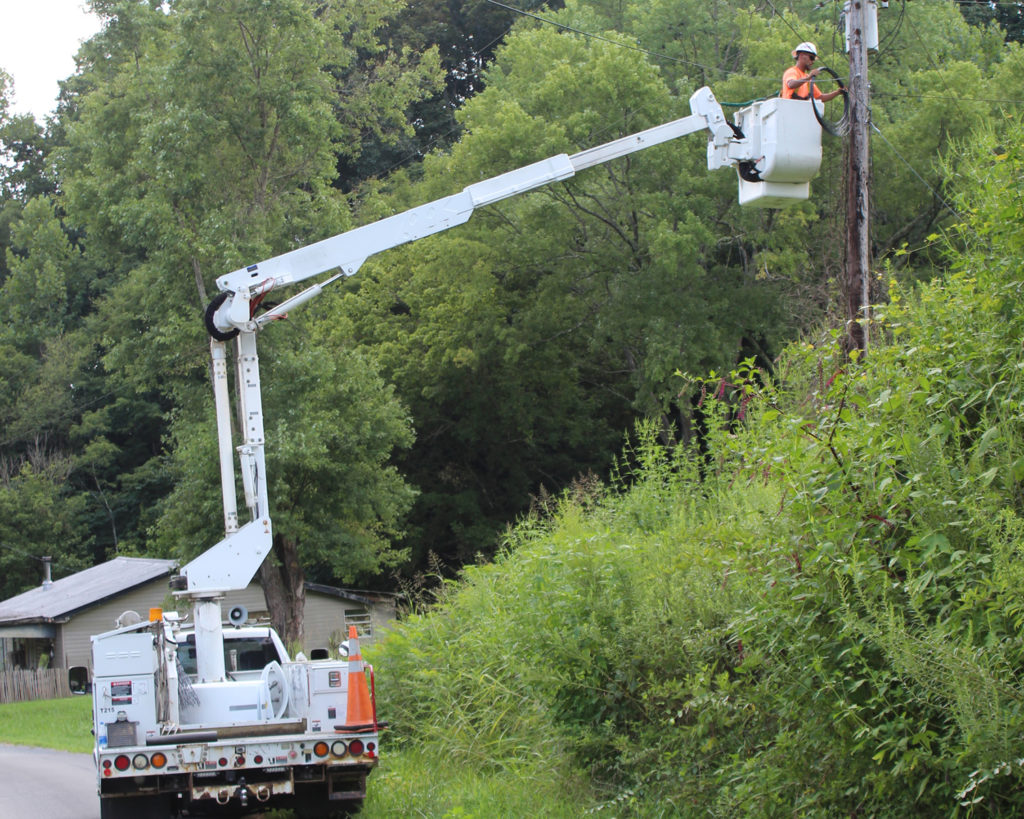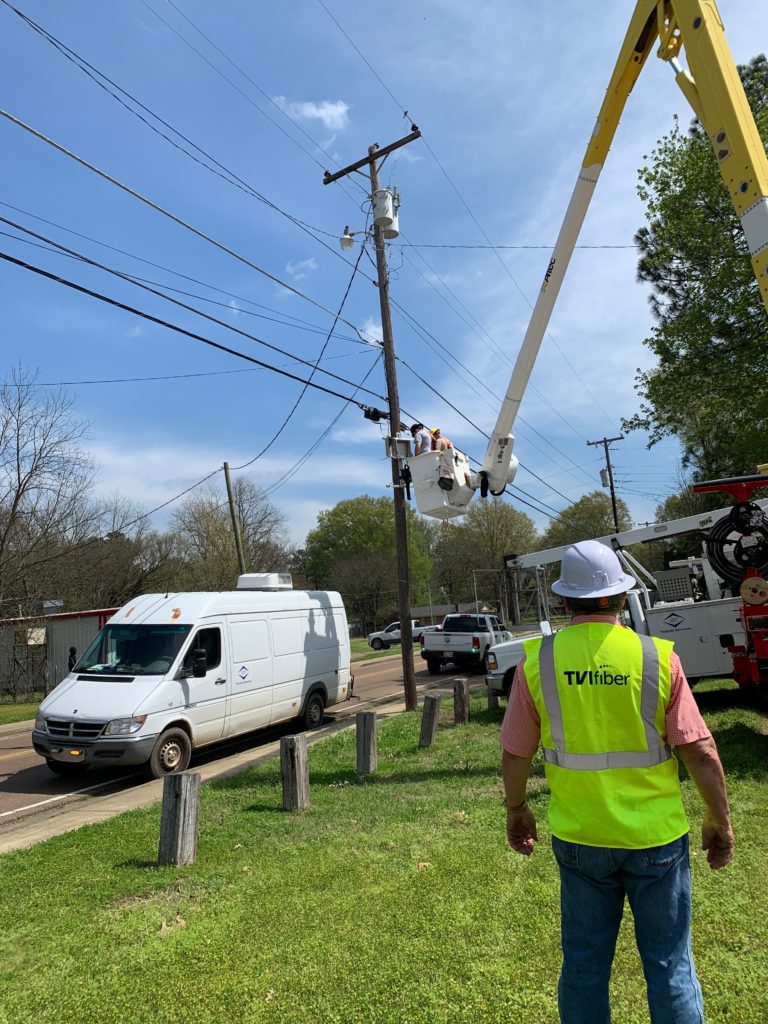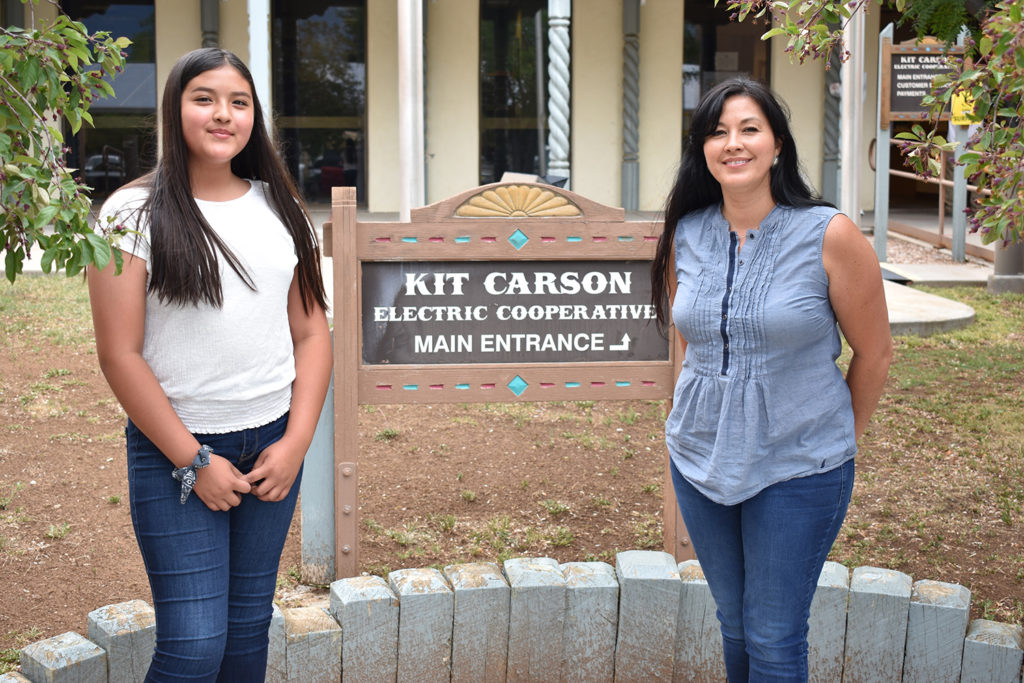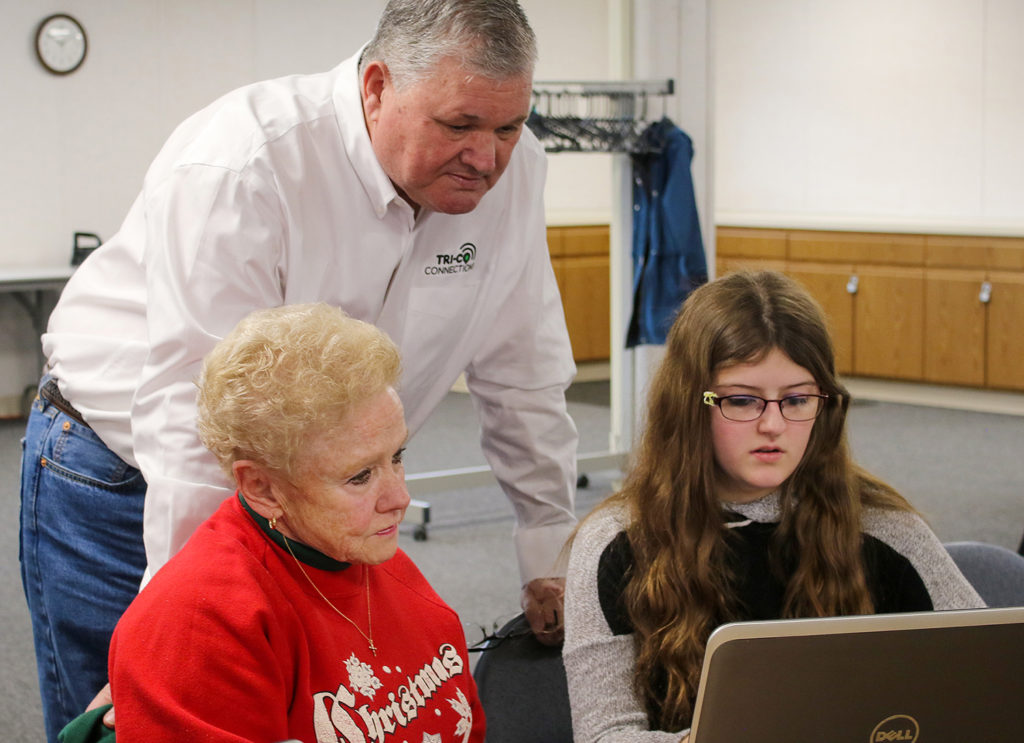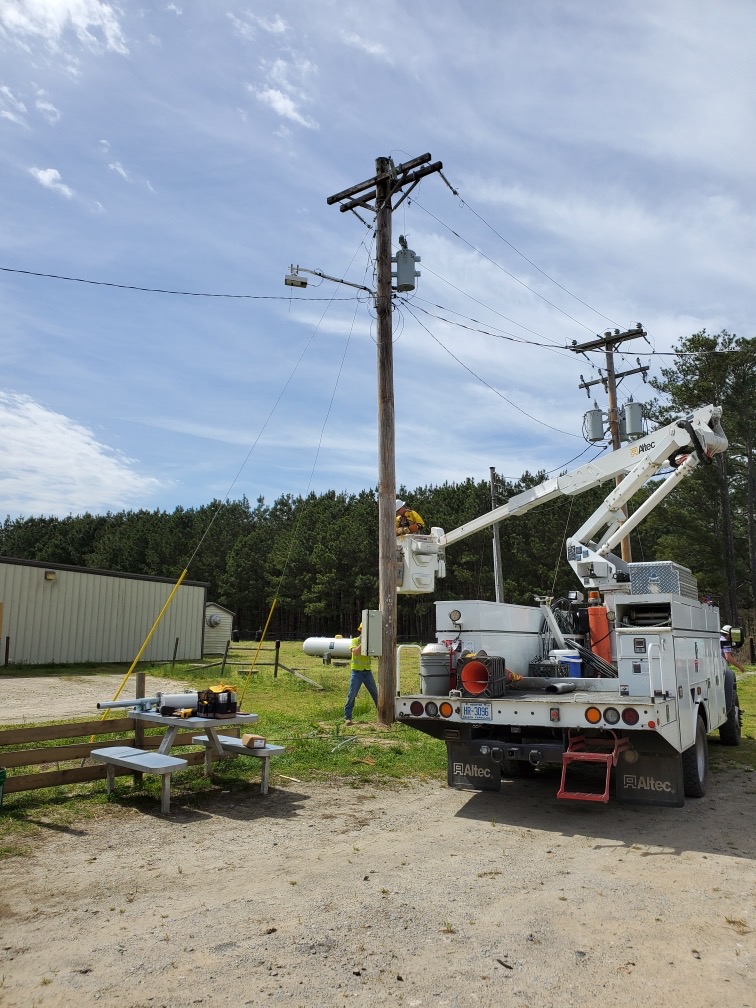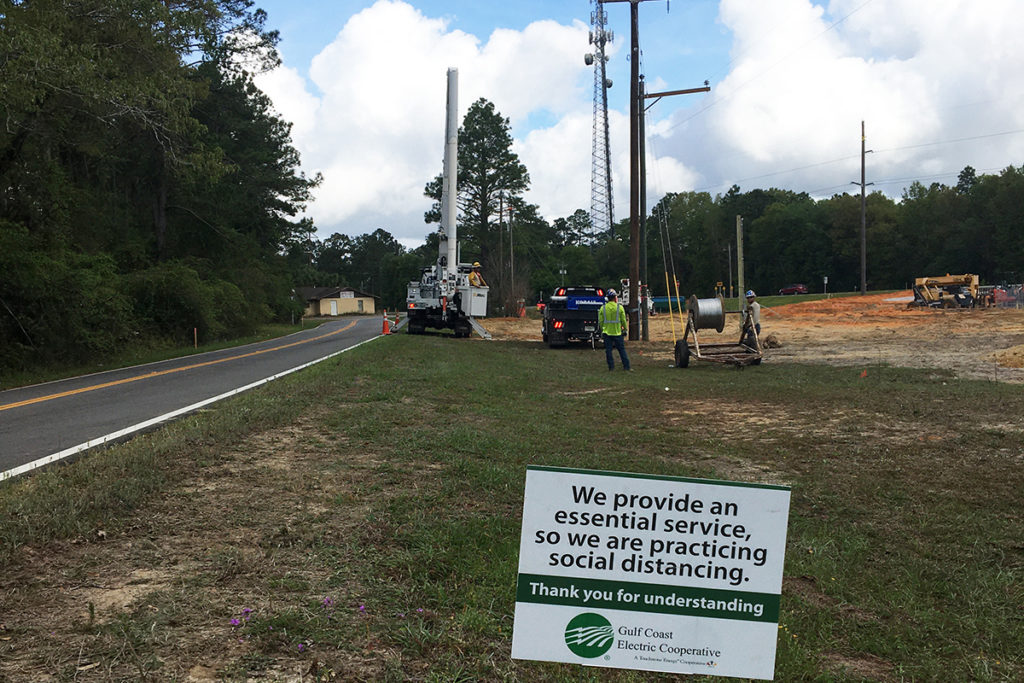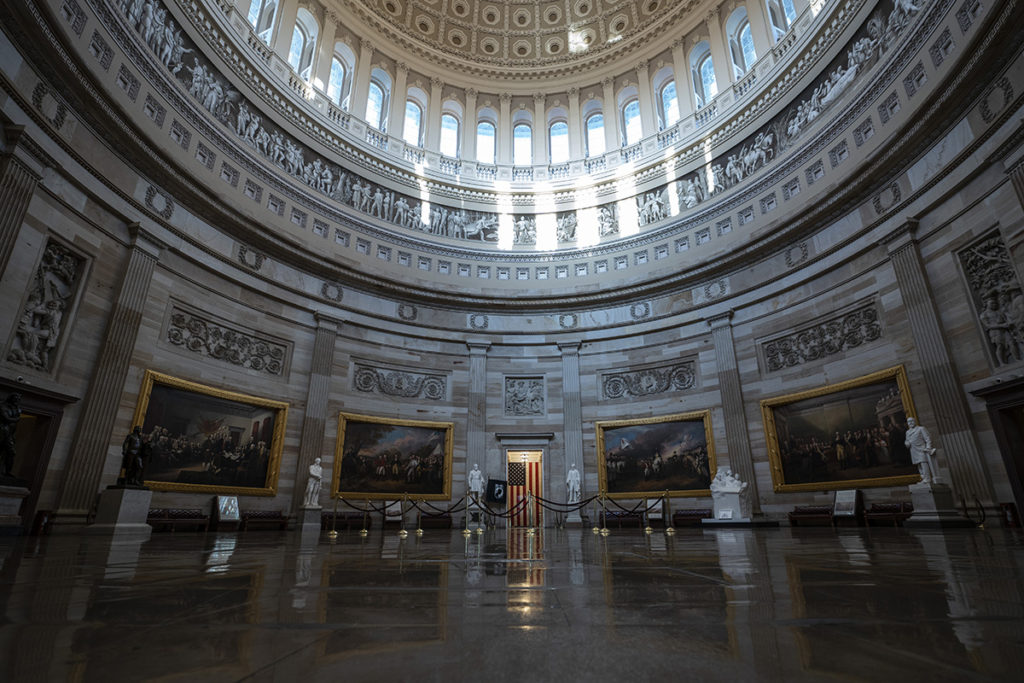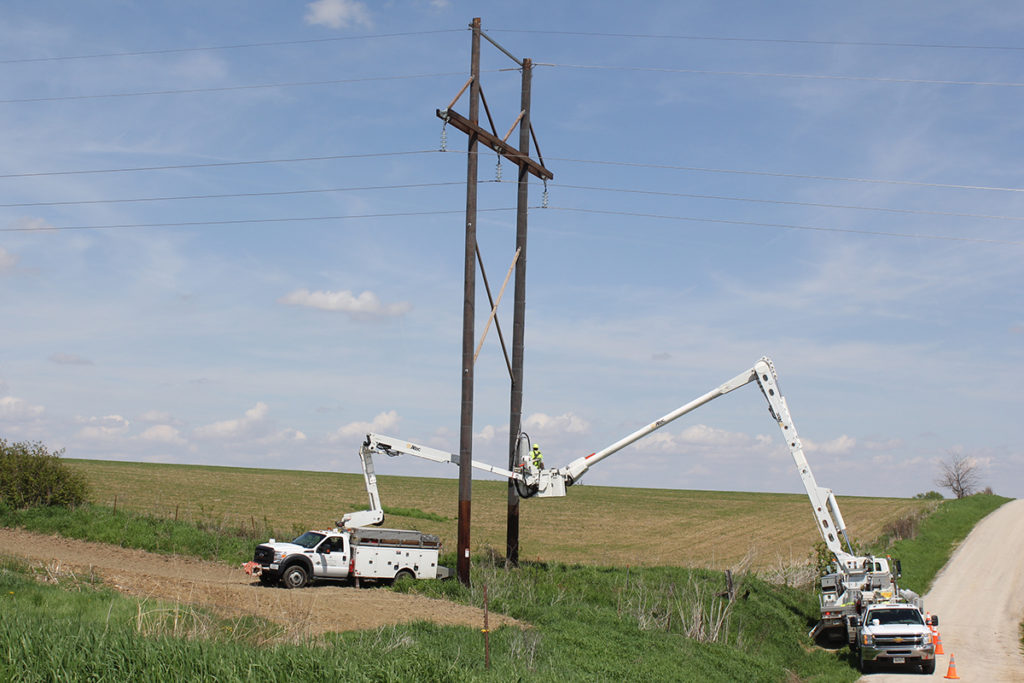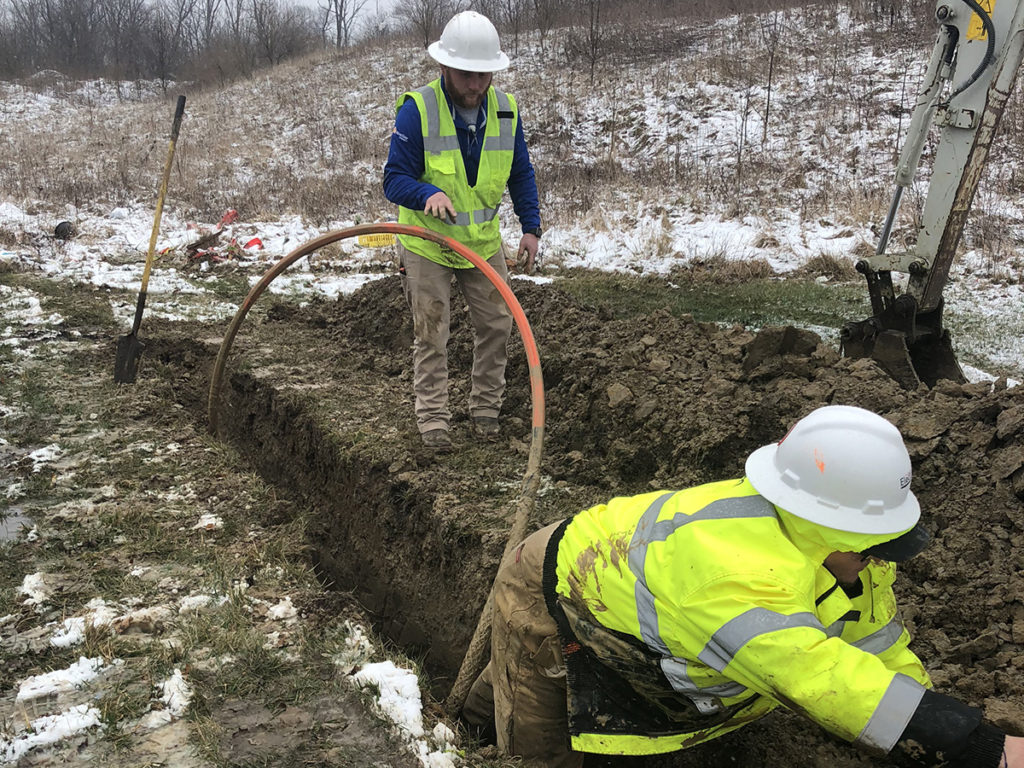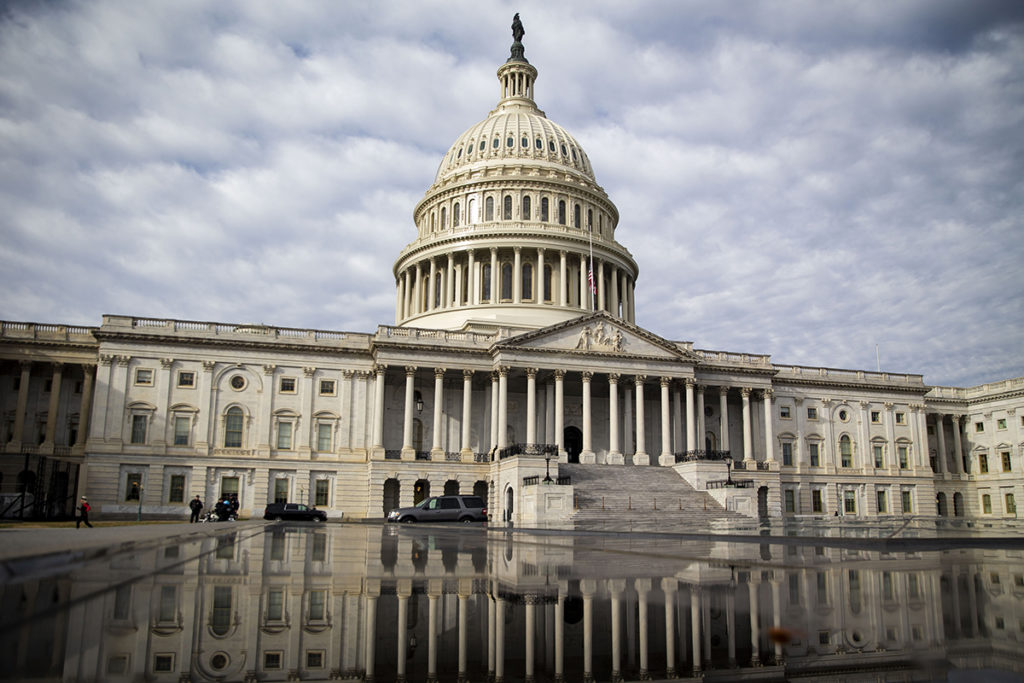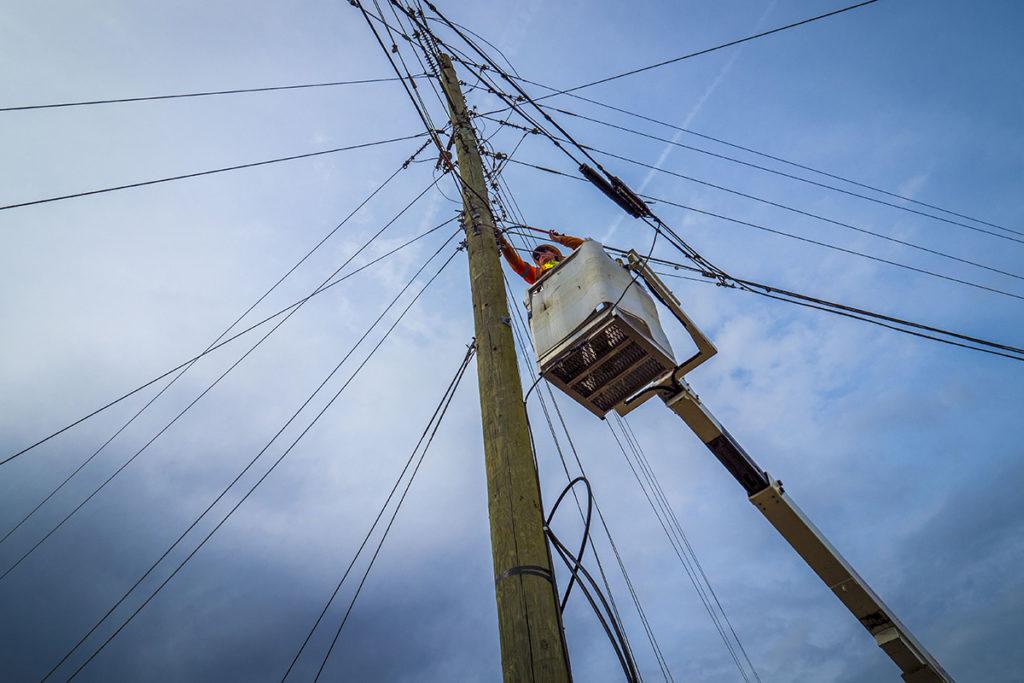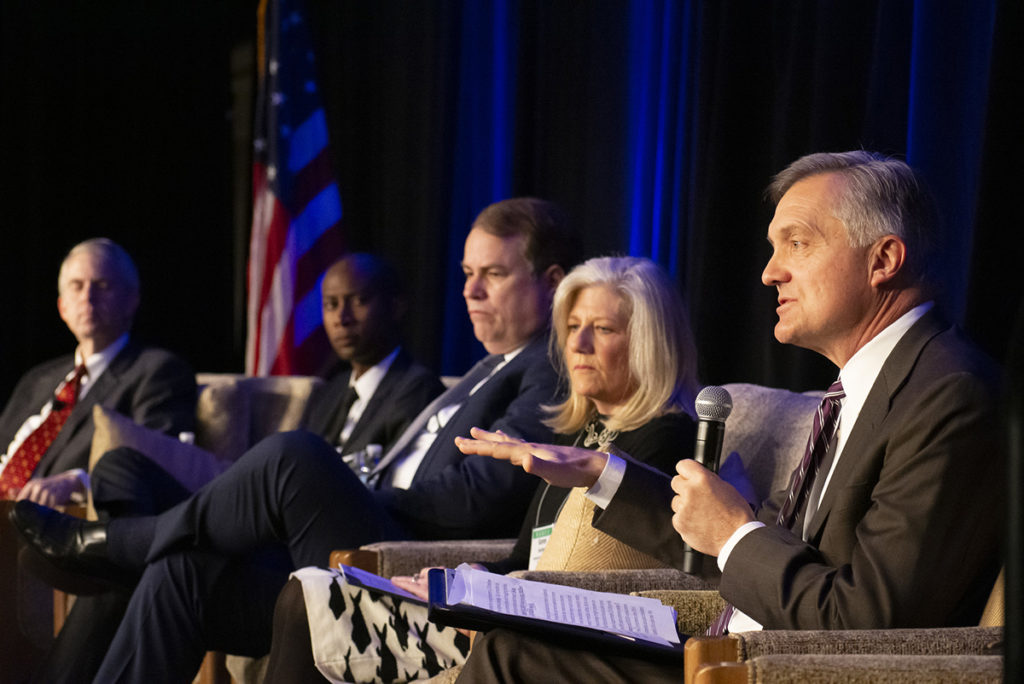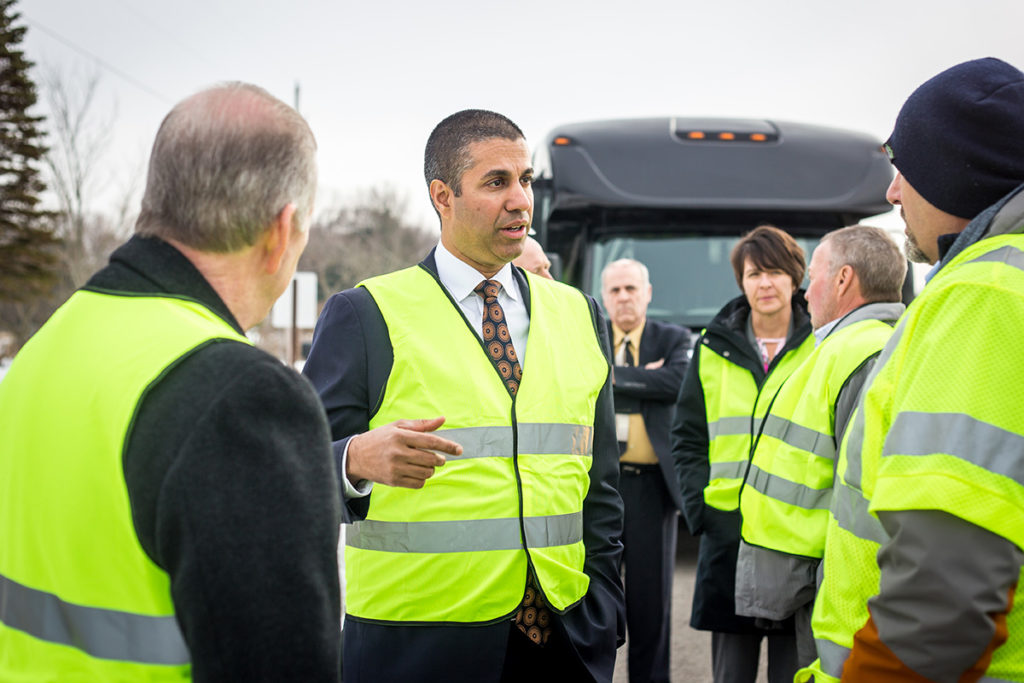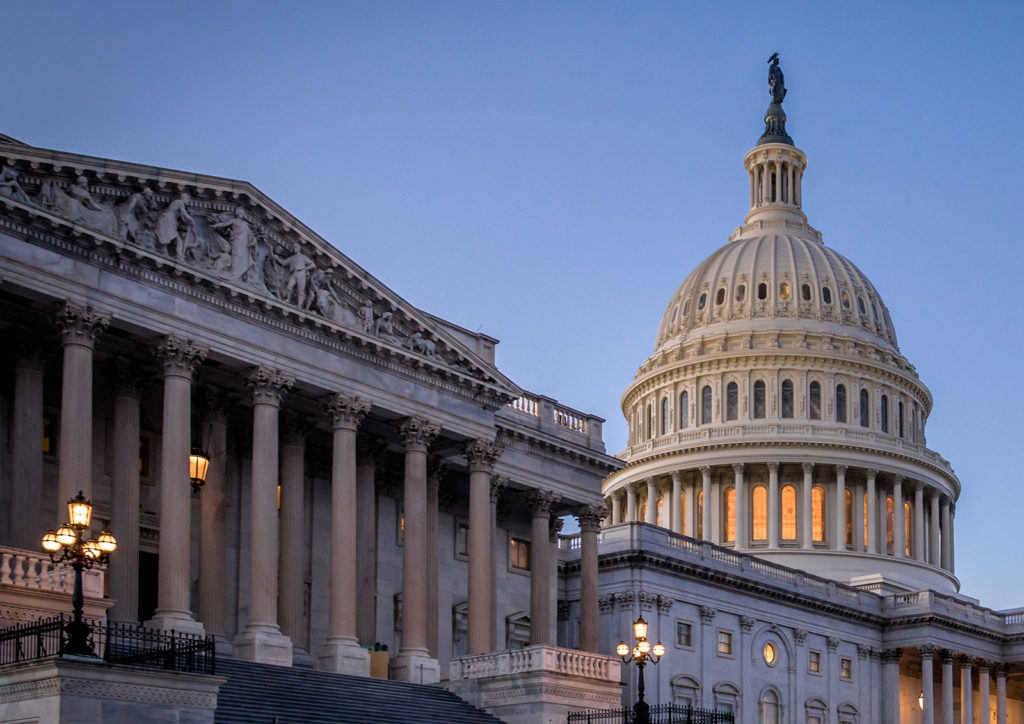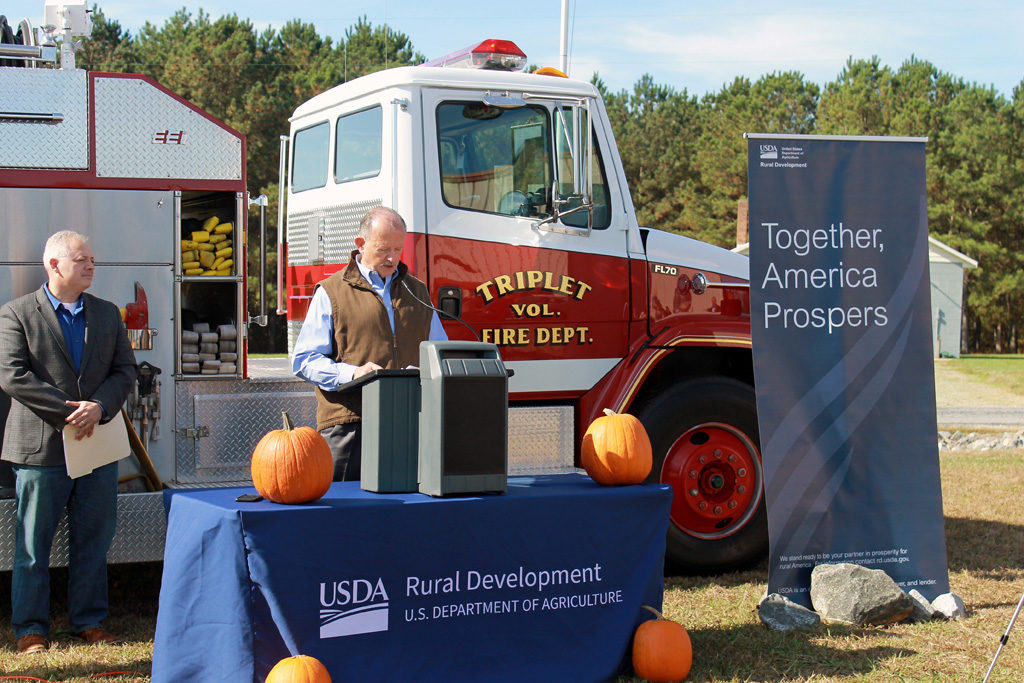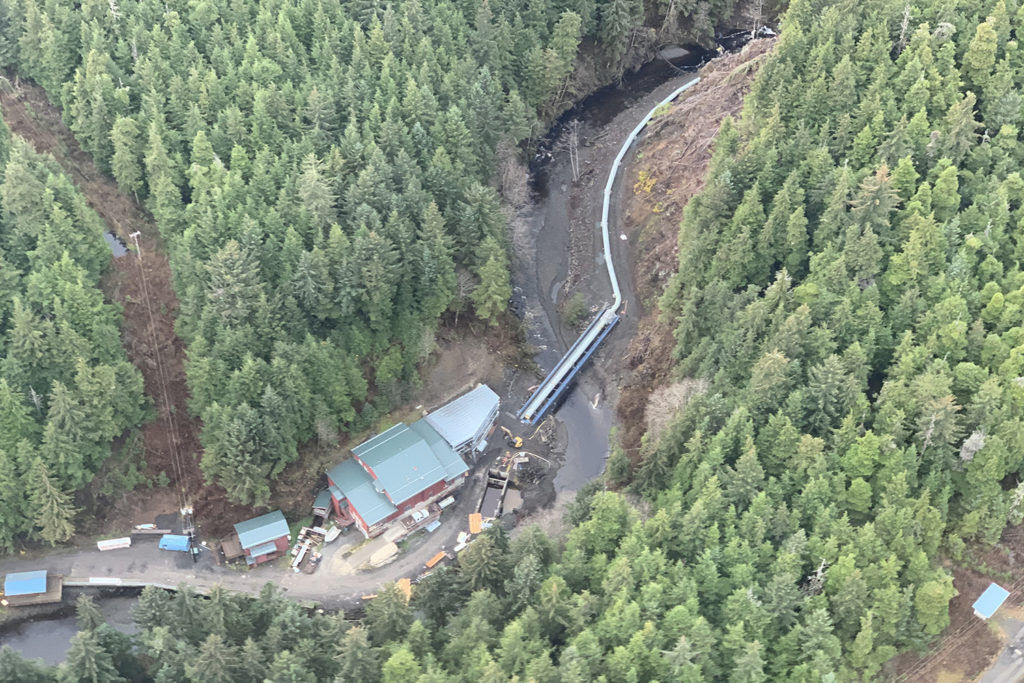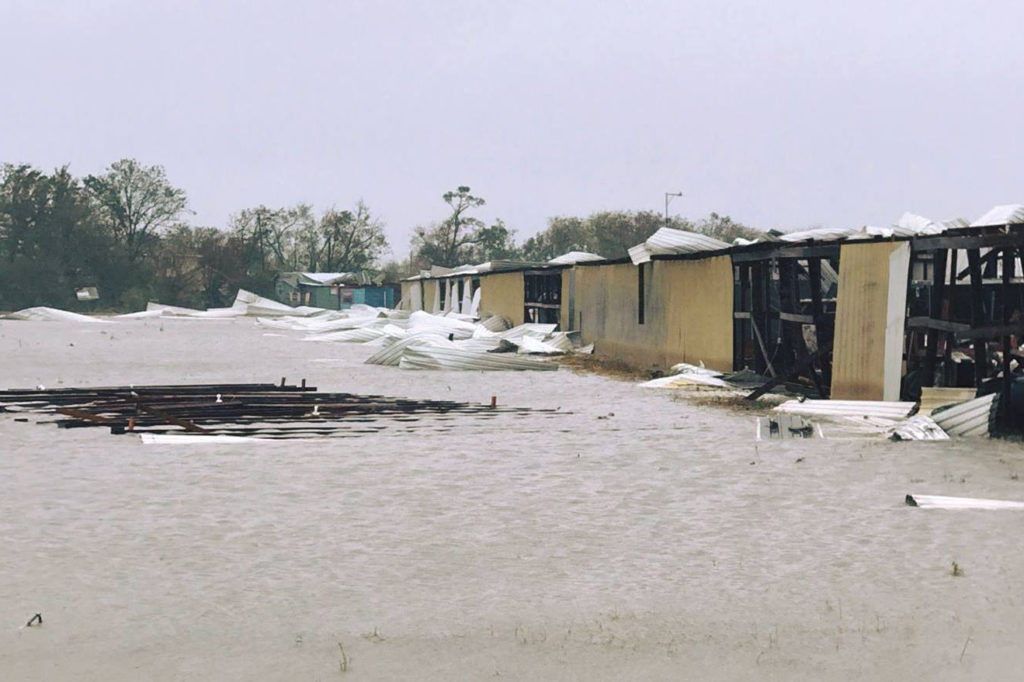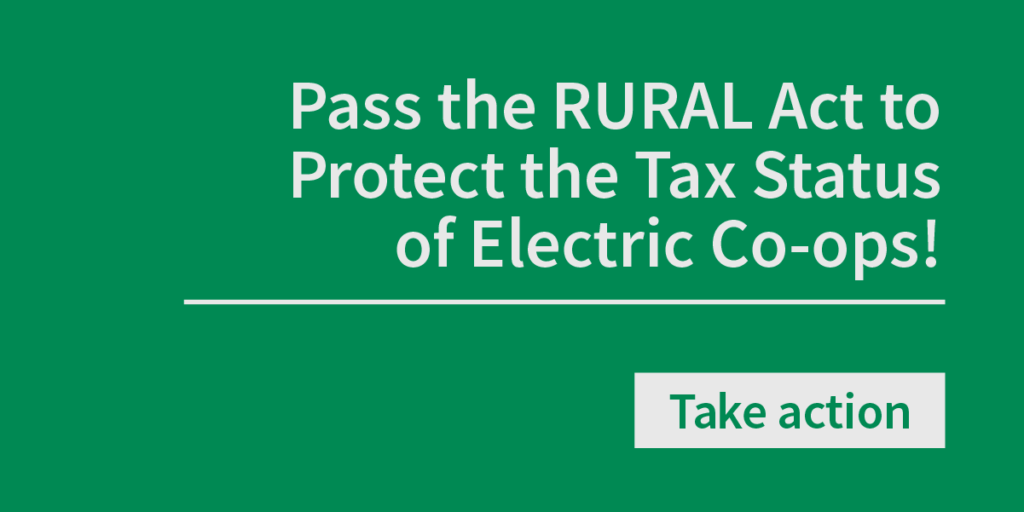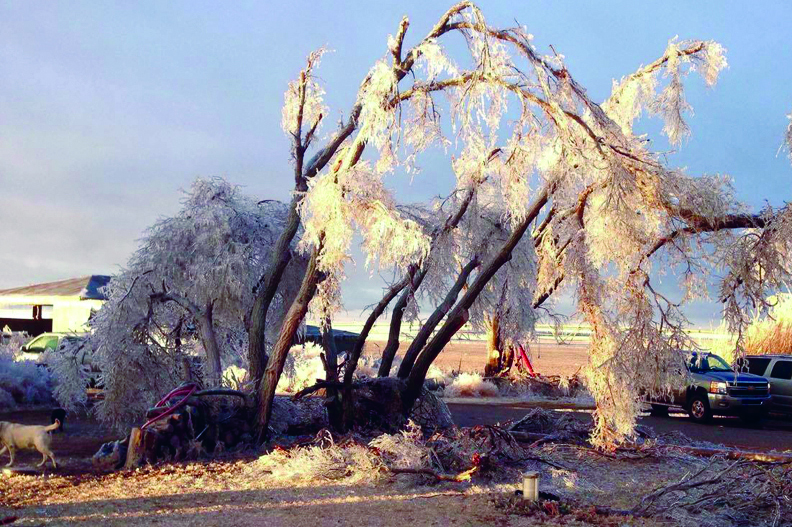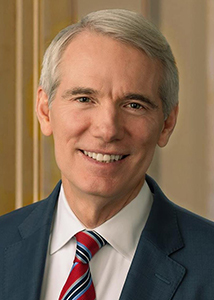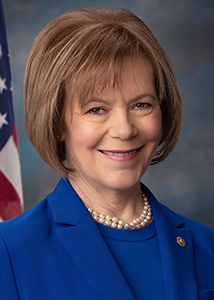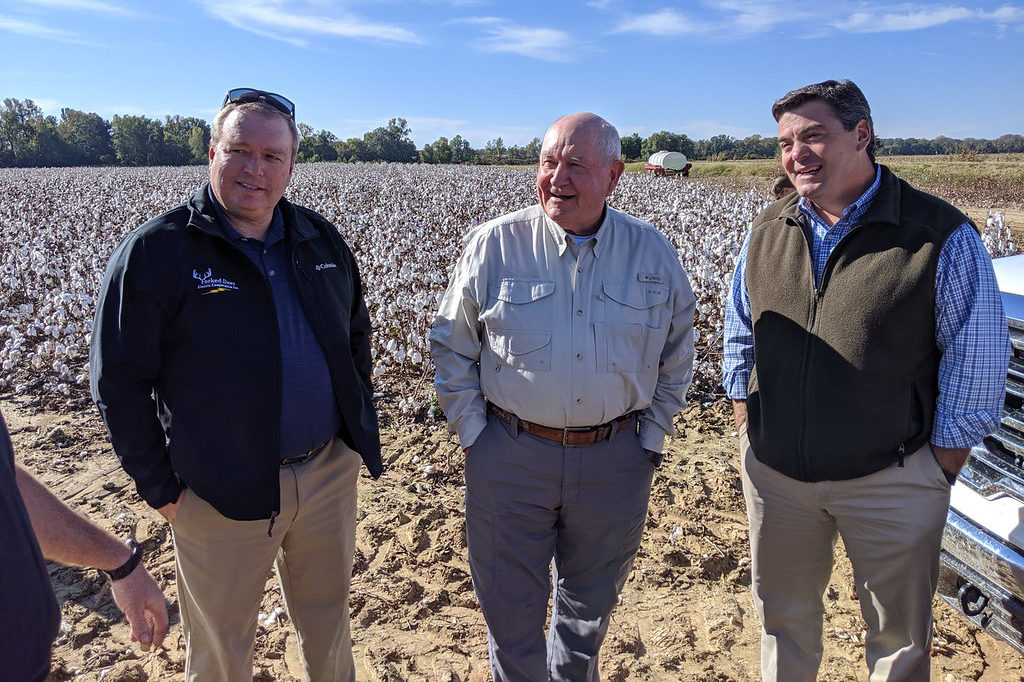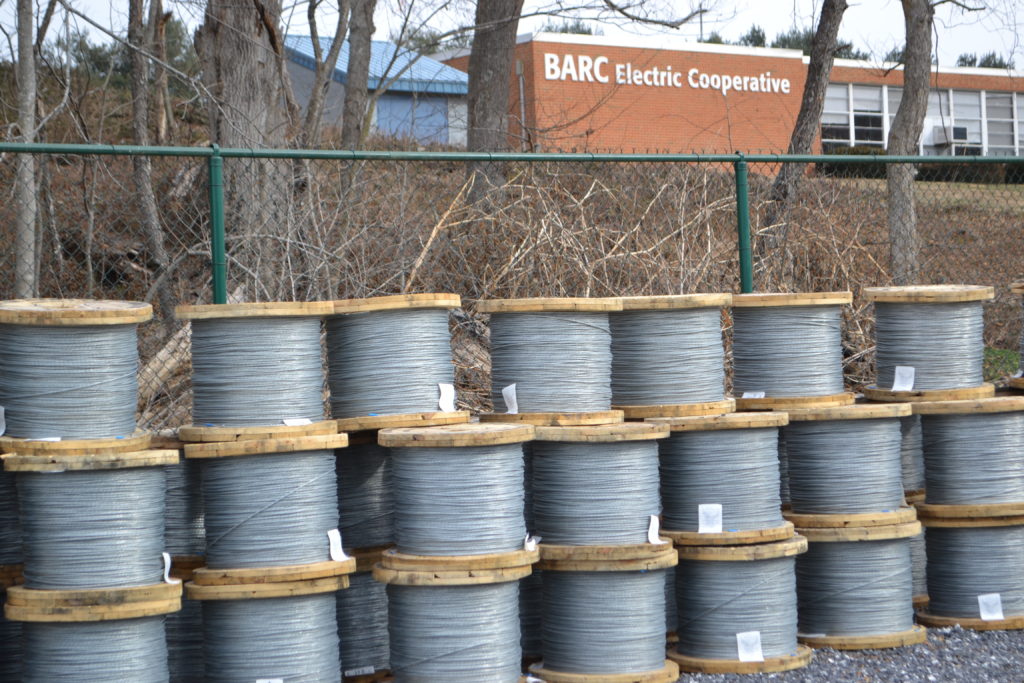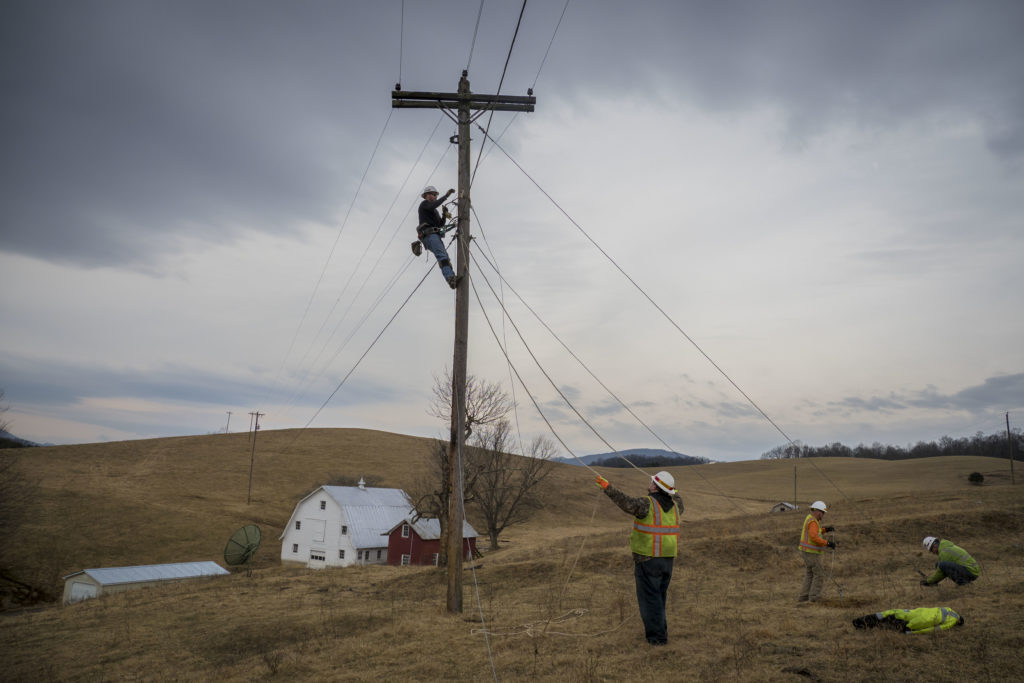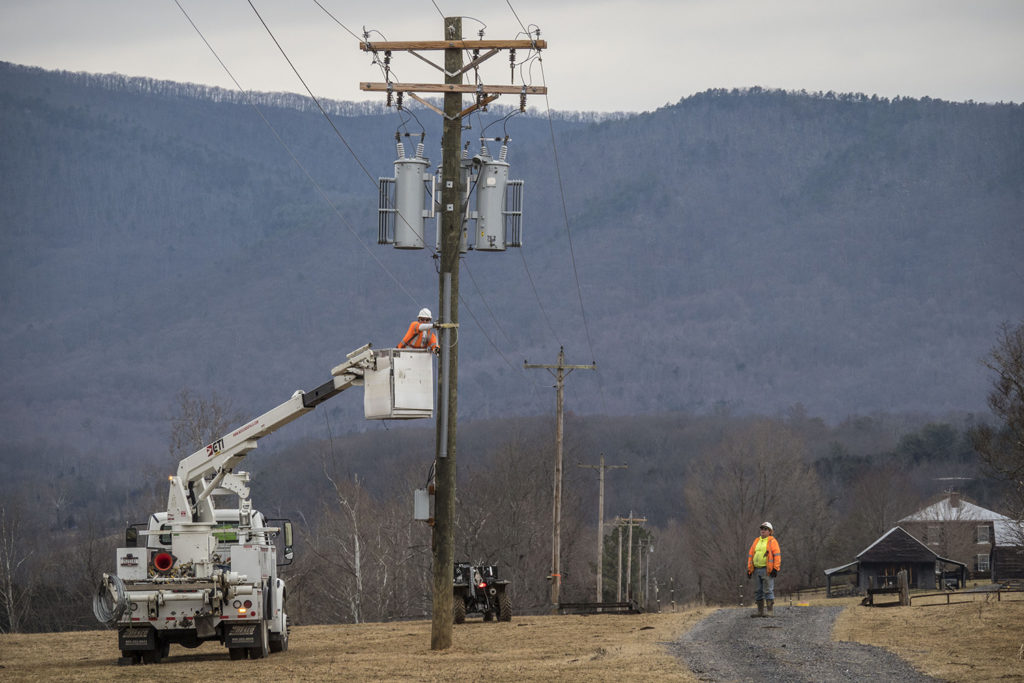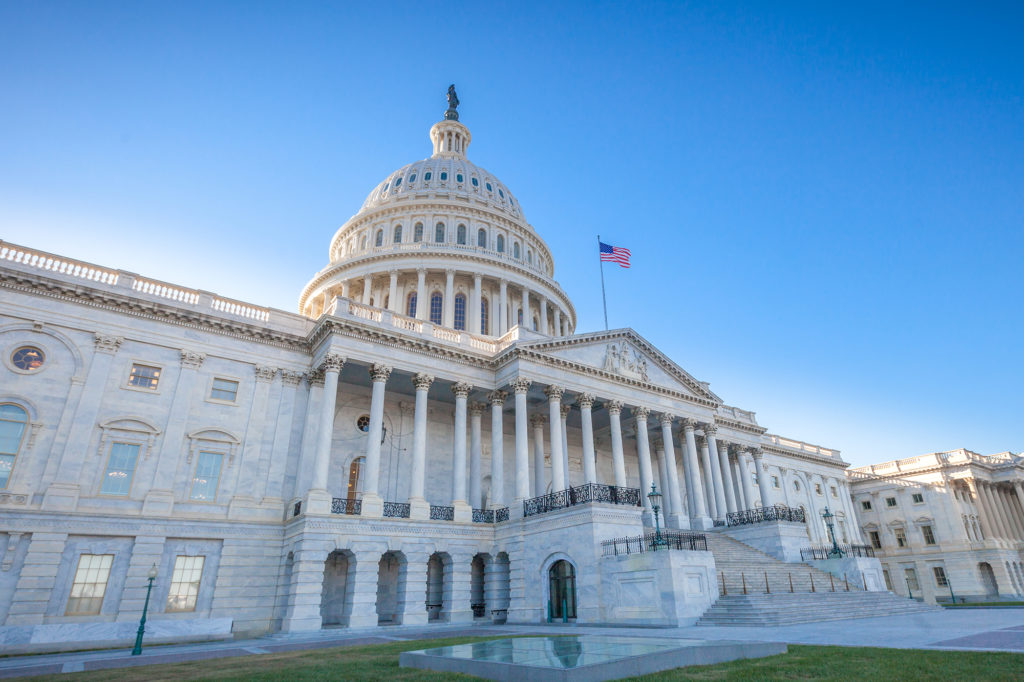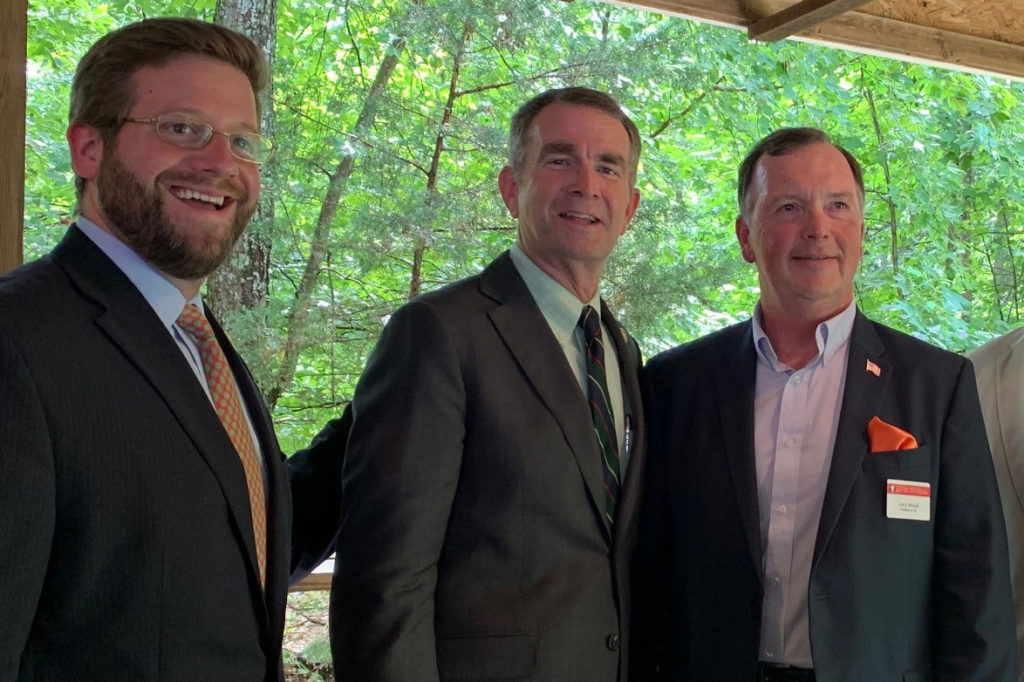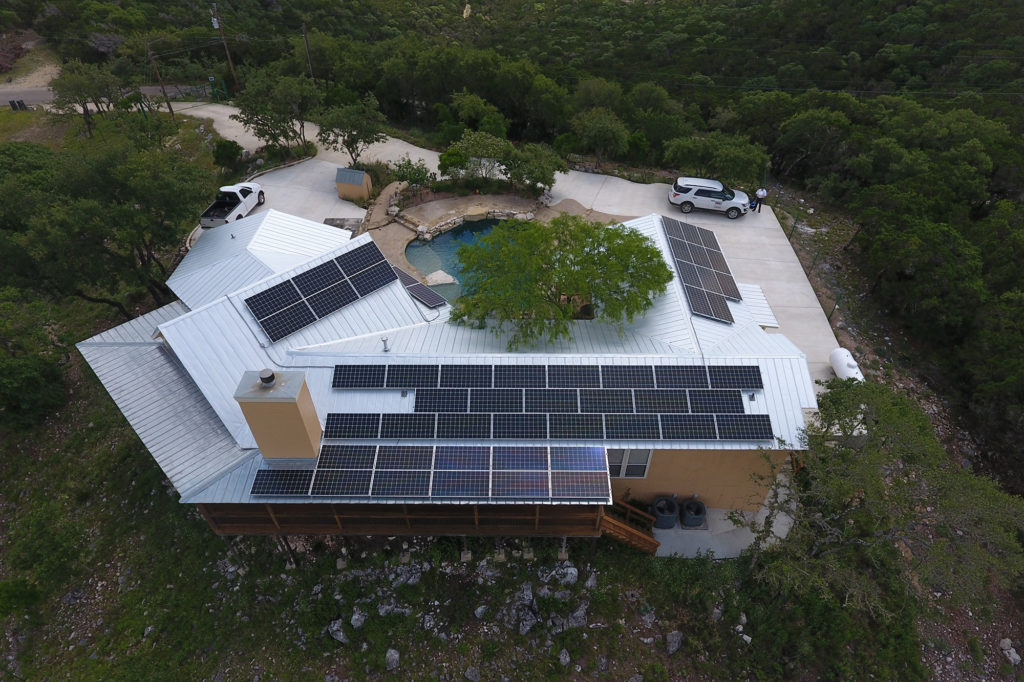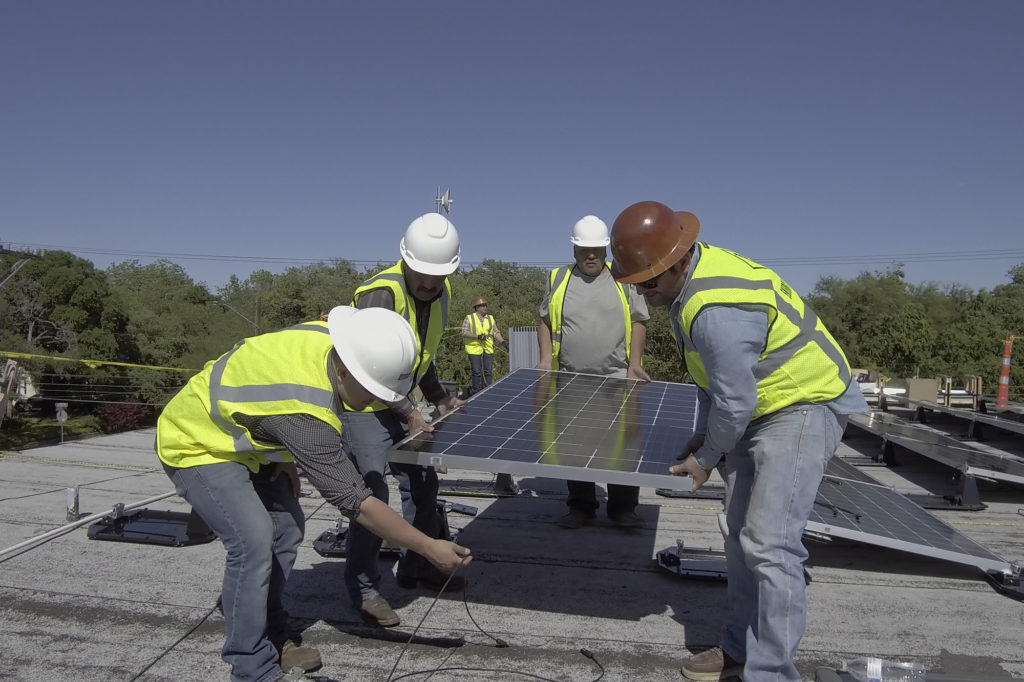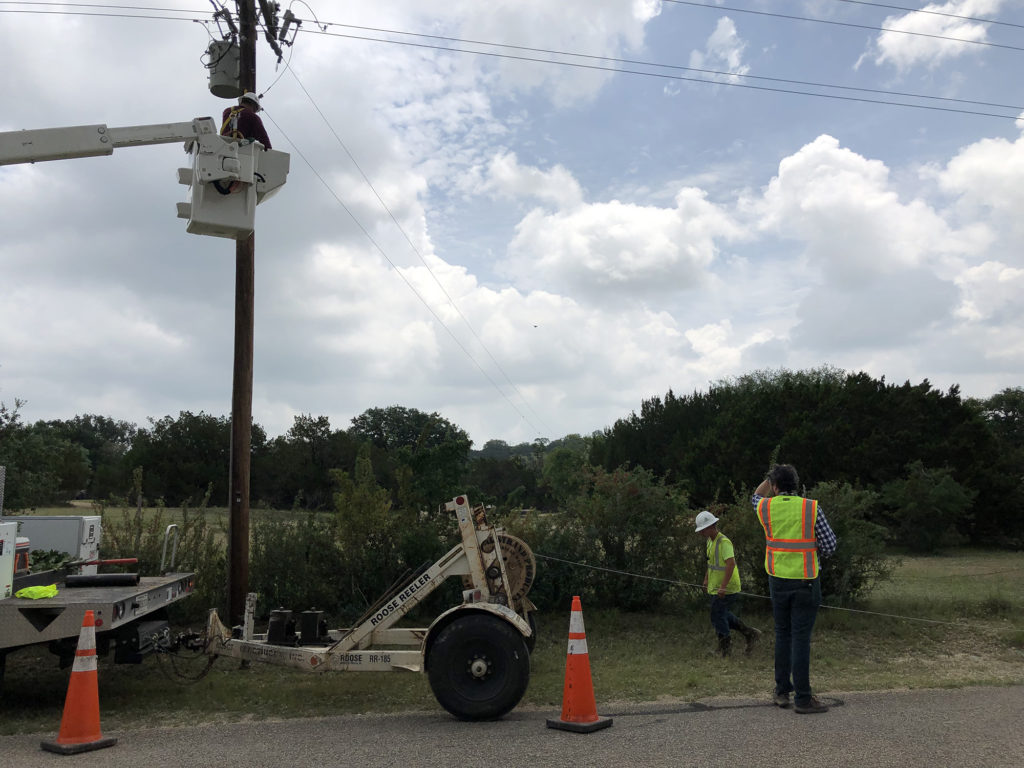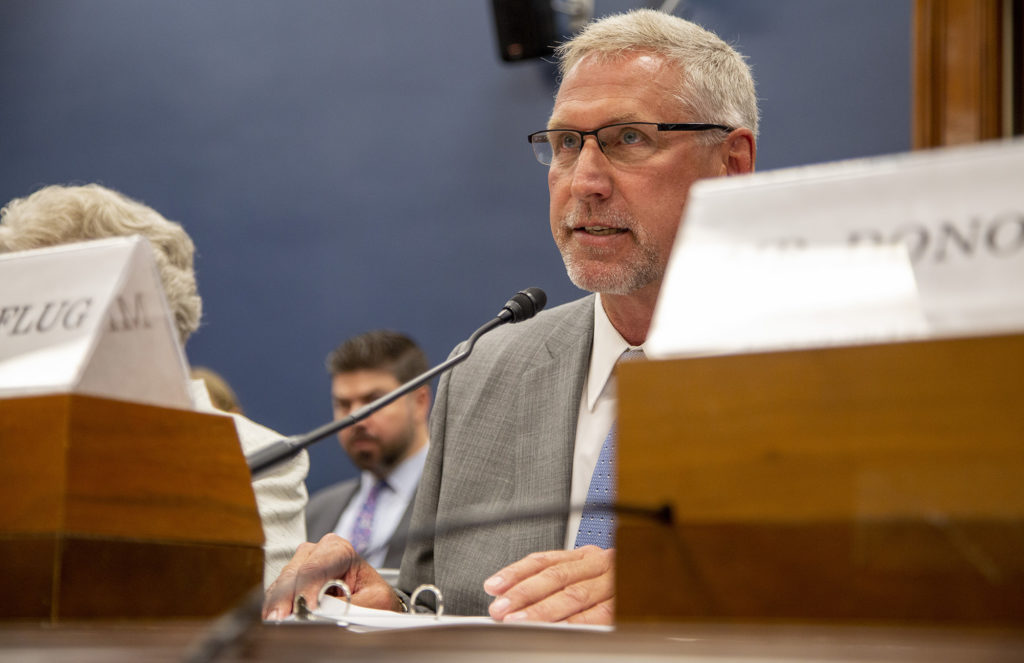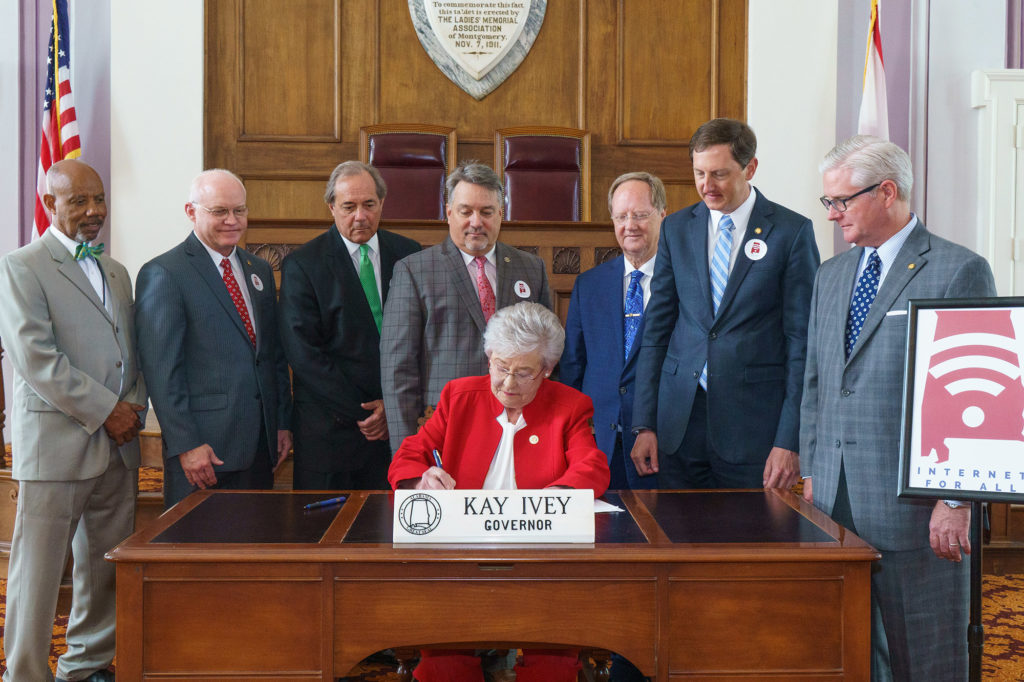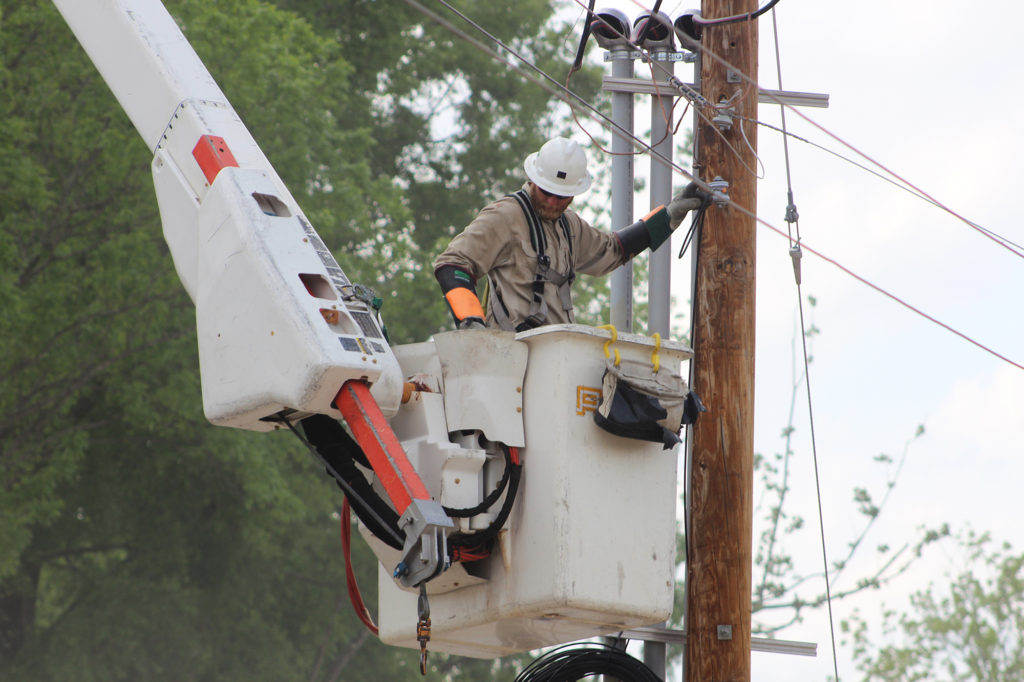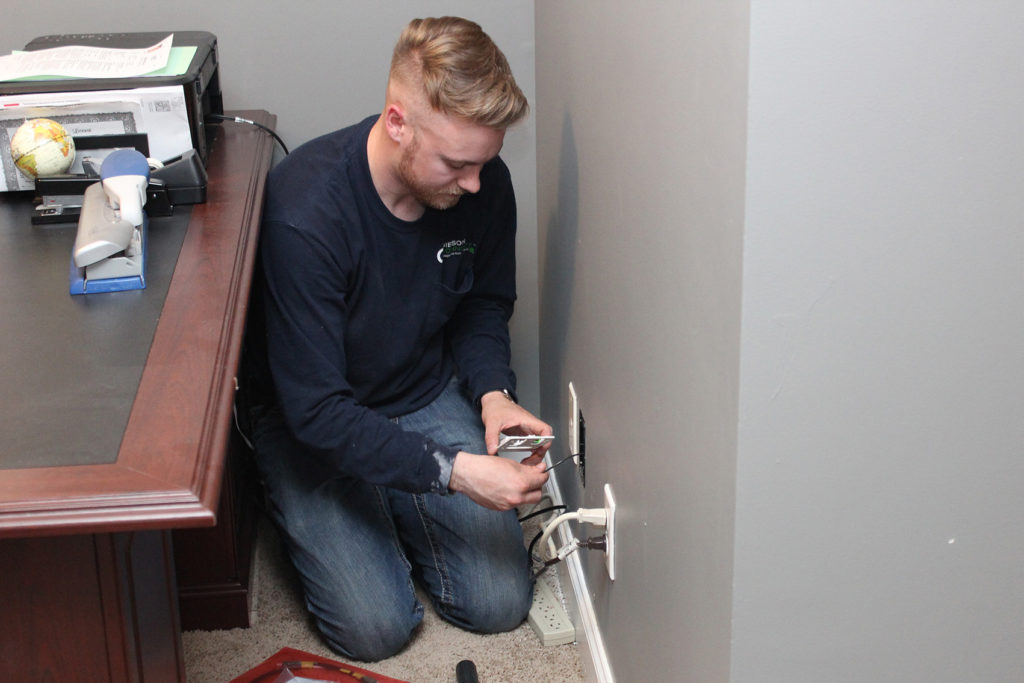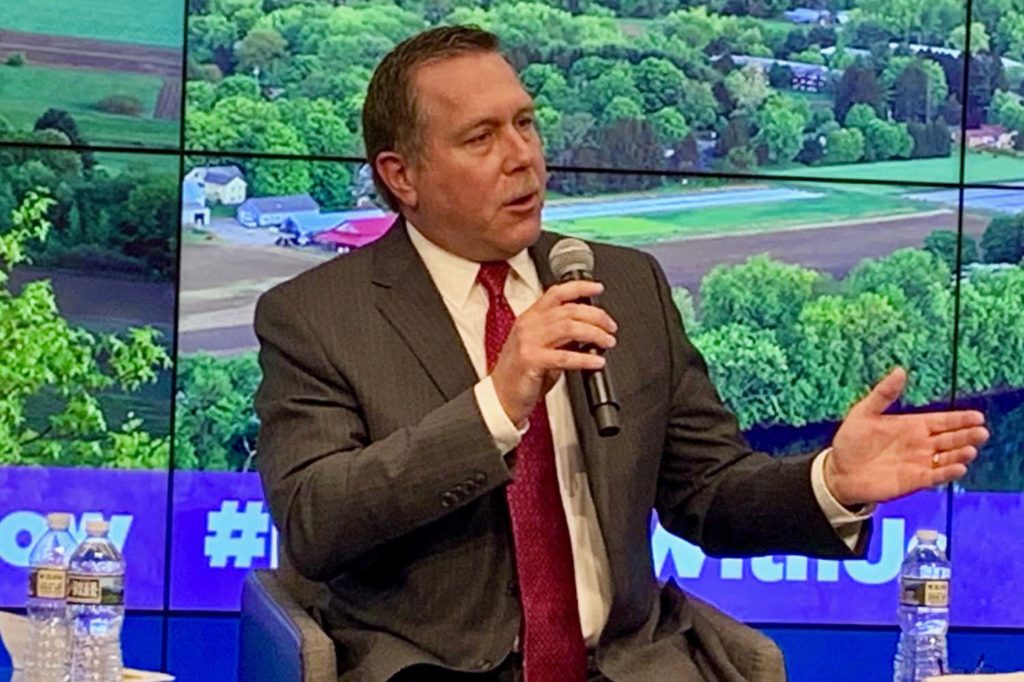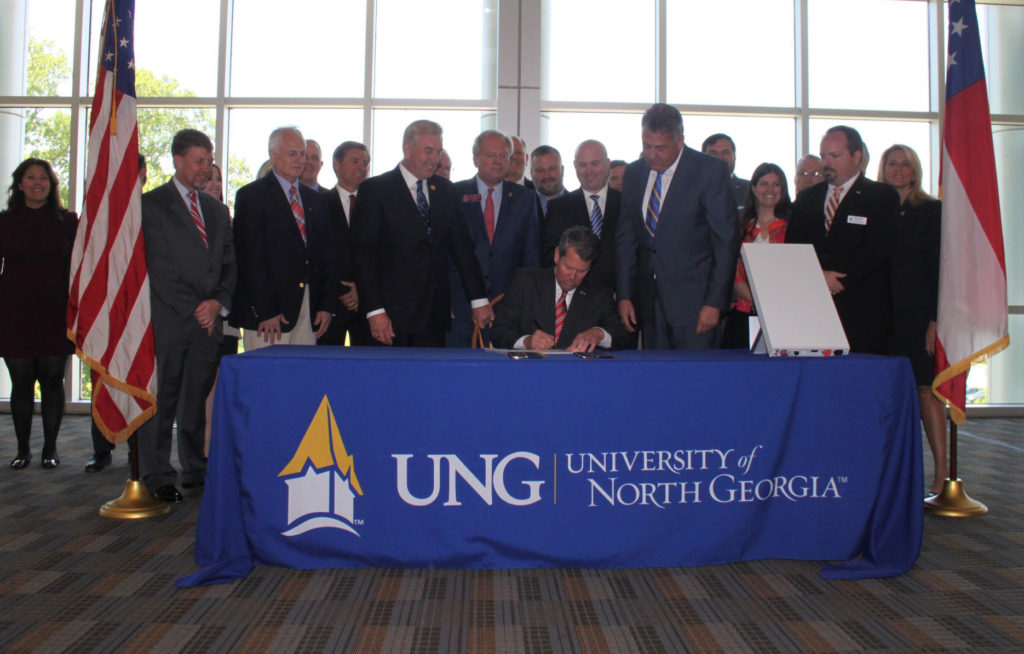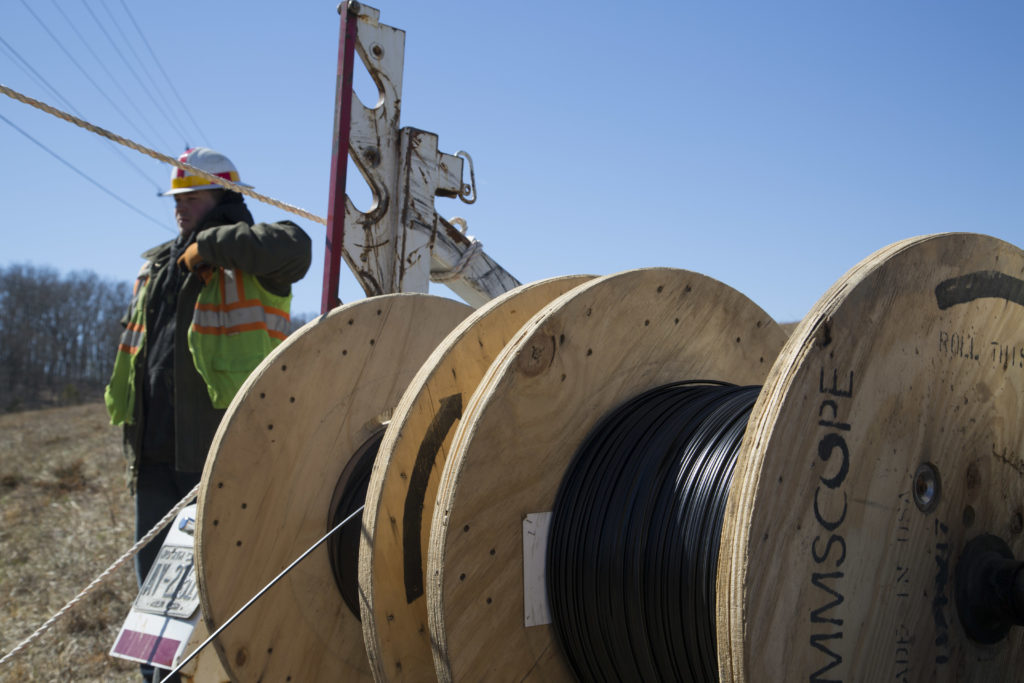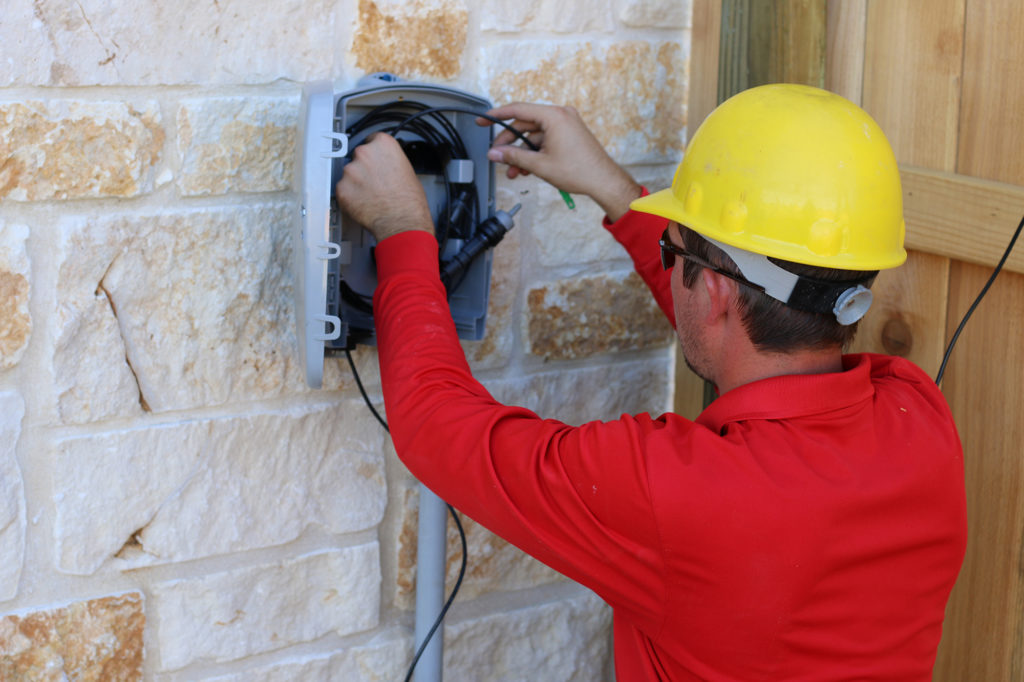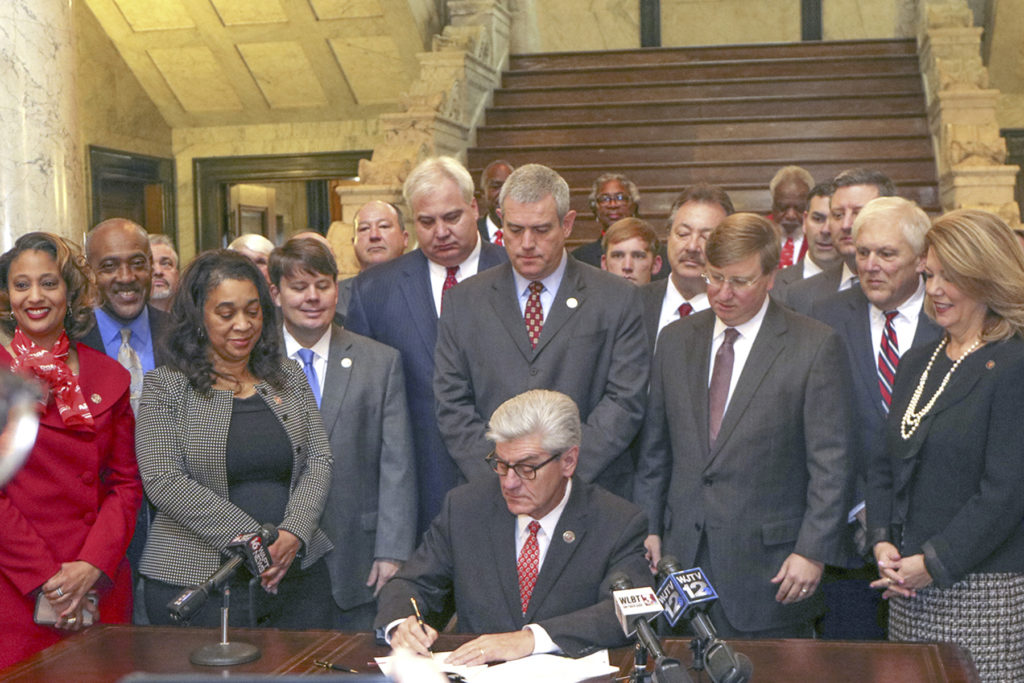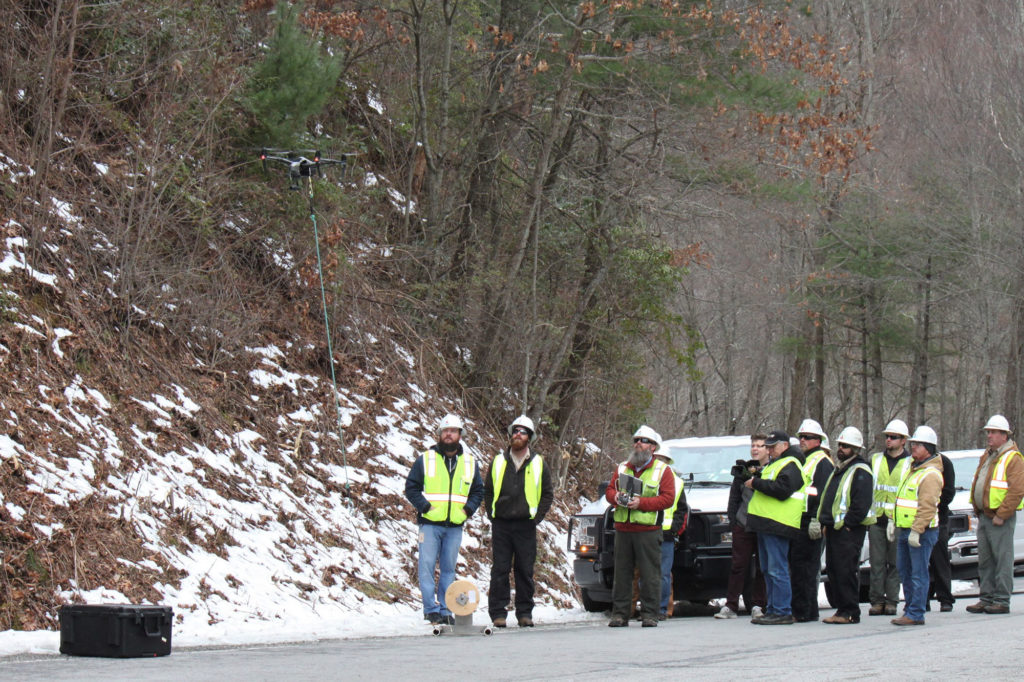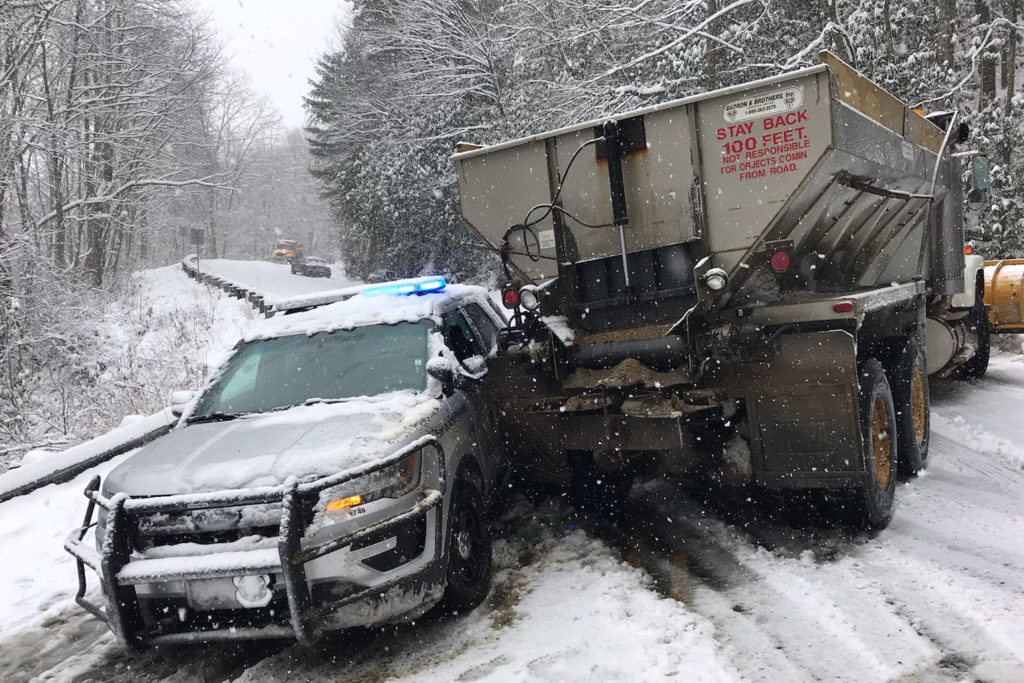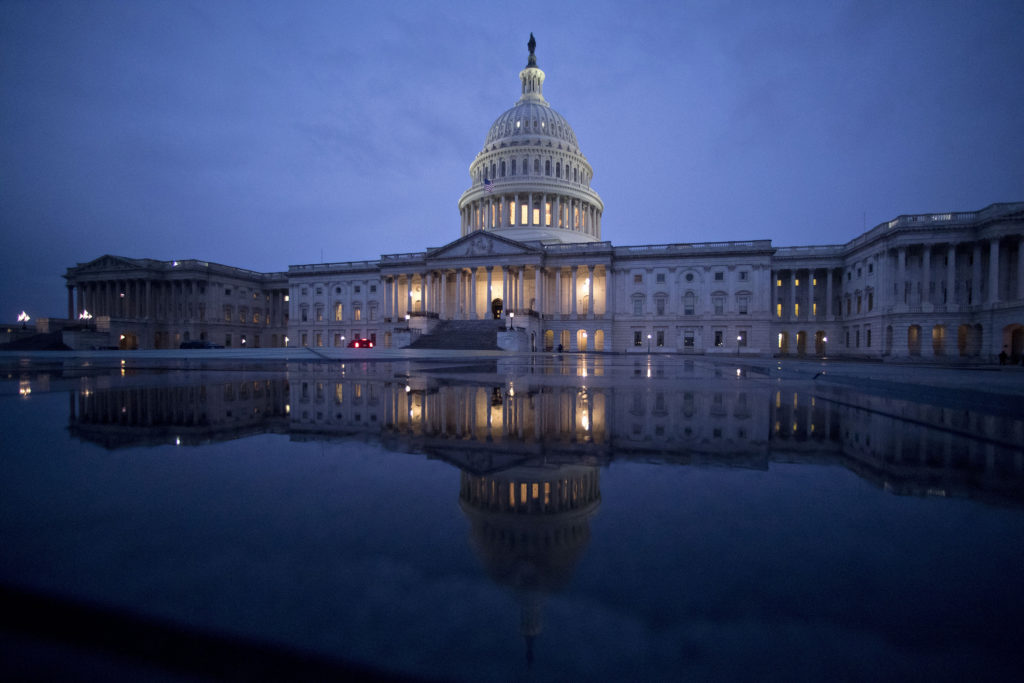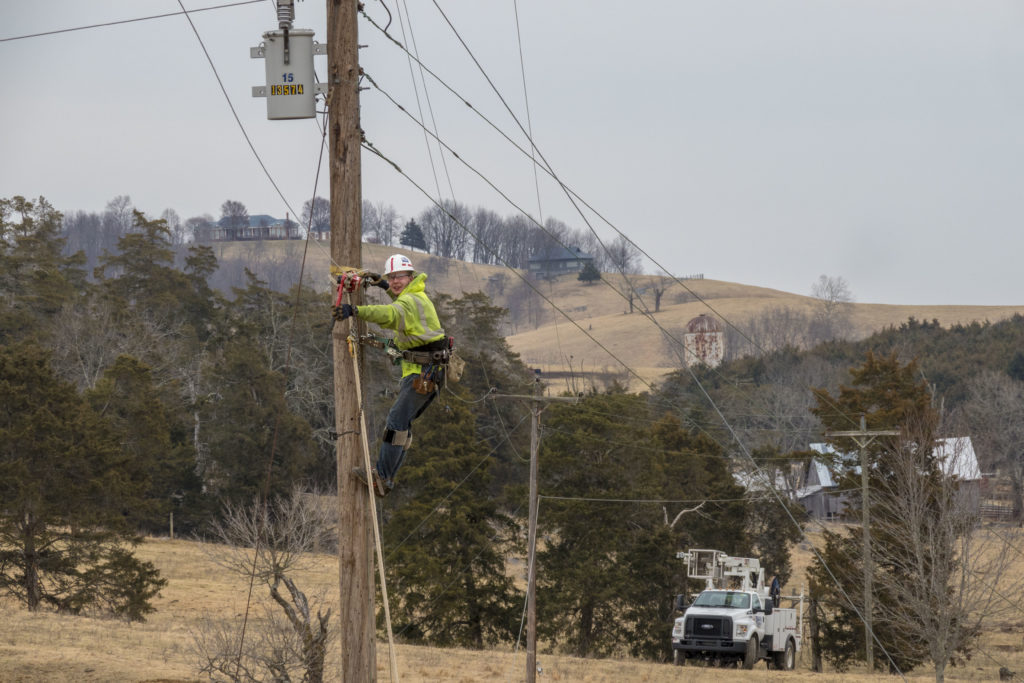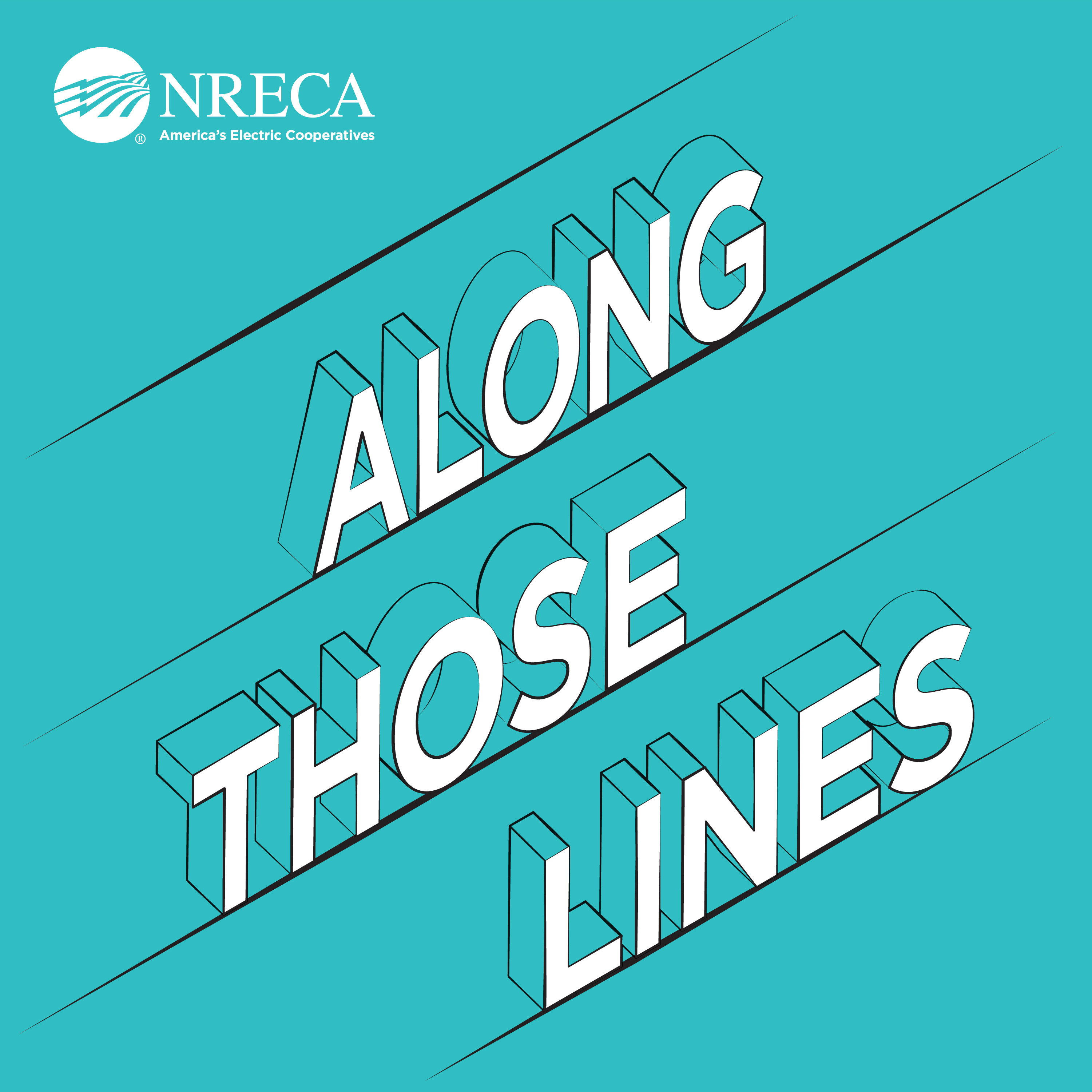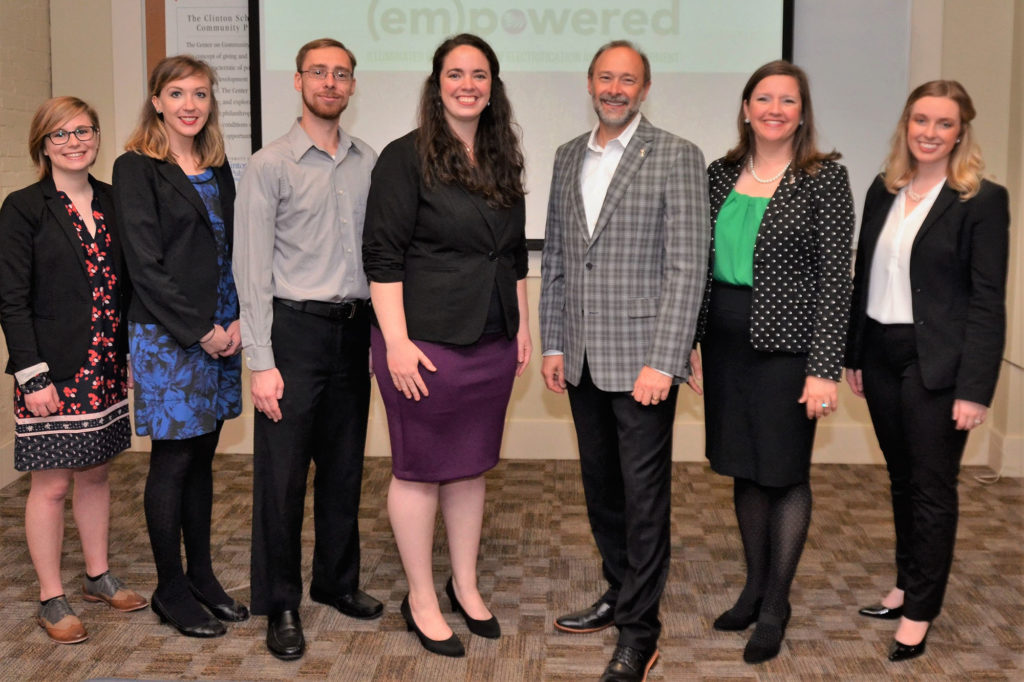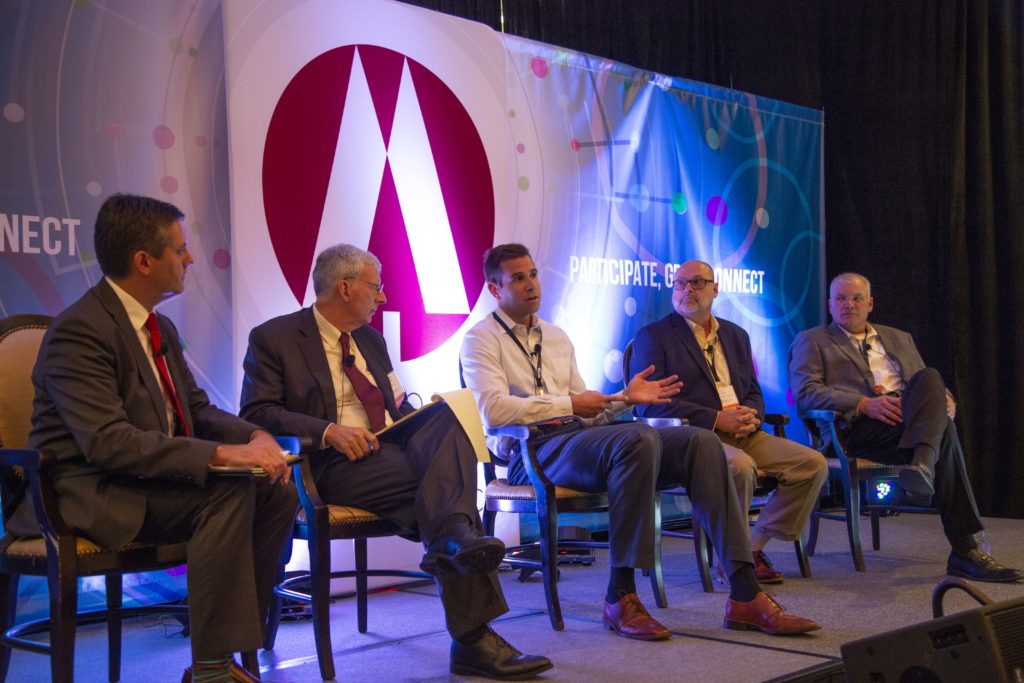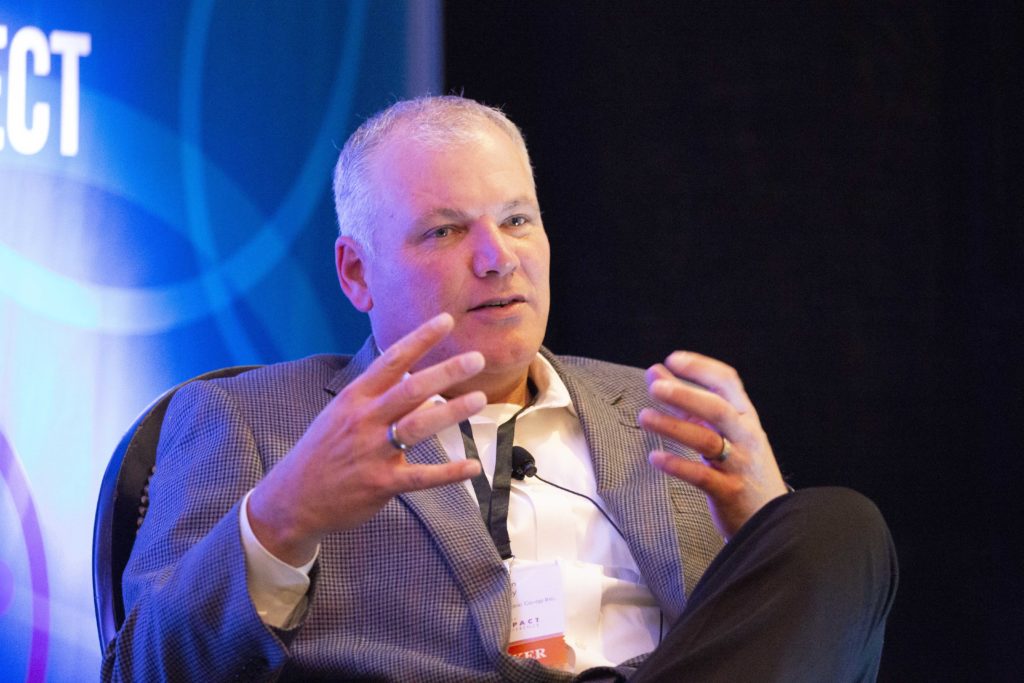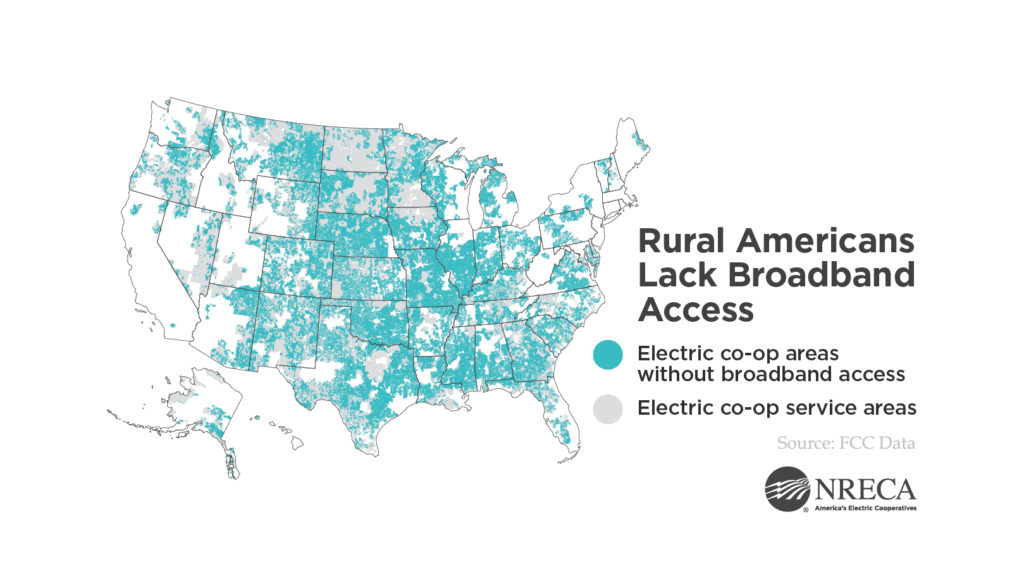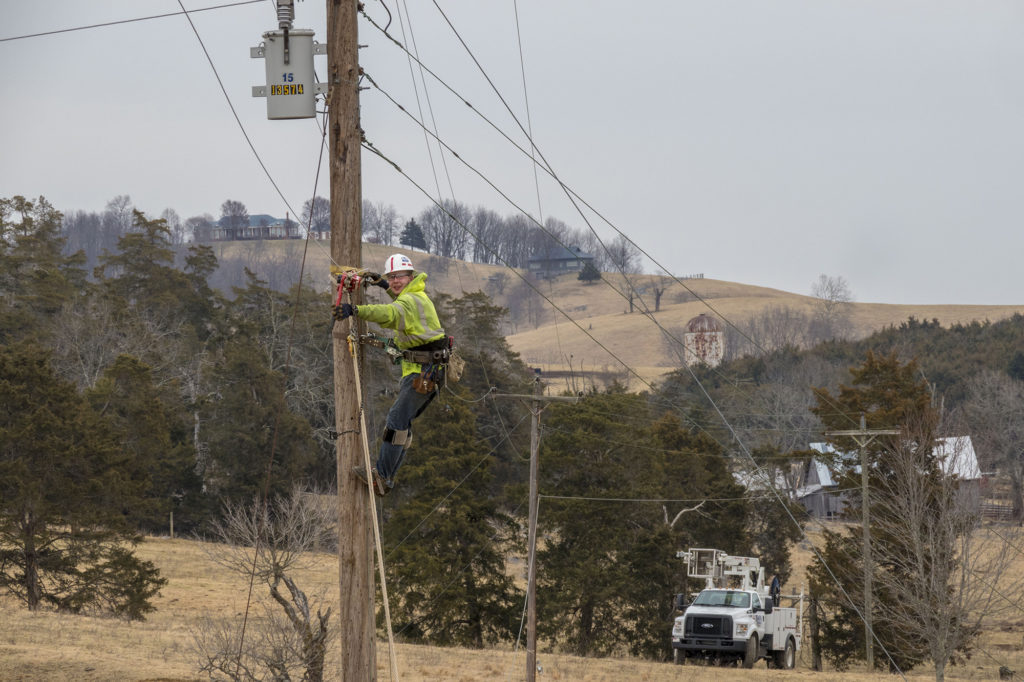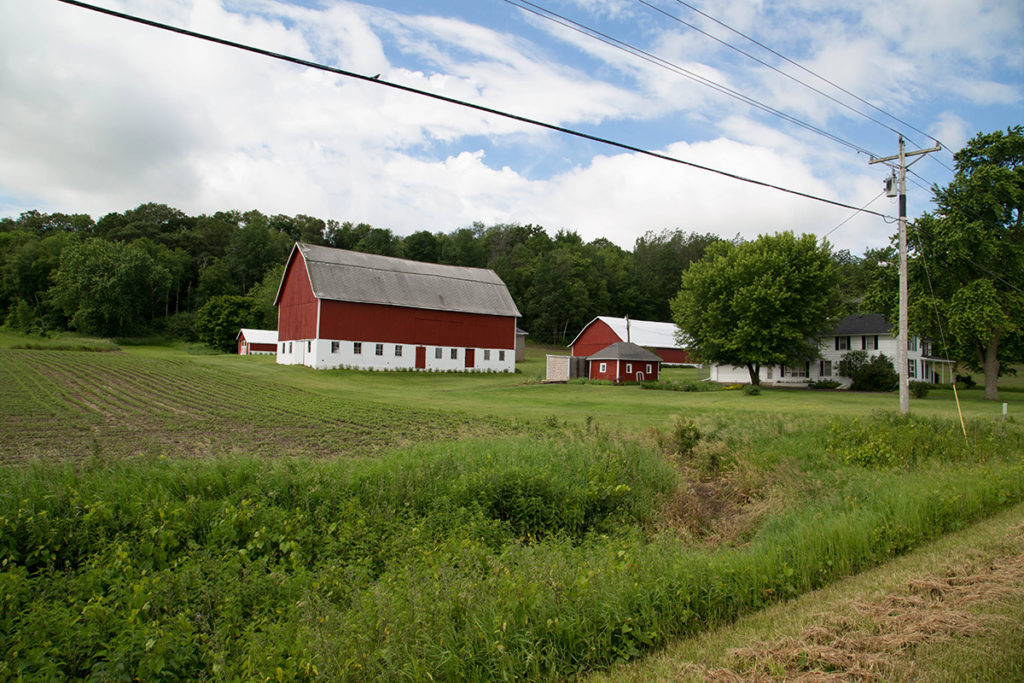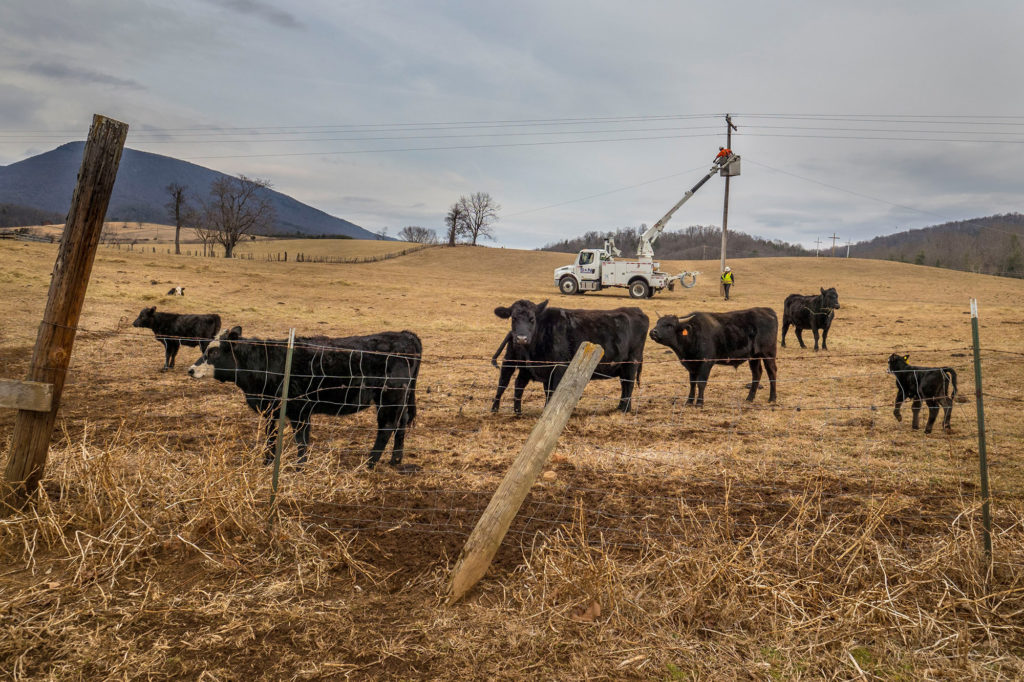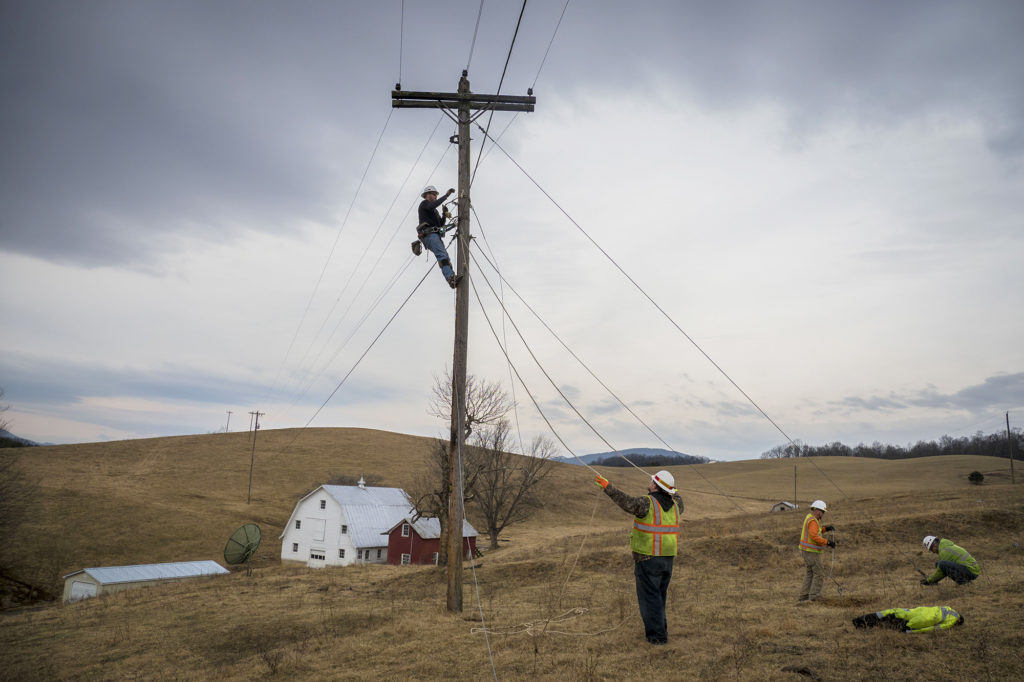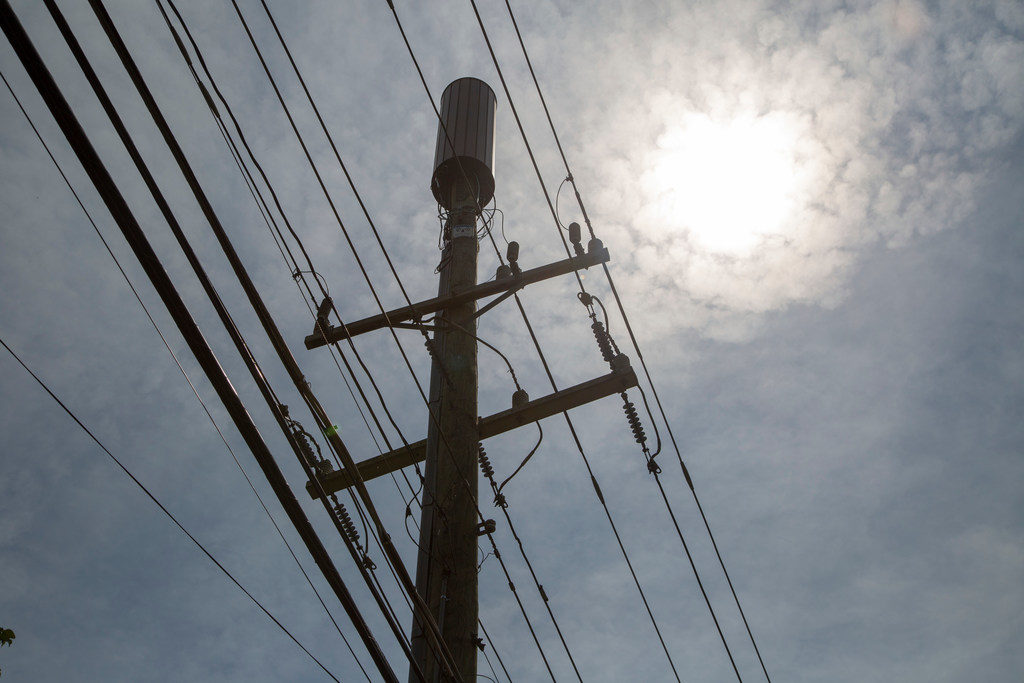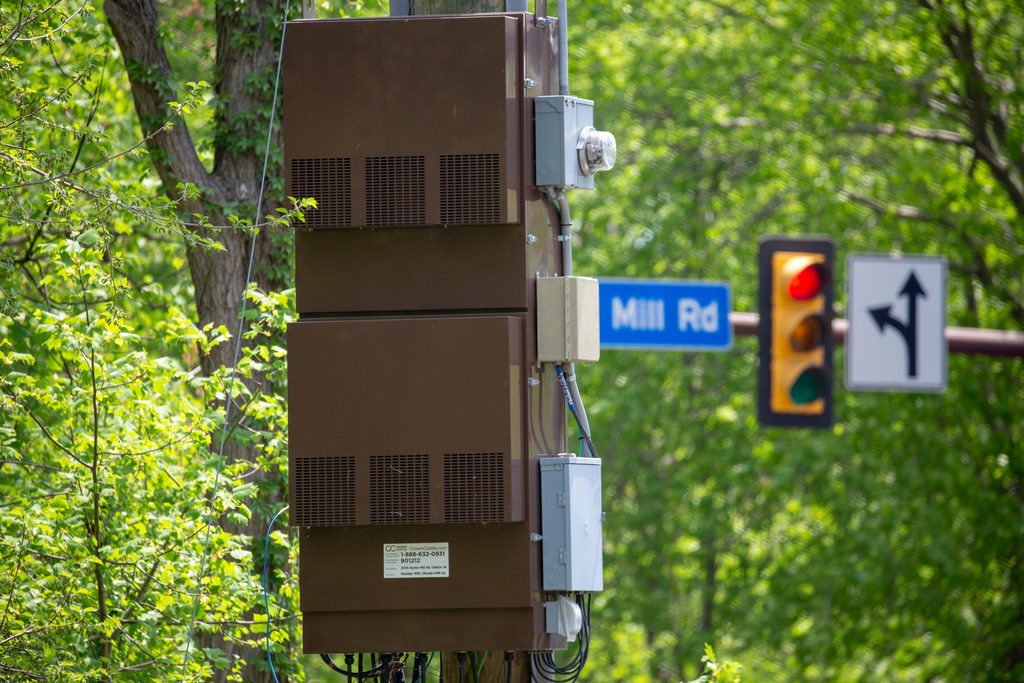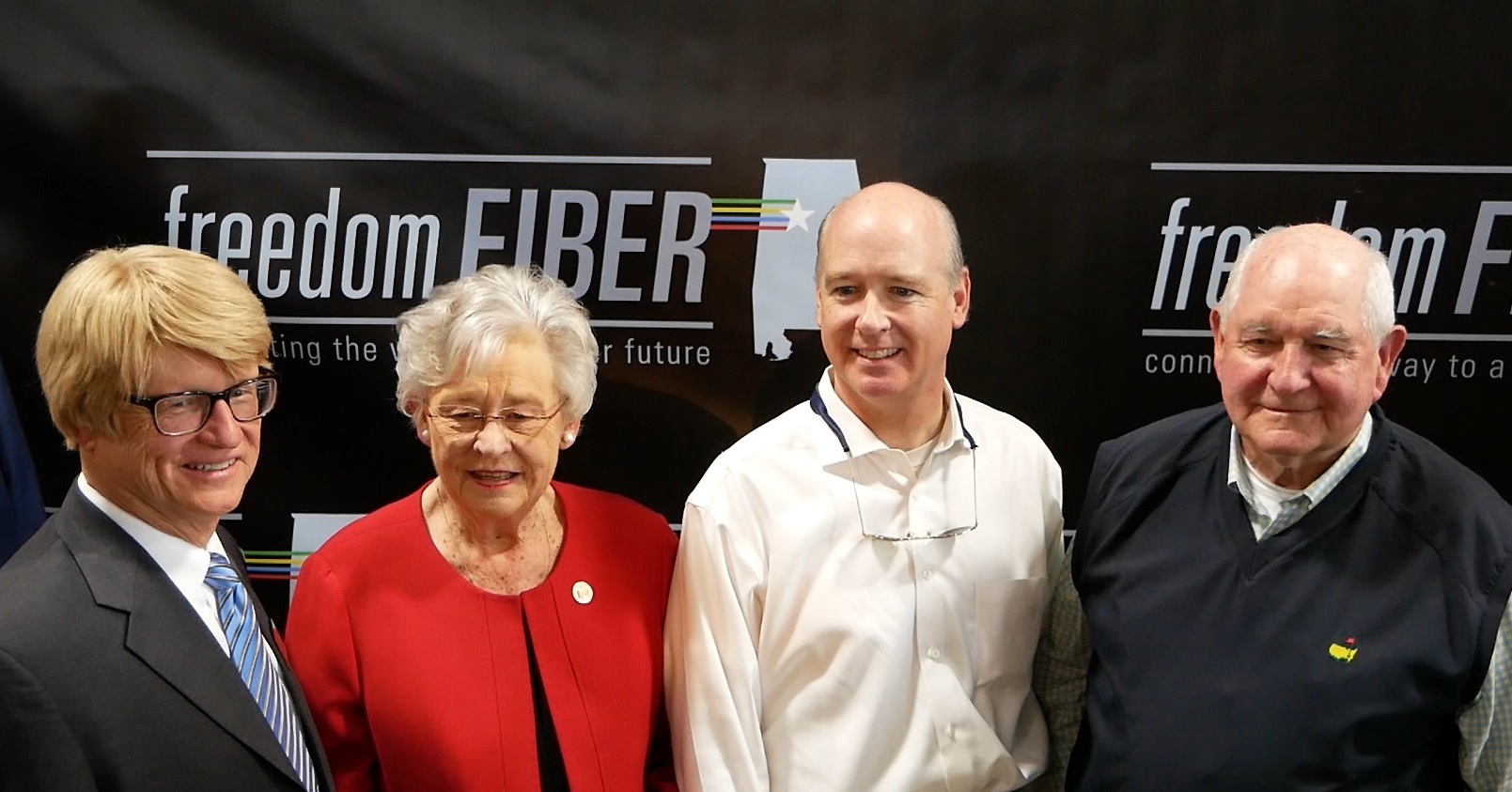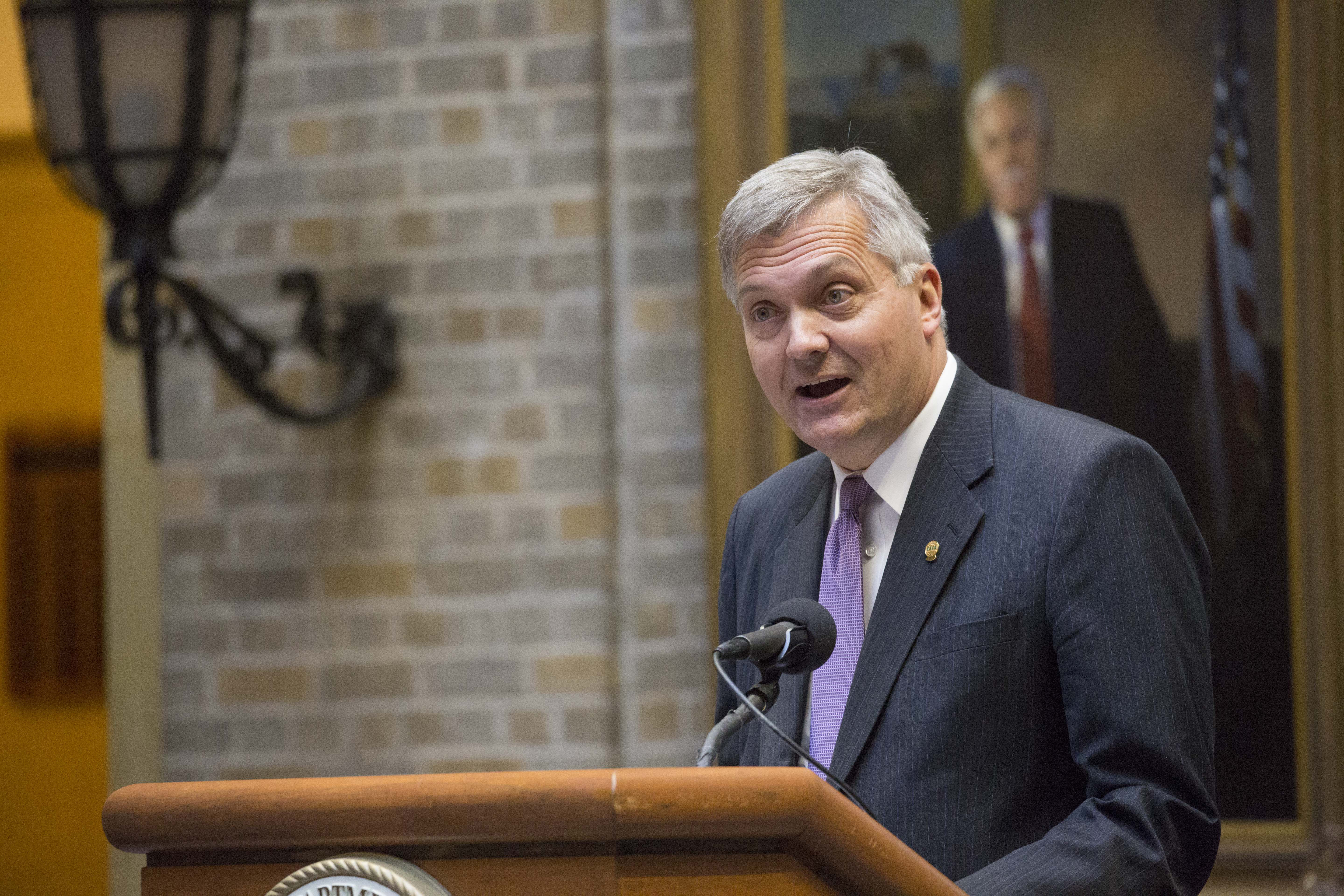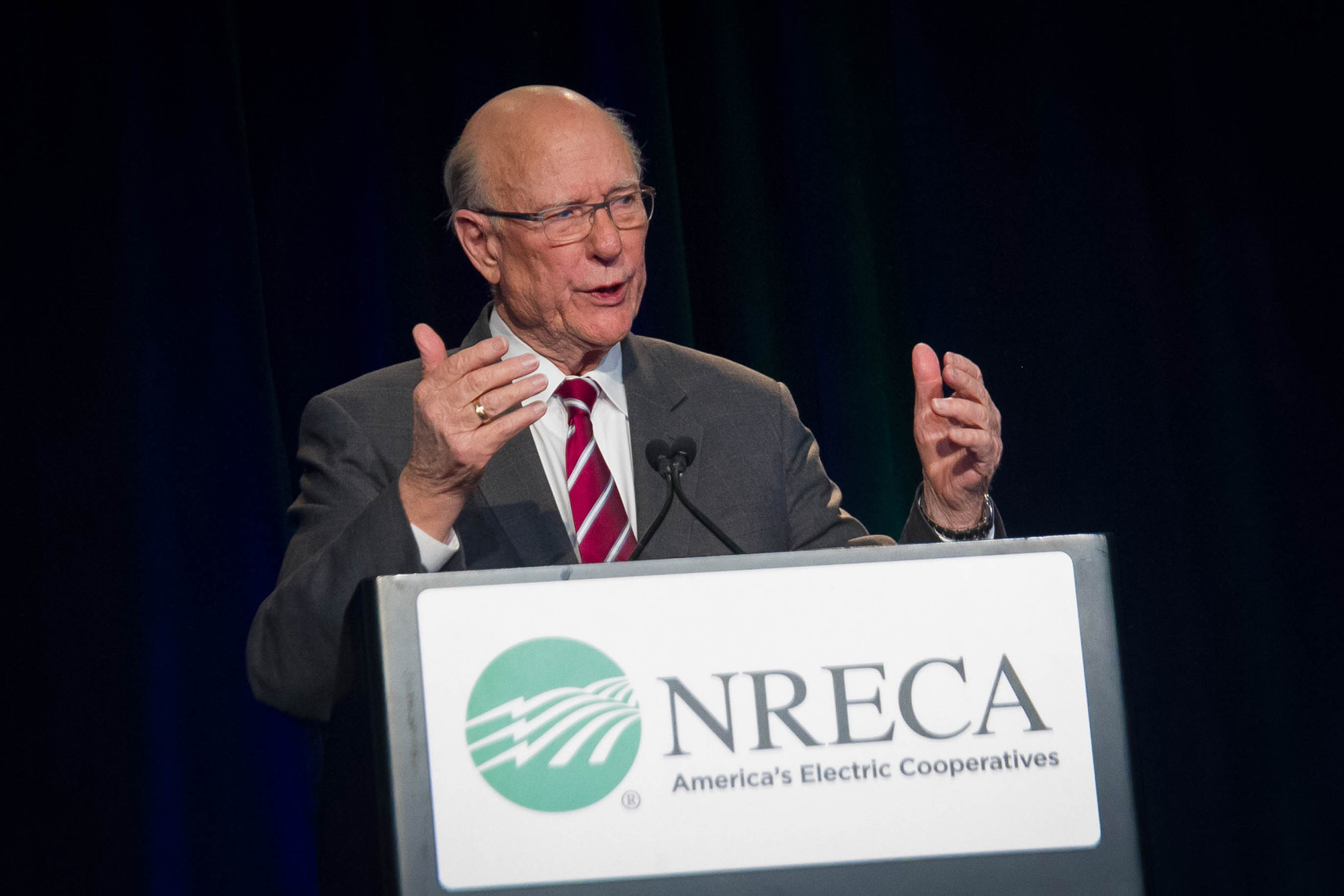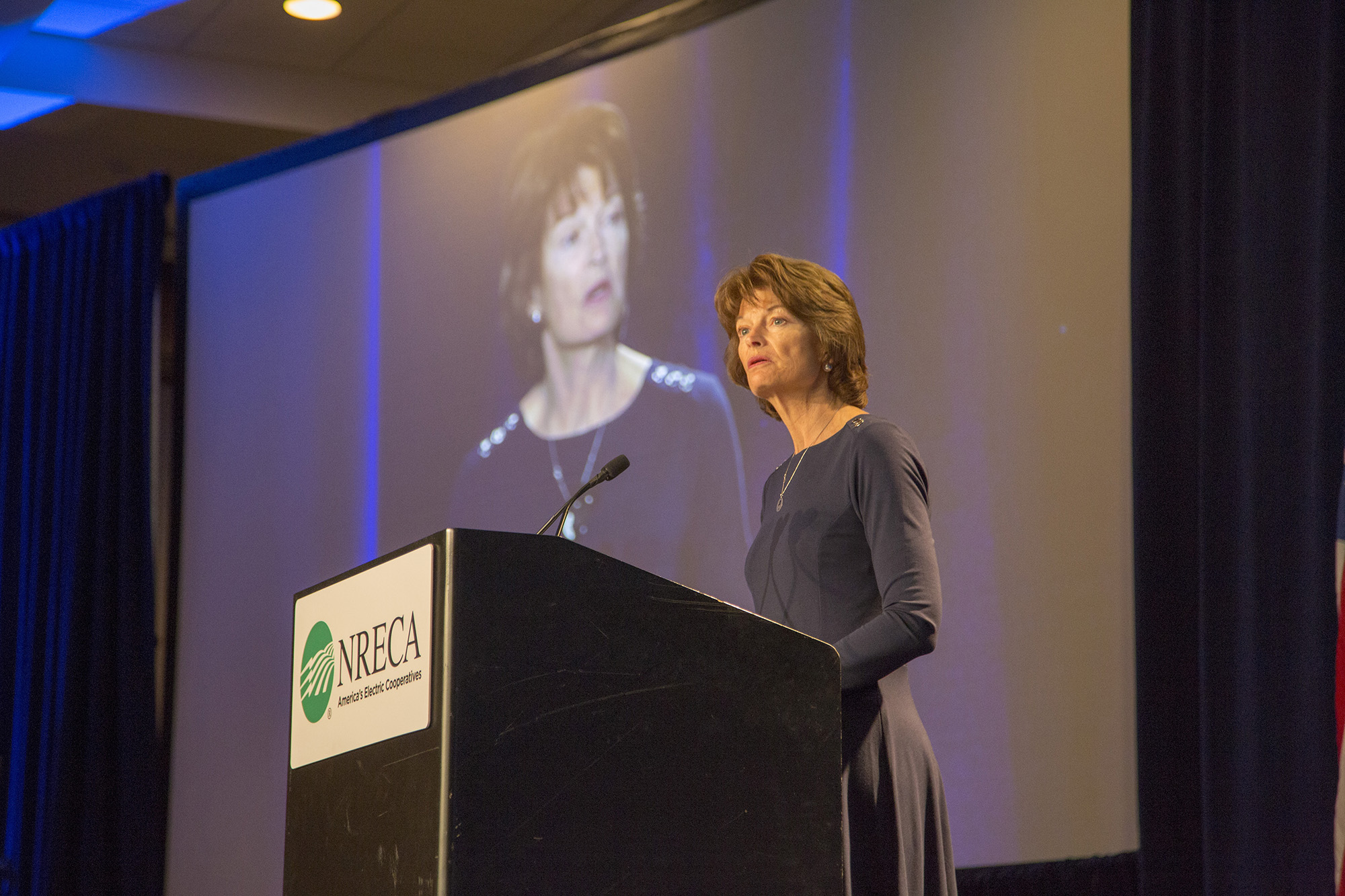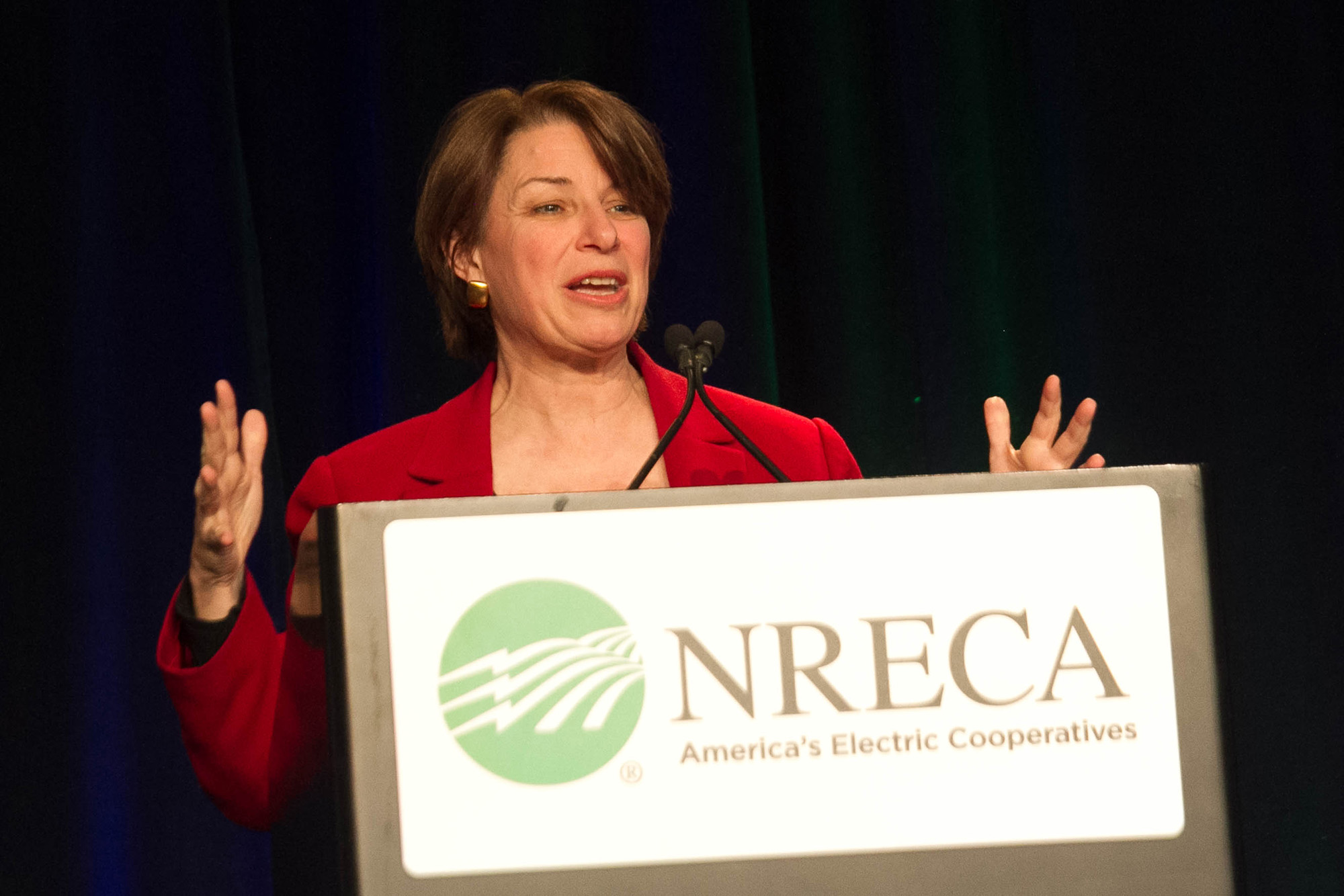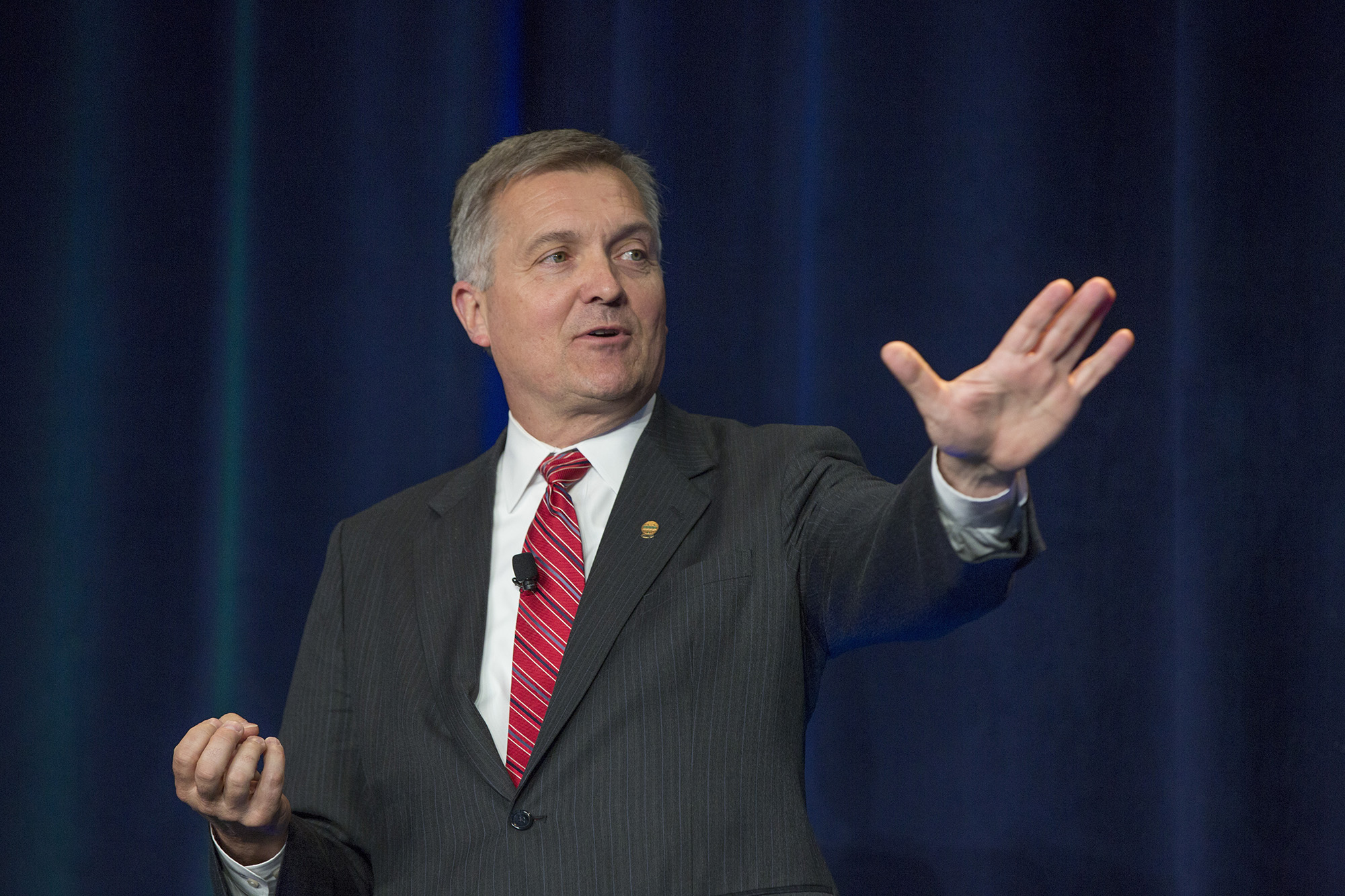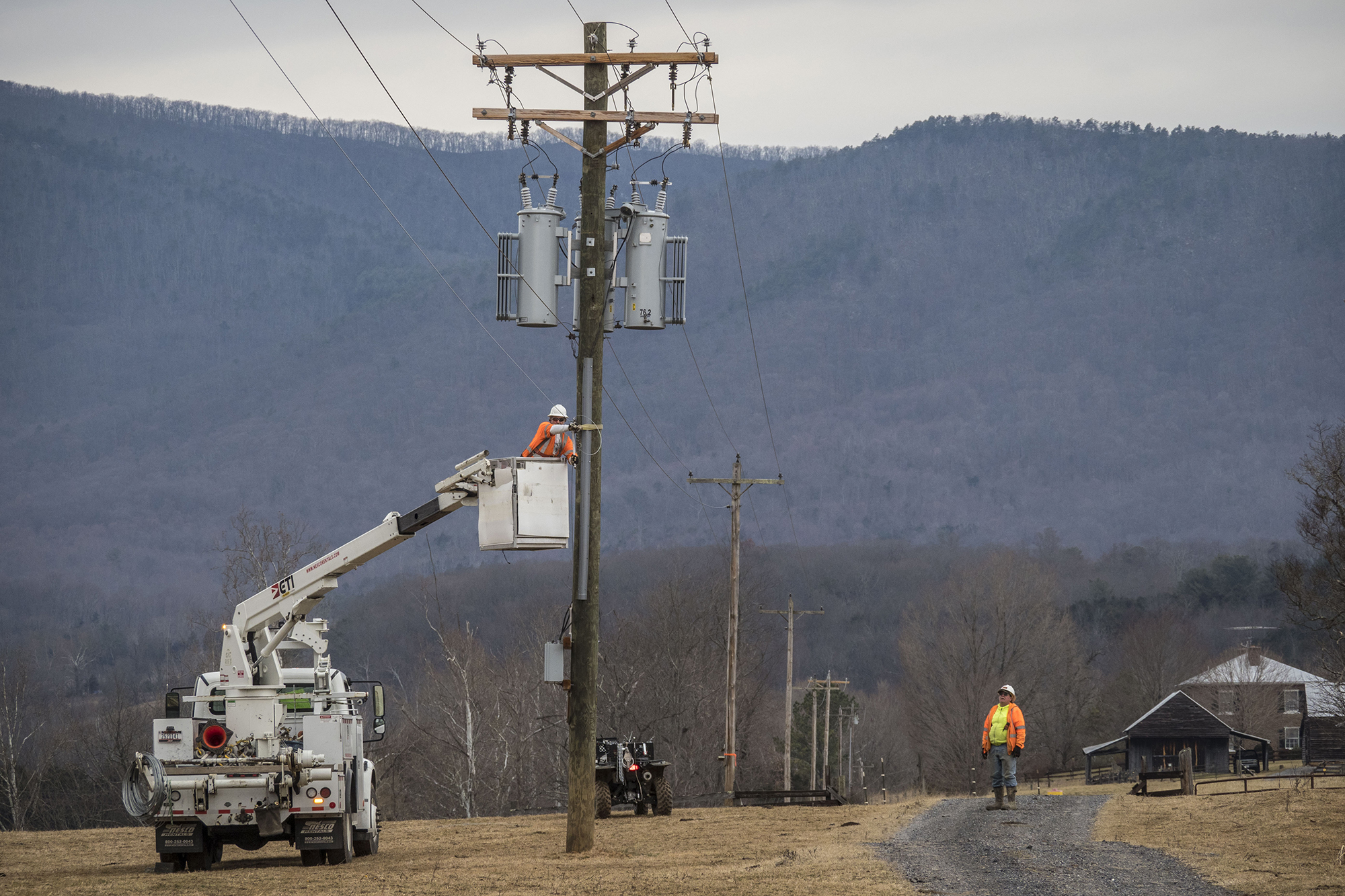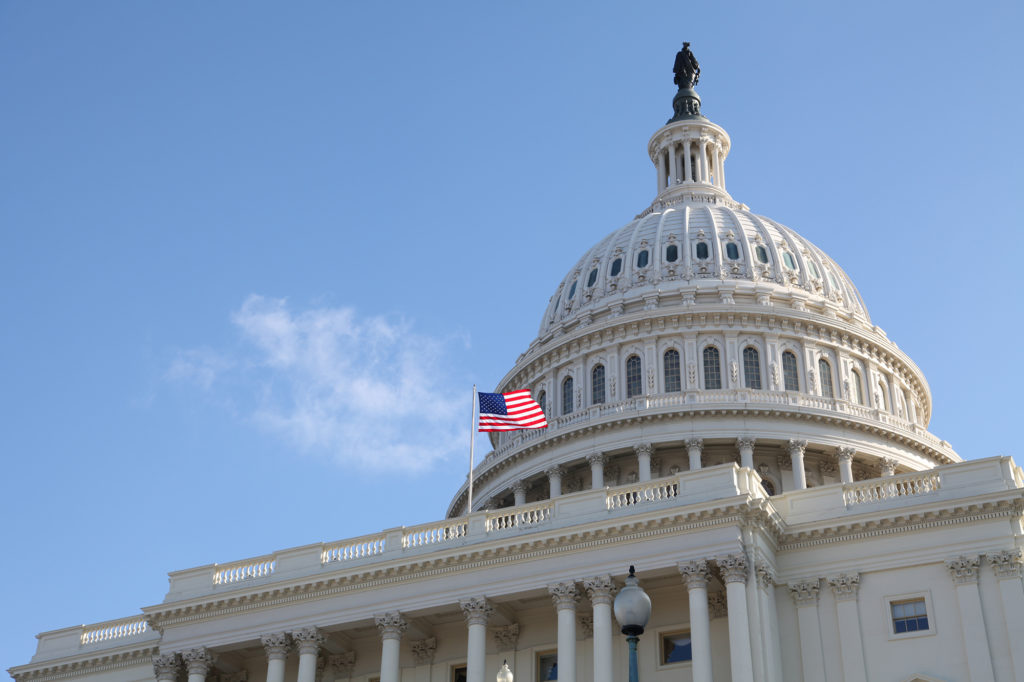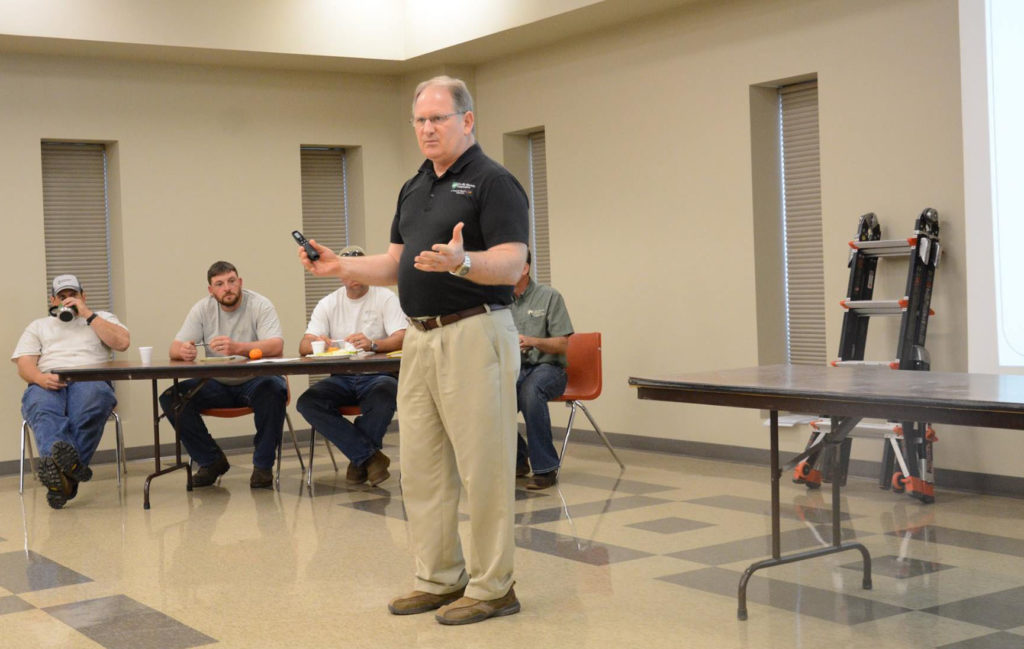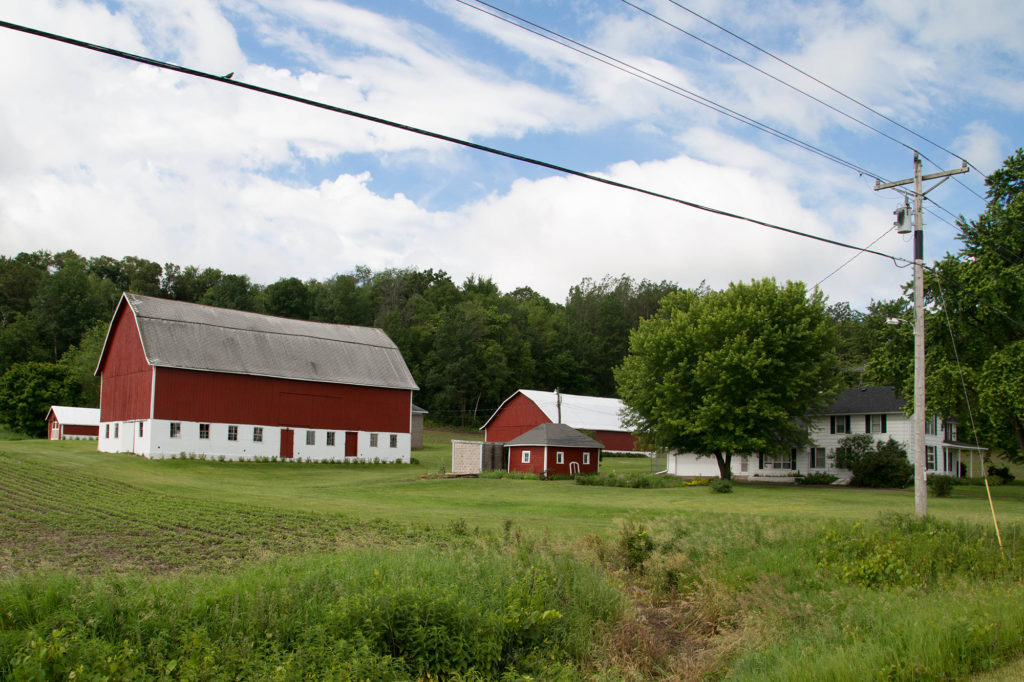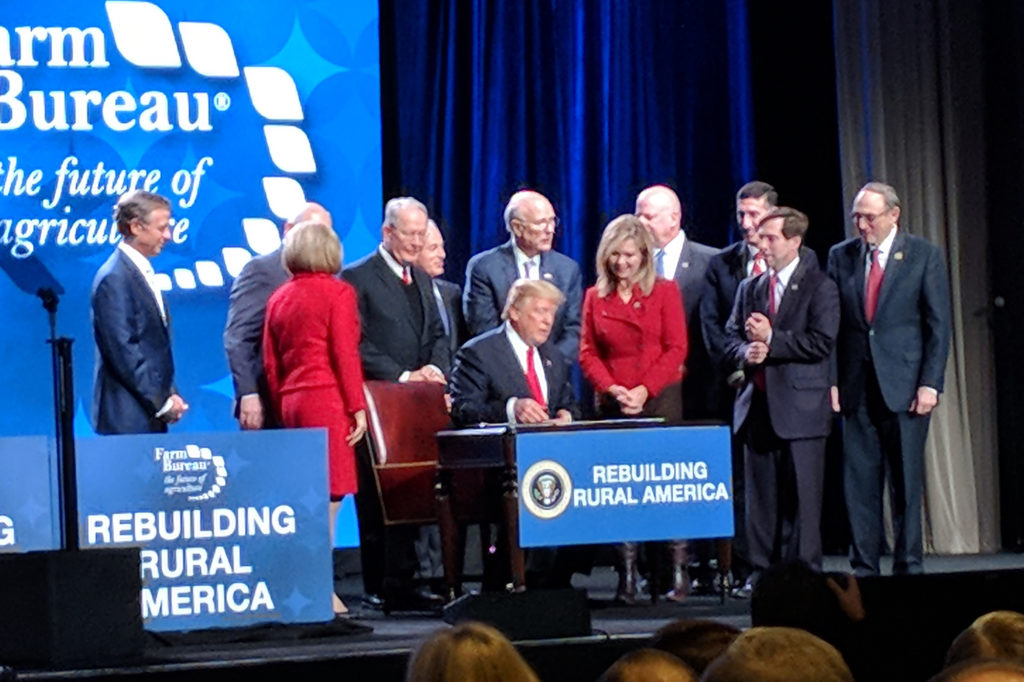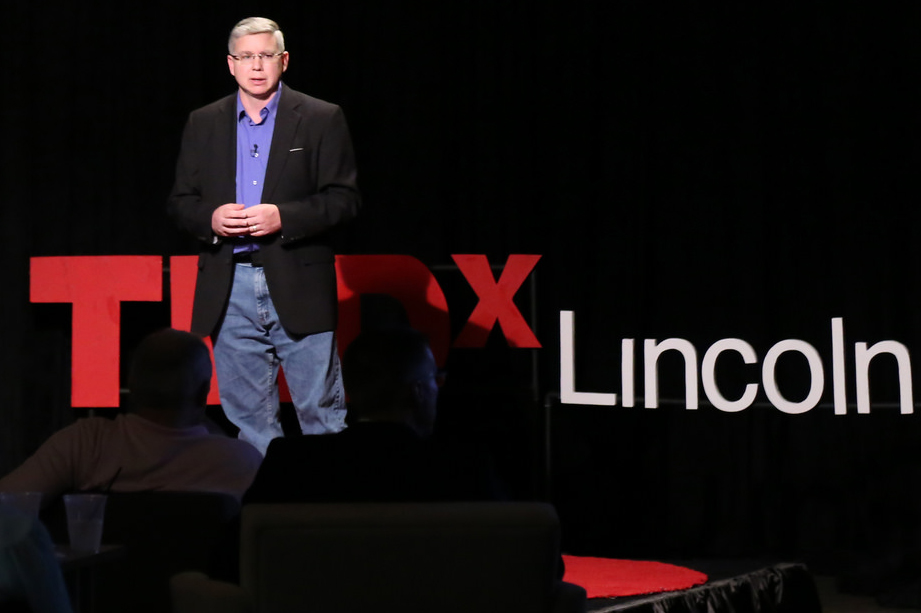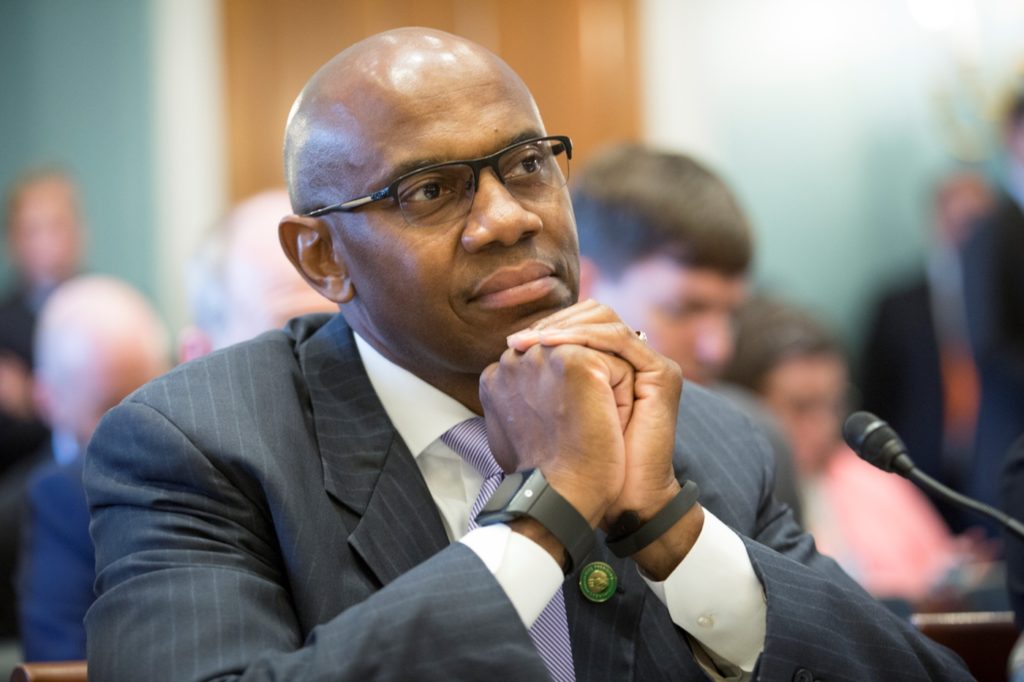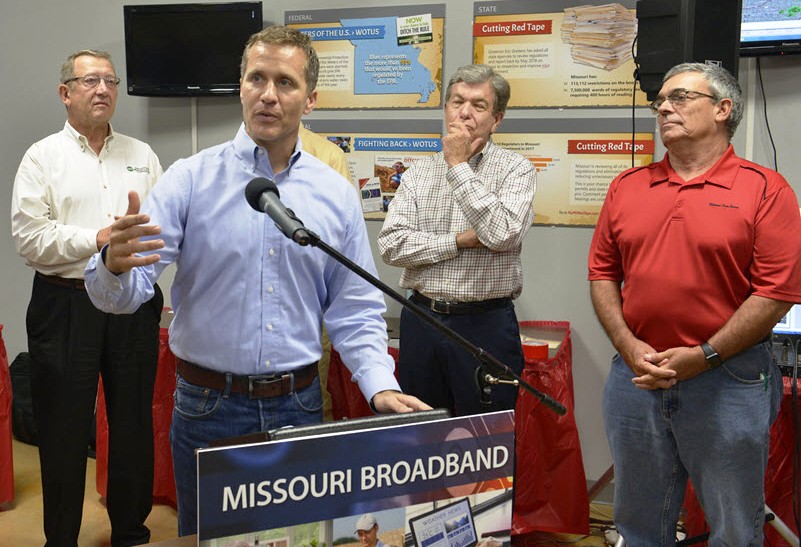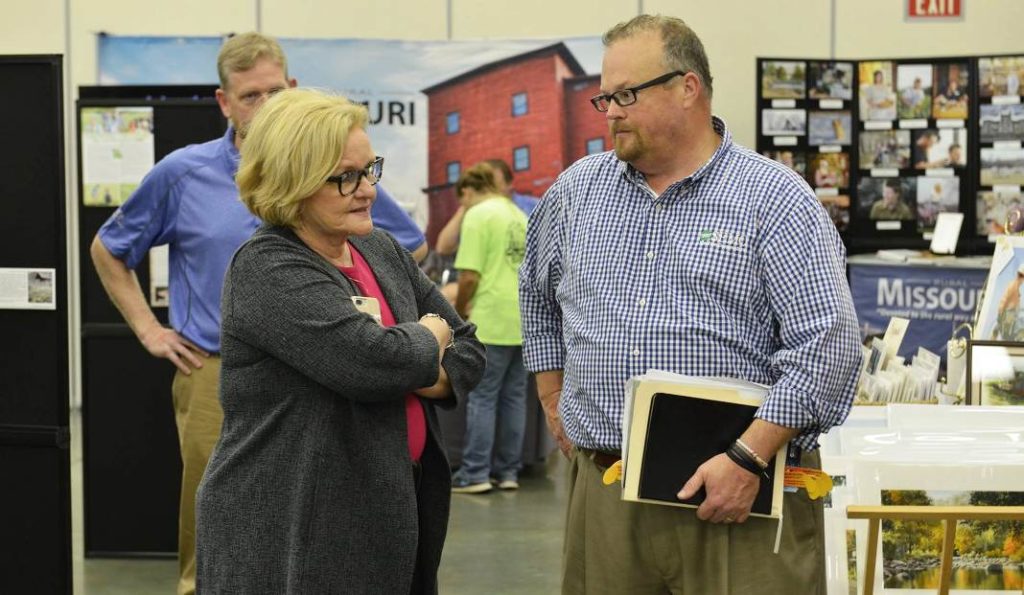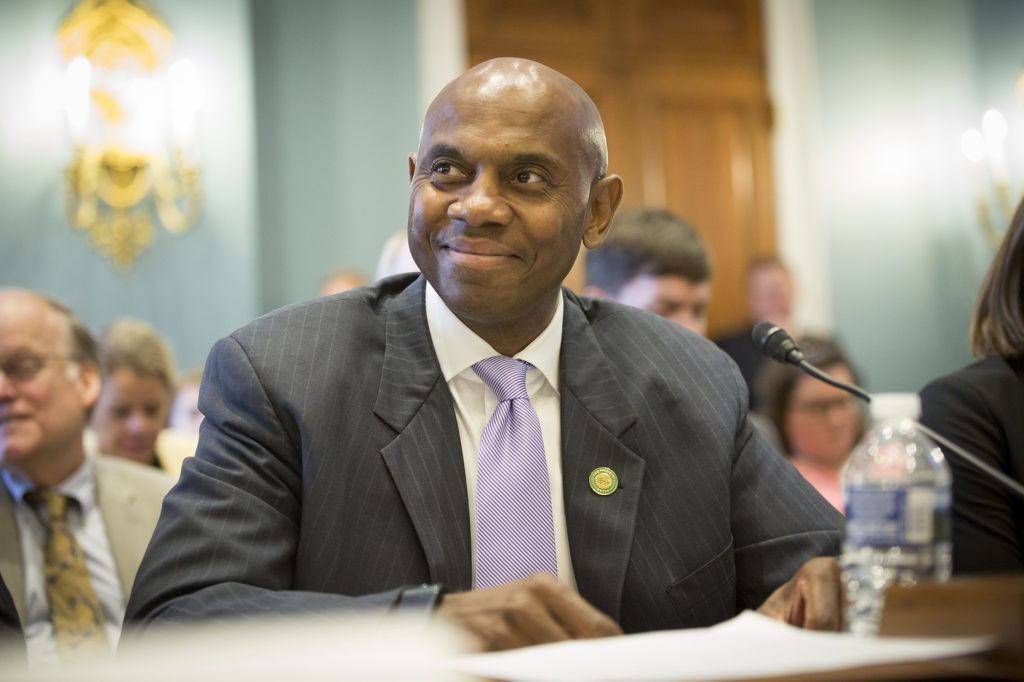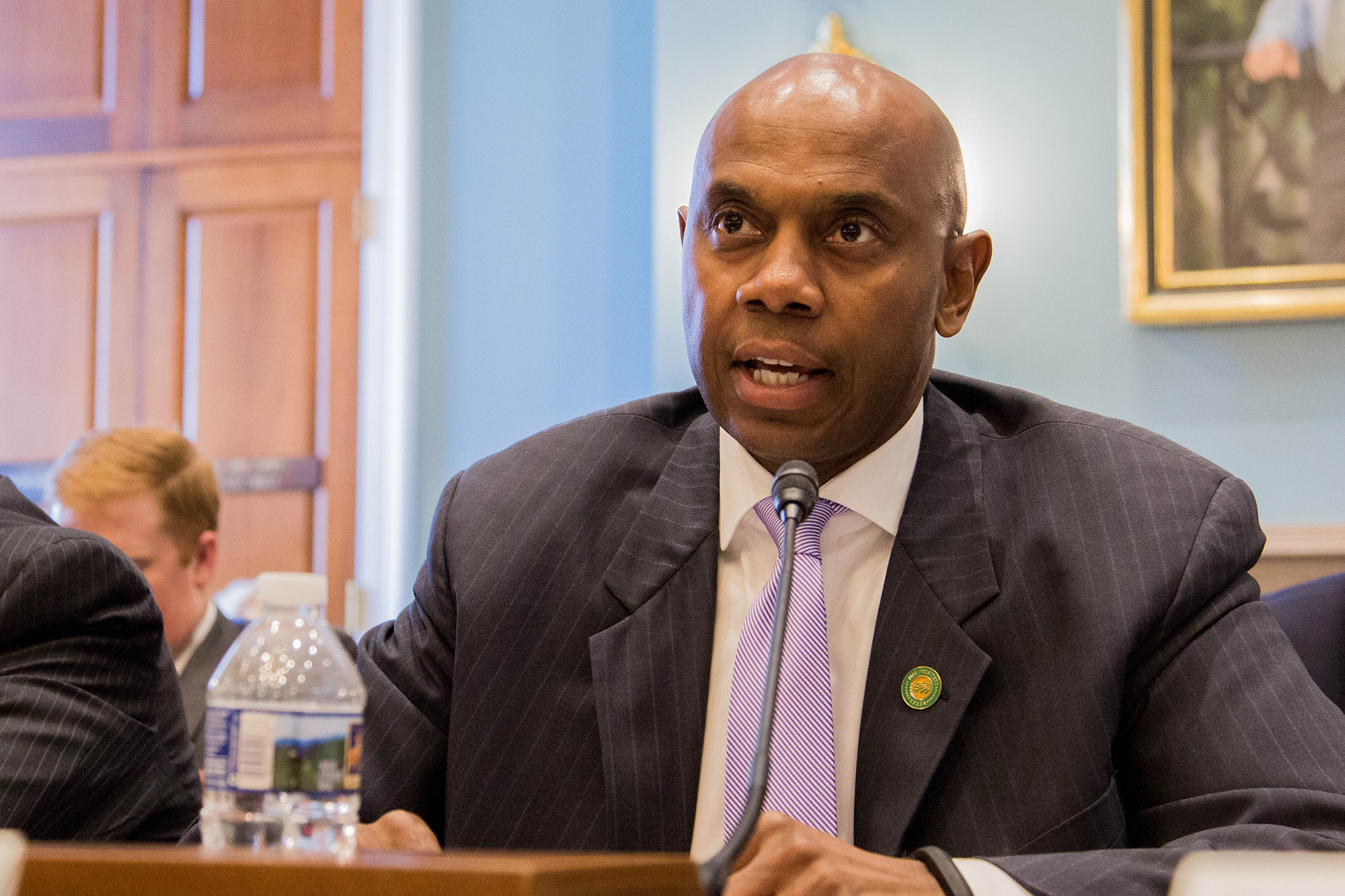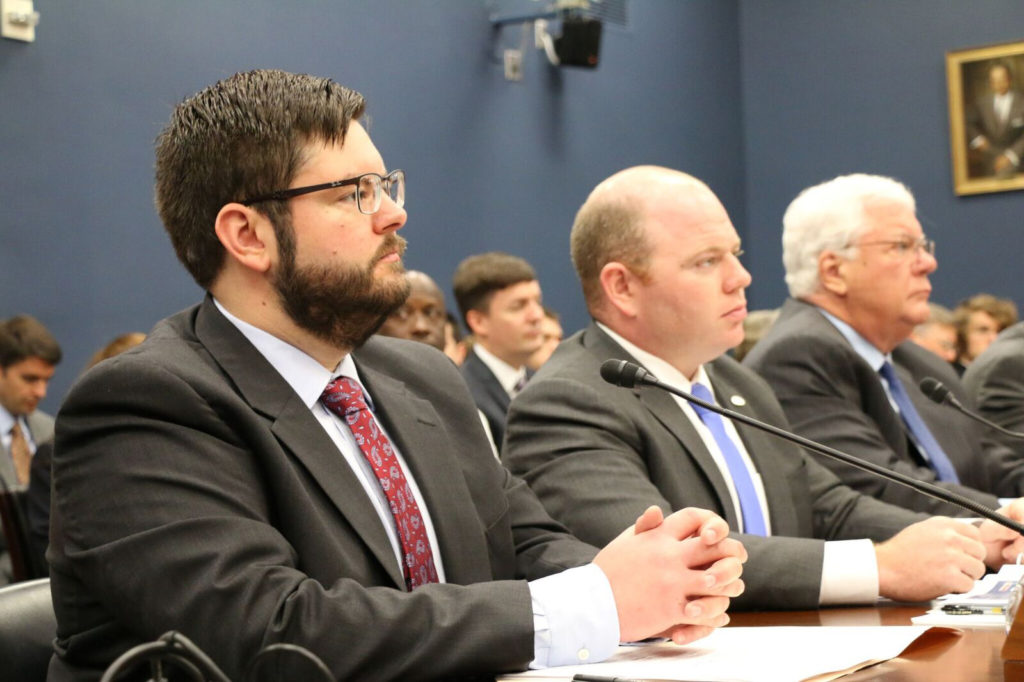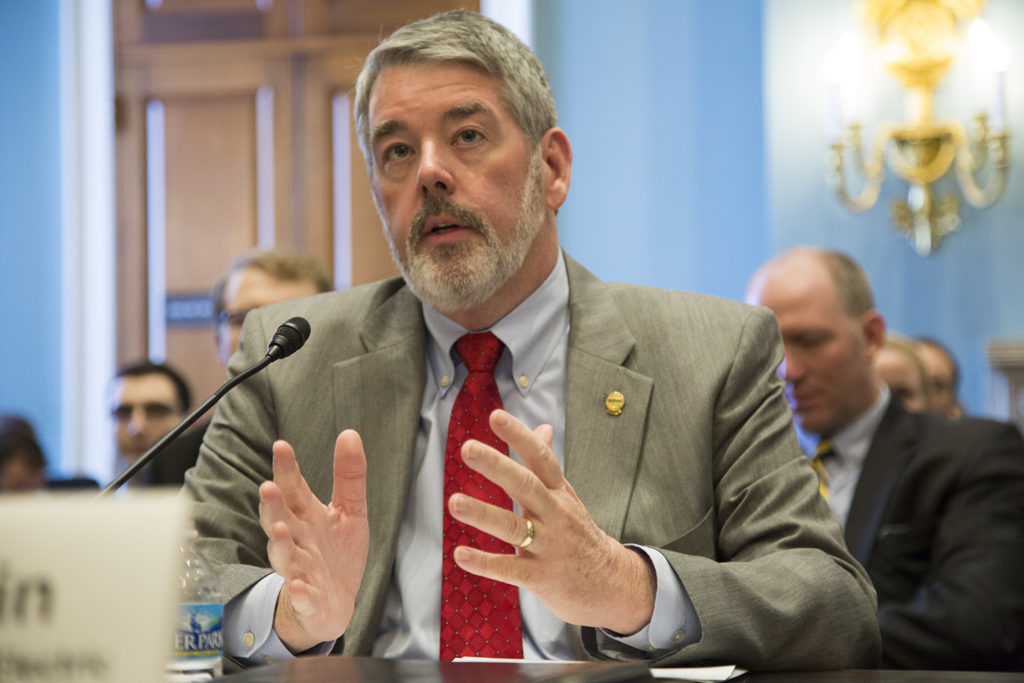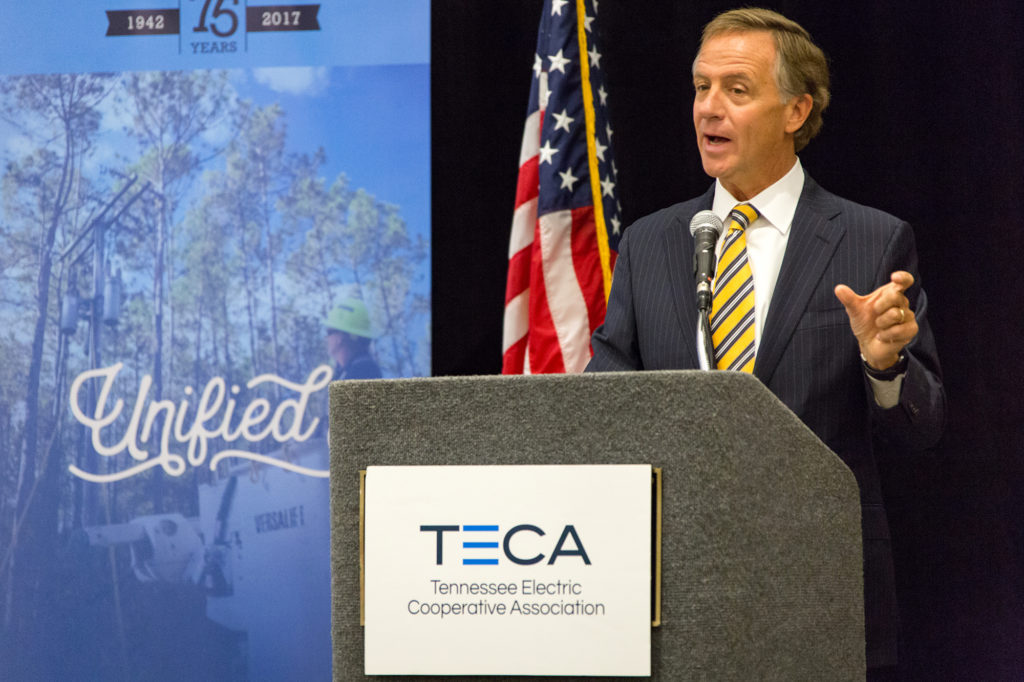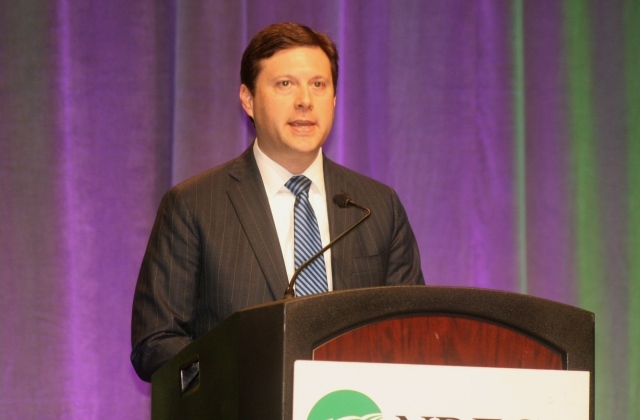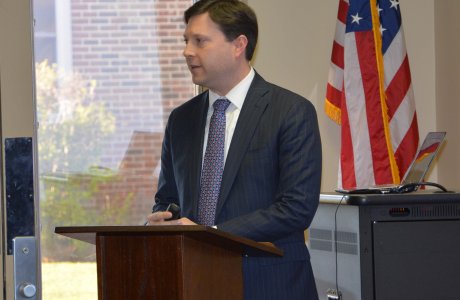Curtis Wynn is President and CEO of Roanoke Electric Cooperative. His testimony was given before the House Committee on Agriculture on July 19, 2017.
Thank you, Chairman Conaway and Ranking Member Peterson, for inviting me to testify today. My name is Curtis Wynn. I am the President and CEO of Roanoke Electric Cooperative headquartered in Aulander, North Carolina. I am also Vice President of the Board of Directors for the National Rural Electric Cooperative Association. Roanoke is a member-owned, not-for-profit, electric distribution cooperative serving around 14,000 residential, agricultural, commercial and industrial customers in northeastern North Carolina. Our system consists of over 2000 miles of line (about 7 members per mile) in 7 counties.
We serve some of the poorest, most rural parts of our state. But despite those challenges, we are doing some truly innovative work to improve the quality of life for our members. While our first priority is to deliver clean, safe, reliable, affordable electricity to our members, we have a calling to be more than just a poles, wires and electrons company. Our broader purpose is to provide the services and support that empower our communities to thrive. Rural electric cooperatives are much more than just electric utilities – we are the engines that drive economic opportunity across the heartland and to rural areas everywhere. I am proud of the role we play in these communities.
More than ever, whether you live in a rural area or in a city, we are all connected in this country. Rural areas, in particular, still grow most of the food, generate much of the power, and manufacture many of the goods that this country consumes. When rural areas suffer, the country as a whole suffers. That’s why the state of rural infrastructure should be of interest to all Members of Congress, no matter what type of district you represent.
Among our biggest challenges going forward are adapting to changes in consumer demand, accommodating an evolving generation mix, and protecting against cyber threats. I’m going to talk today about some investments that my co-op is making to modernize and meet those needs. I am aware that resources will be limited in the upcoming farm bill, but I believe a separate infrastructure package gives us a great opportunity to make further investments in these types of projects to ensure the success and stability of rural America in the 21st Century.
Rural Utilities Service (RUS)
In the early 1900’s, as urban areas began to electrify, rural areas lagged behind. Eventually, farmers and ranchers in remote areas took the initiative to form electric cooperatives and did it themselves. In the past 80 years, a lot has changed, but the same fundamental challenges still exist – how to affordably connect those few customers in low-density, high-cost rural areas. What was then called the Rural Electrification Administration (REA) is now the Rural Utilities Service (RUS) and it is as relevant today as it was back then. REA and RUS loans have helped build, expand, and improve the infrastructure across rural America necessary to provide power, deliver clean water, and deploy advanced telecommunications technologies to rural areas.
Today, RUS loans help electric co-ops reduce costs and improve reliability for our members by financing basic maintenance like replacing poles and wires. But it also helps us fund projects to make our systems more modern, efficient, and secure.
RUS depends on a yearly appropriation from the Agriculture Appropriations bill. We have historically enjoyed strong support for robust RUS funding in large part because we’re such a good investment for the federal government. The President’s Budget request for 2018 estimates that the federal government could earn up to $300 million in net revenue from RUS loans. We ask that you help us maintain that support.
We also ask that you support policies that allow us to use RUS loans to address a broad set of co-op needs – whether for advanced utility communications, renewable generation, baseload generation, or for making environmental upgrades to existing generation. Just as the times have changed and the needs of rural America have changed, so too has the RUS loan program. We have appreciated working with the Committee over the years to help make the program more streamlined and efficient, and we look forward to exploring new ways to continue to improve the program. Modernizing the RUS loan program is good for both electric cooperative borrowers and taxpayers. The RUS annually reviews and approves billions of dollars of loans, and finding ways to more efficiently process those loans reduces burdens on taxpayers while meeting borrowers’ needs more efficiently as well. Another important financing option available to electric cooperatives is loans from cooperative banks. Co-op banks add healthy competition and a diversity of sources of capital to the marketplace. We encourage you to continue that policy.
Robust Communications Infrastructure
In the 21st Century, robust communications infrastructure is just as important to our business operations as traditional generation, transmission and distribution assets. This high-speed communications capability makes our system more efficient, it makes our grid more secure, and it has the capability to make our consumers more comfortable and productive.
Roanoke Electric Cooperative is currently undertaking a $4 million project to lay a fiber communications “backbone” in our service territory. Our main motivation for bringing this broadband technology to the area is to take care of our internal, operational needs. As a result, this project will reduce outage frequency as well as response time to outages while better equipping Roanoke to help member-owners manage energy and reduce system losses. We want to ensure that all of our substations can communicate with one another in order that we can better predict and manage outages, protect our substations and metering equipment from vandalism and theft, and communicate with each individual member-owner about their usage.
Once this foundation is in place, there are a lot of things we can do with it. One option we are currently studying is whether we can leverage this fiber backbone and partner to provide broadband internet to our consumers’ homes. In a world of video streaming, telecommuting, video conferencing, online education, and telemedicine, connectivity is not a luxury. It’s a necessity. A connected home is also a more efficient, comfortable taking advantage of “smart” technologies like thermostats and hot water heaters which assist the cooperative in managing peak load and save money for our members.
Unfortunately, many homeowners and businesses in our region do not have access to reliable internet service. The absence of high-speed internet denies our member-owners and others in the region access to all the amenities that most urban areas enjoy. It also discourages businesses from investing in our communities which results in missed job opportunities.
Many comparisons are drawn between the lack of access to robust broadband service today and the need for electrification in rural areas 80 years ago – with the urban areas of the country well-served, and rural areas being left behind. We believe that many different types of solutions will be needed to help rural Americans keep pace with their urban counterparts. As Congress contemplates telecommunication and infrastructure policies, we believe that all potential providers including electric cooperatives should have access to a diverse set of tools to help bridge the digital divide.
Innovation and Energy Efficiency
Upgrade to Save
For years, electric co-ops across the country have provided information and advice to consumers to help them use electricity more efficiently and cost-effectively. As I mentioned before, because we don’t have a profit motive, we have a unique opportunity to help our consumers use less energy and save money.
At Roanoke, we have a program called Upgrade to $ave where we work with our member-owners to make investments in energy efficiency in their homes that allow them to save money on their bills without making any upfront payments or incurring new debt obligation. In return, participating member-owners share the energy savings with the cooperative at a level that assures immediate financial savings for our participants and full cost recovery for our cooperative. In addition to improved comfort and saving money for our members, the program promotes local jobs by using local businesses and contractors to do these building retrofits.
We can do all this because we received a $6M loan from the Rural Utilities Service through the new Energy Efficiency & Conservation Loan Program (EECLP). In the first eighteen months of the program, local contractors completed upgrades to over 200 homes with average estimated energy savings above 20%. Most of the projects involved air sealing, duct sealing, insulation, efficient lighting, and installation of high efficiency HVAC equipment such as heat pumps.
In addition to generating energy savings, participants in Upgrade to $ave also generate spillover benefits such as reducing demand during periods of extreme weather. As a result, our cooperative benefits from lower wholesale costs for both peak demand and energy. We use some of the surplus benefits that accrue to all member-owners to pay for the cost of administering the program, which is an option open to all member-owners.
Community Solar
We’re also proud to be partnering with several of our neighbor co-ops to install a 360 panel community solar project in our service territory. Our project was created in the same spirit that drove the creation of Roanoke Electric Cooperative. More than 75 years ago, electricity was out of reach for residents in our community. A group of people joined together to create our electric cooperative and power our lives. Today, solar energy is out of reach for a lot of people. Among other barriers, it can be expensive to set up and maintain. So we answered our members’ call to do something about it.
Today, our members have the opportunity to purchase the energy output of these panels, investing in clean renewable energy and lowering their monthly electric bills. We think community solar has a lot of advantages for our members. For example, it can be a cost-effective alternative to installing new panels on your own home, and it provides options for renters who don’t own their own property. Our site is well suited for a solar installation, so you can be sure you’re getting the most out of the sun’s potential. And we take care of the maintenance.
Today the North Carolina Electric Cooperatives and its consumer members support more than 2MW of community solar at 11 electric cooperatives throughout the state. To help make these projects more affordable, we have received four Rural Energy for America Program (REAP) grants from USDA. The total cost of all these projects was approximately $5.1 million and the REAP grants offset approximately 20% of the cost, around $1 million.
Microgrids
A microgrid is a group of interconnected loads and resources connected to the main electric system, which can connect and disconnect from the grid. North Carolina’s electric cooperatives have the state’s first grid-interconnected microgrid on Ocracoke Island and another microgrid in development, the Butler Farms Microgrid. We partnered with several organizations, EPRI, Telsa, and Ecobee to implement the microgrid.
The Ocracoke Island microgrid located off the outer banks is an exercise in community resilience, protecting the island that is often in the path of offshore storms, and can be used for demand response, energy arbitrage, and ancillary services in the PJM power market. The resources in the microgrid include a 3 MW diesel generator, a TESLA 500 kW / 1 MWh battery, 15 kW of solar, and 300 internet-connected consumer devices (thermostats and water heaters). These resources also can reduce reliance on the main power grid during times of high demand when the island reaches its peak population in the summer. It also serves as an opportunity to test the integration of this technology as the state’s electric cooperatives look to use the concept elsewhere.
The Butler Farms microgrid is an opportunity to integrate swine-waste bio-fuel generation and solar existing on the farm to support the local community. With the addition of a Samsung 250 kW / 750 kWh battery and distribution controls, the generator can continue to produce energy, even if the main grid has been disconnected. Additionally, another first for the state, up to 100 homes in the area can be supported during times of localized outages through these distribution controls. This utility-facing consumer microgrid will also be used for demand response to save consumers money when electricity is most expensive.
The North Carolina Electric Cooperatives are working together on these innovative research projects in order to learn how these technologies can be integrated into our distribution systems, while continuing to provide affordable, reliable energy to our members. These demonstration projects with successful outcomes can later be integrated into the grid through multiple applications modernizing the electric system.
Rural Economic Development Loans and Grants (REDL&G)
No matter how successful you are at delivering electricity, if you don’t have an economy that supports good jobs, rural America will languish. Under the Rural Economic Development Loan and Grant (REDLG) program, USDA provides zero-interest loans to utilities (including electric co-ops), which, in turn, pass the funds through to local businesses and other groups that create jobs in rural areas. This positive cycle of business development can strengthen both the co-op and the local community by helping stabilize populations and the co-op’s customer base. Since REDLG is funded in part by the interest and fees paid by co-op borrowers, it’s a good deal for the federal government as well.
North Carolina has utilized REDLG loans and grants better than any other state in the country. Since 2012, North Carolina electric cooperatives have used REDLG programs to partner with 99 projects for a total investment of nearly half a billion dollars which have created over 2600 jobs. REDLG funding has been used for weatherization, school construction, libraries, public safety, medical facilities and equipment, industrial buildings and equipment, and infrastructure.
For example, Energy United provided a $2 million loan to Davie County and $1 million loan to the town of Mocksville which was used to provide infrastructure to support the recruitment of Gildan manufacturing. Gildan ultimately invested $116 million in their new facilities at the site and created 292 jobs.
Another example of how the REDLG program has benefited rural communities is the $950,000 loan made by Lumbee River EMC to the Puppy Creek Fire Department. The fire department is located in a rural area of Hoke County which has grown recently due to its location near military bases. Because the fire department didn’t have the ability to reach the upper floors of some of the newer, taller buildings, insurance rates were going up for everyone in the neighborhood. We were able to facilitate the purchase of a new ladder truck that could better service the community, bringing down insurance premiums for the entire community.
Regulatory Reform
Lastly, we believe electric cooperatives should have broad latitude to take necessary actions they need to take to meet their consumer demands. The cooperative model of local, democratic control makes us good stewards of our communities. The federal government should have a reasonable regulatory philosophy that recognizes that relationship.
We support reforms to the National Environmental Policy Act (NEPA) and to the Endangered Species Act (ESA) to promote the development of rural infrastructure. In addition, streamlining federal government management practices on federal lands will make it easier for electric co-ops to maintain safety and reliability by performing needed vegetation management to prevent threats to power lines and respond to emergencies.
Conclusion
We are a healthy nation because we have vibrant, bustling urban cities AND because we have verdant, productive rural areas. Unfortunately, whether it’s infrastructure or jobs or access to health care, it seems that too often rural America gets the short end of the stick. You have an opportunity to address some of those disparities.
Electric cooperatives enjoy a productive partnership with the federal government and with the communities we serve to promote the health of rural America. We look forward to continuing to work with you toward that important goal. Thank you again for the opportunity to testify here today. I’m happy to answer any of your questions.
